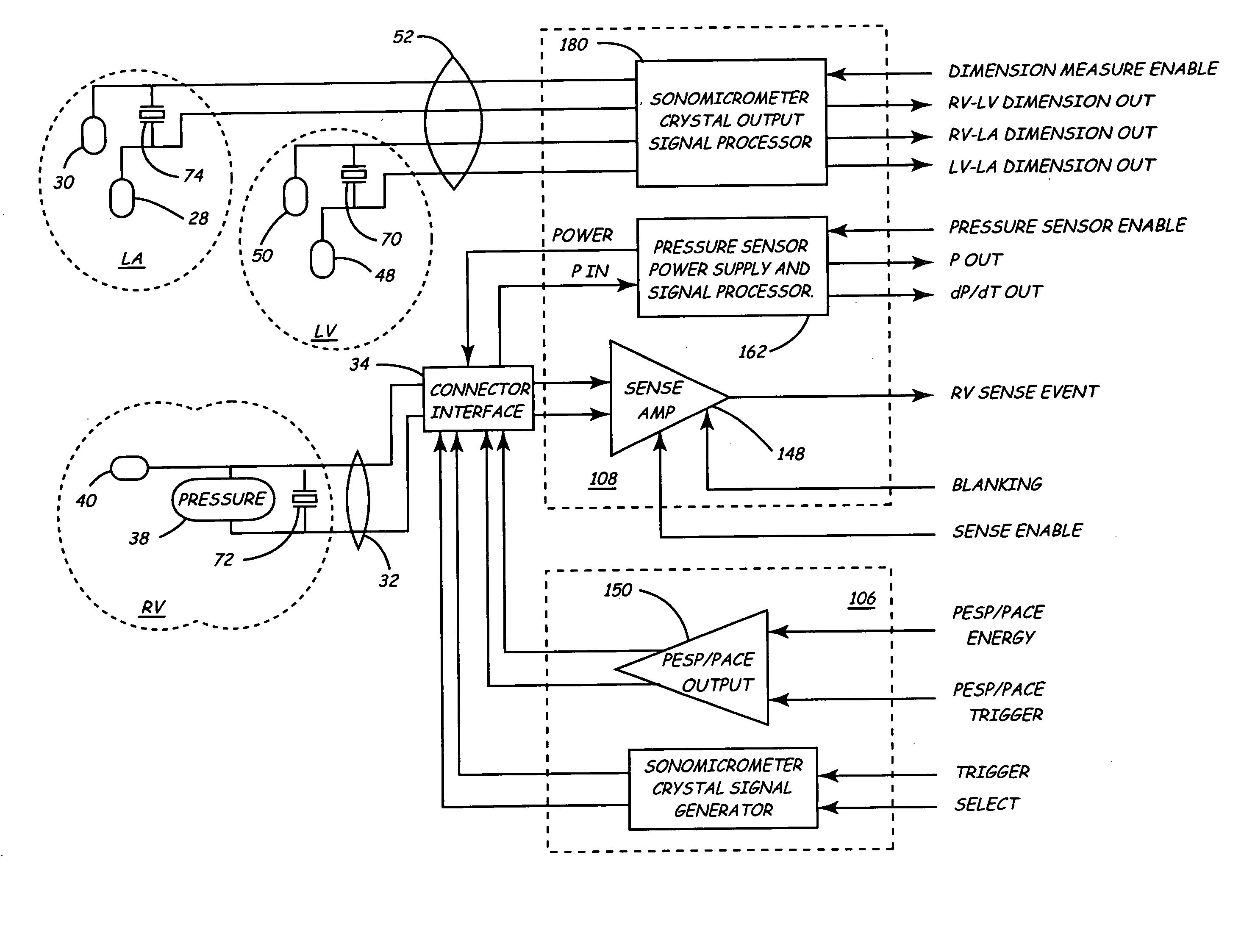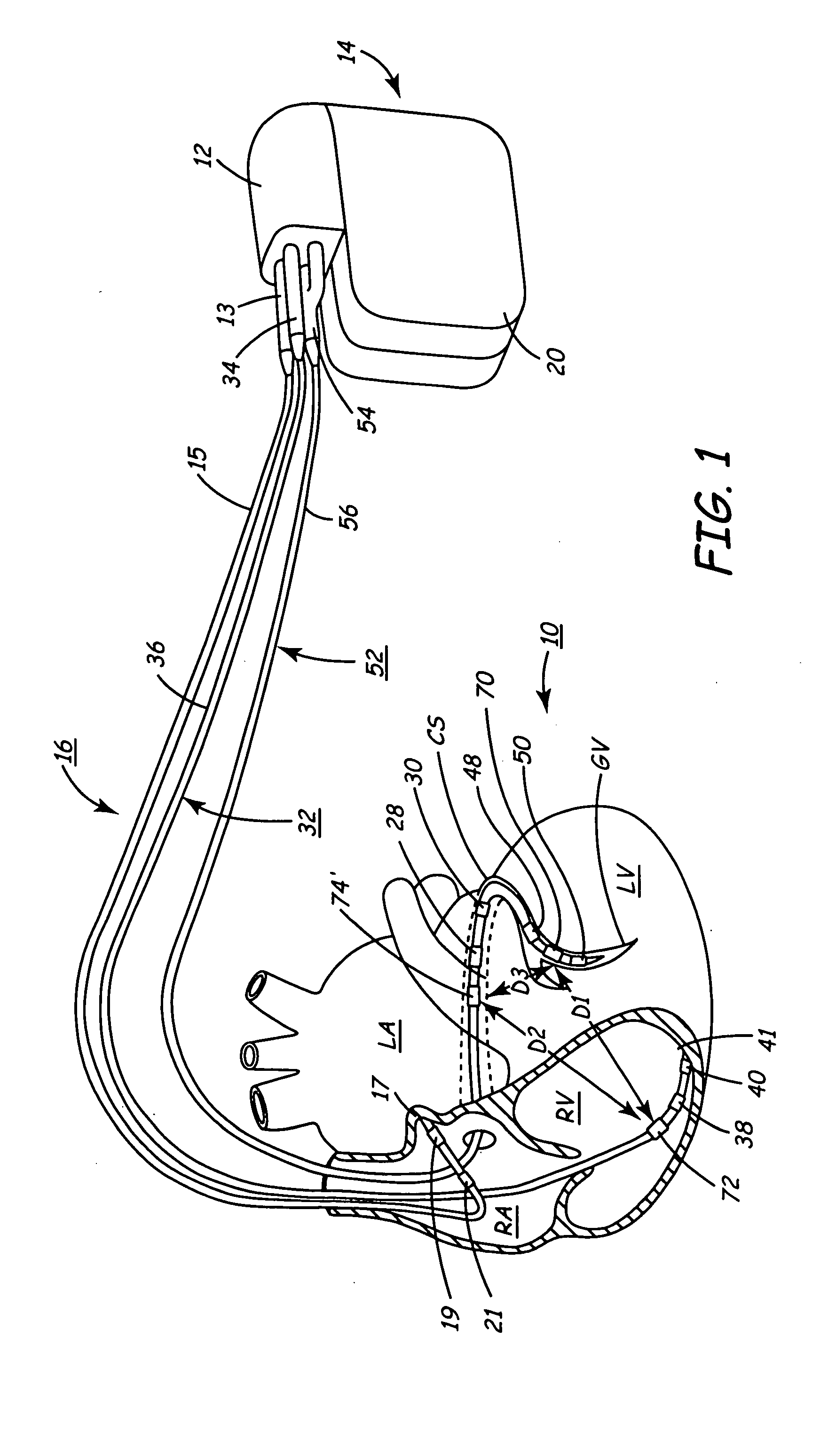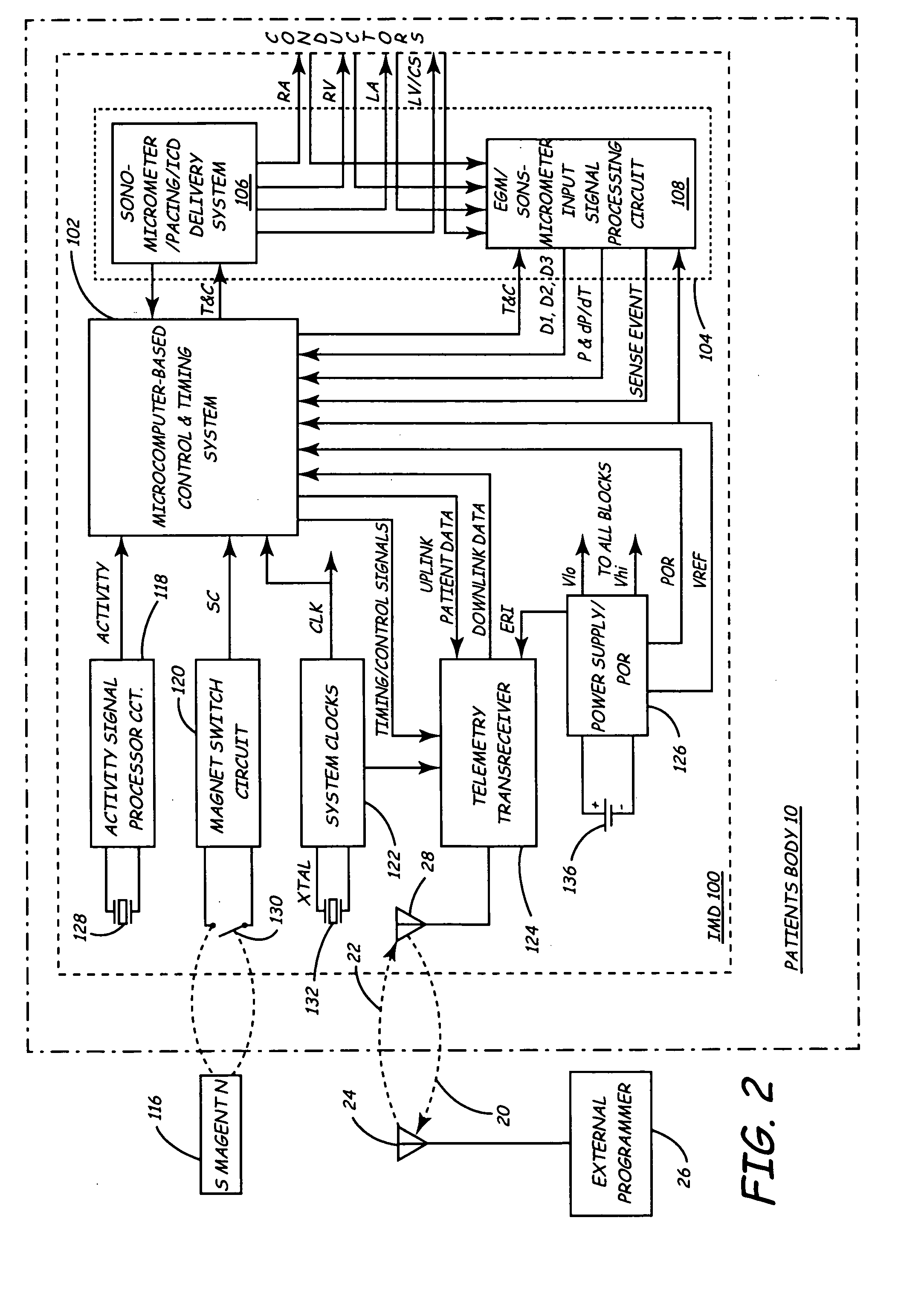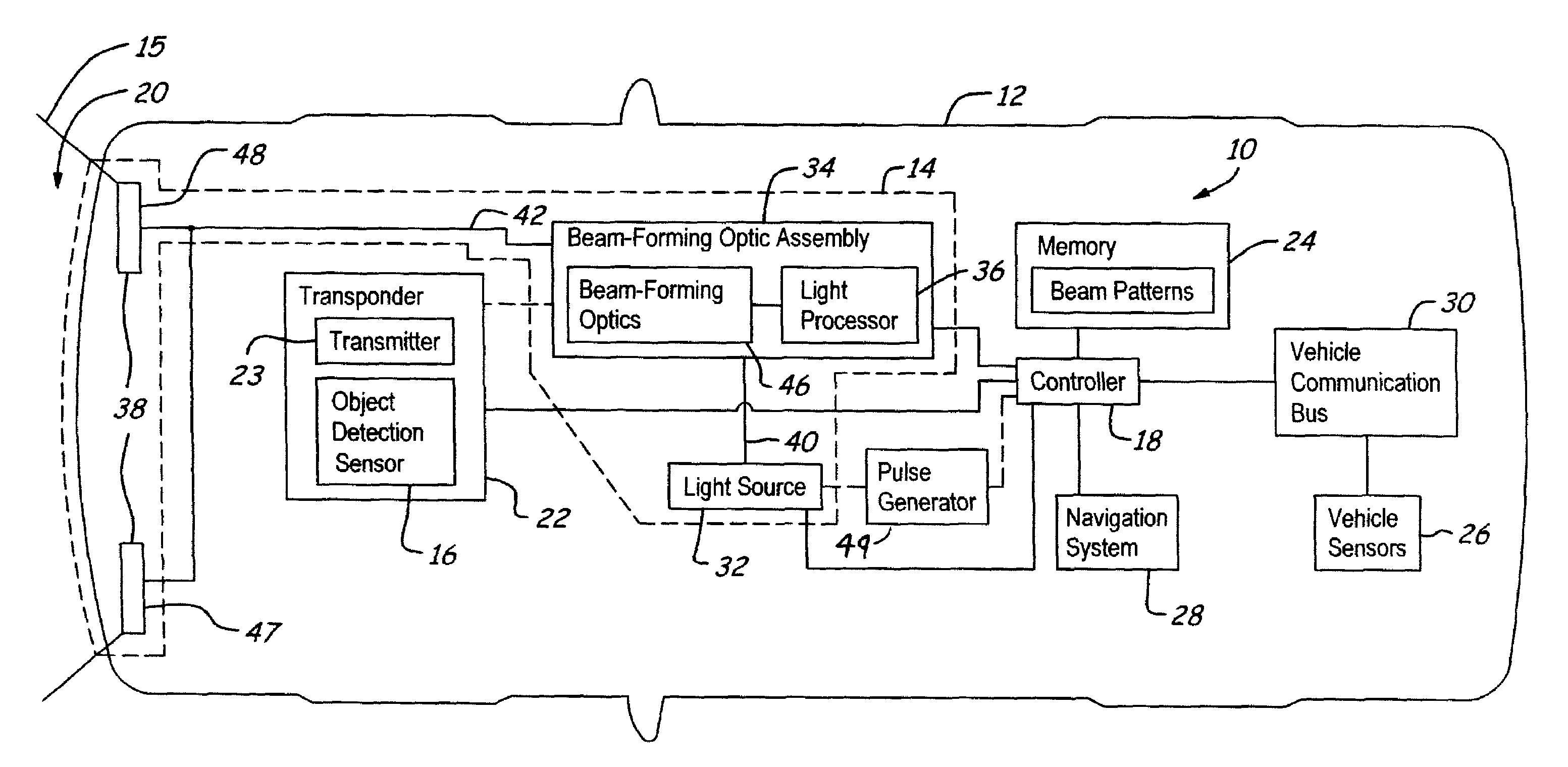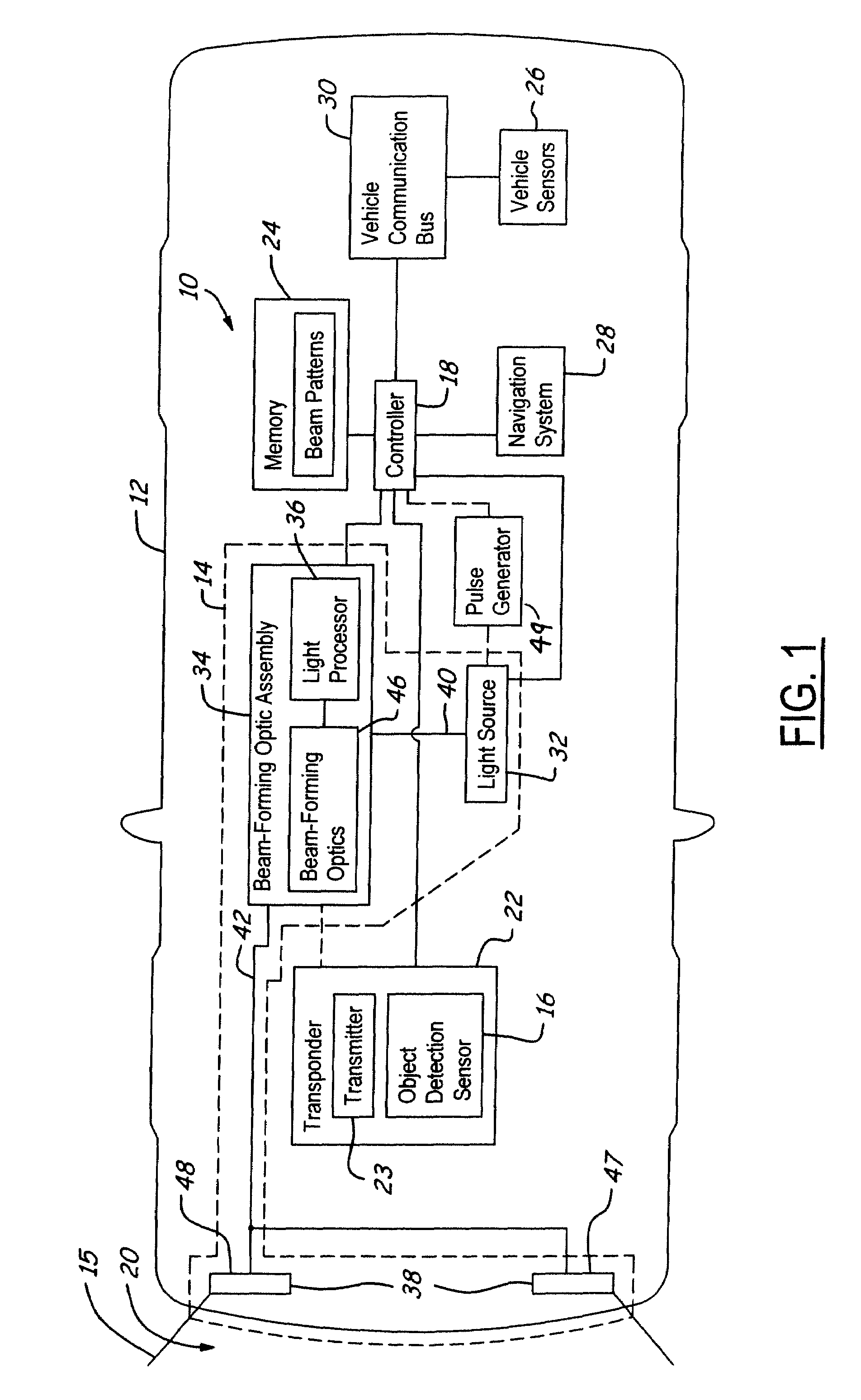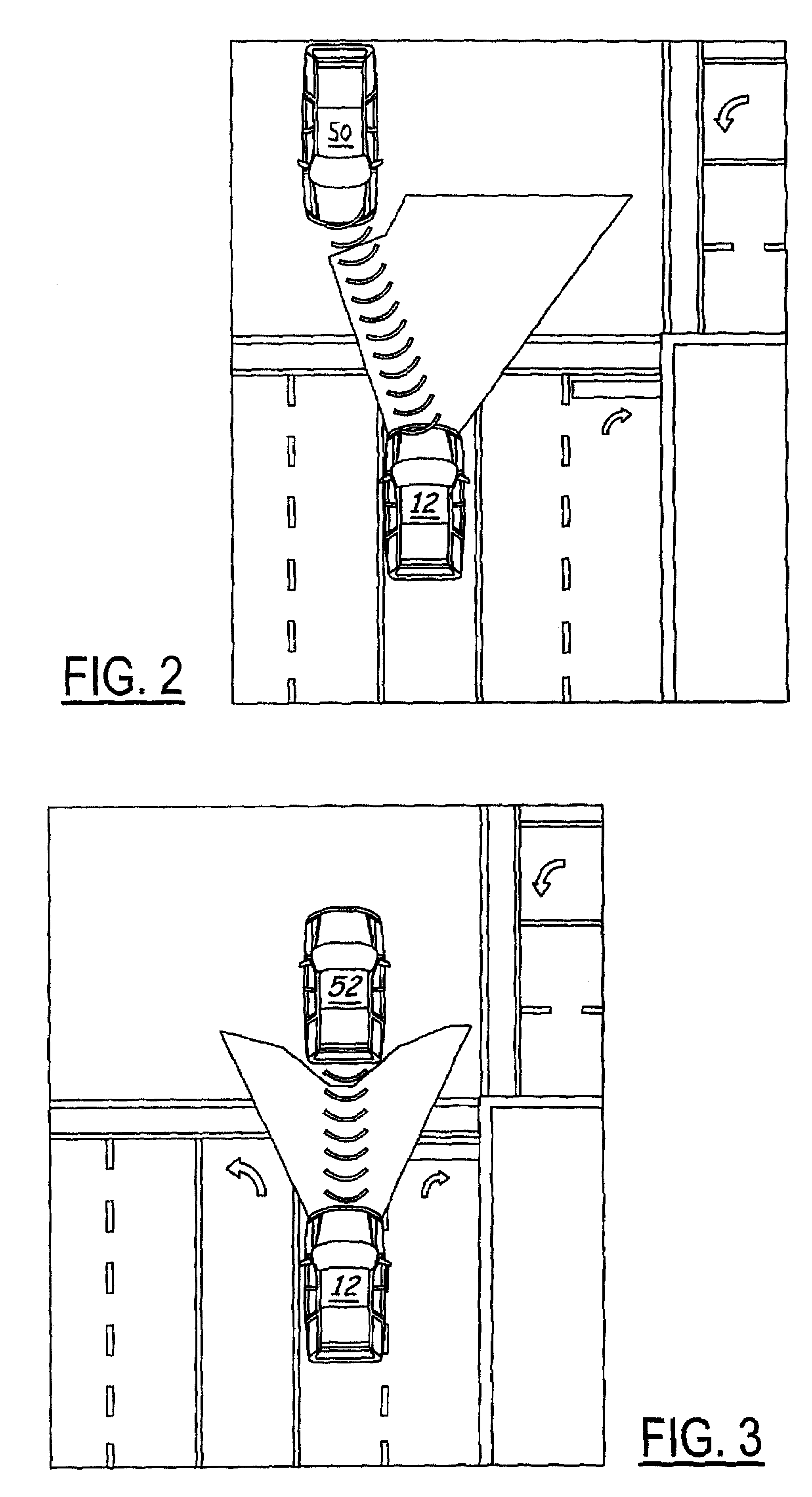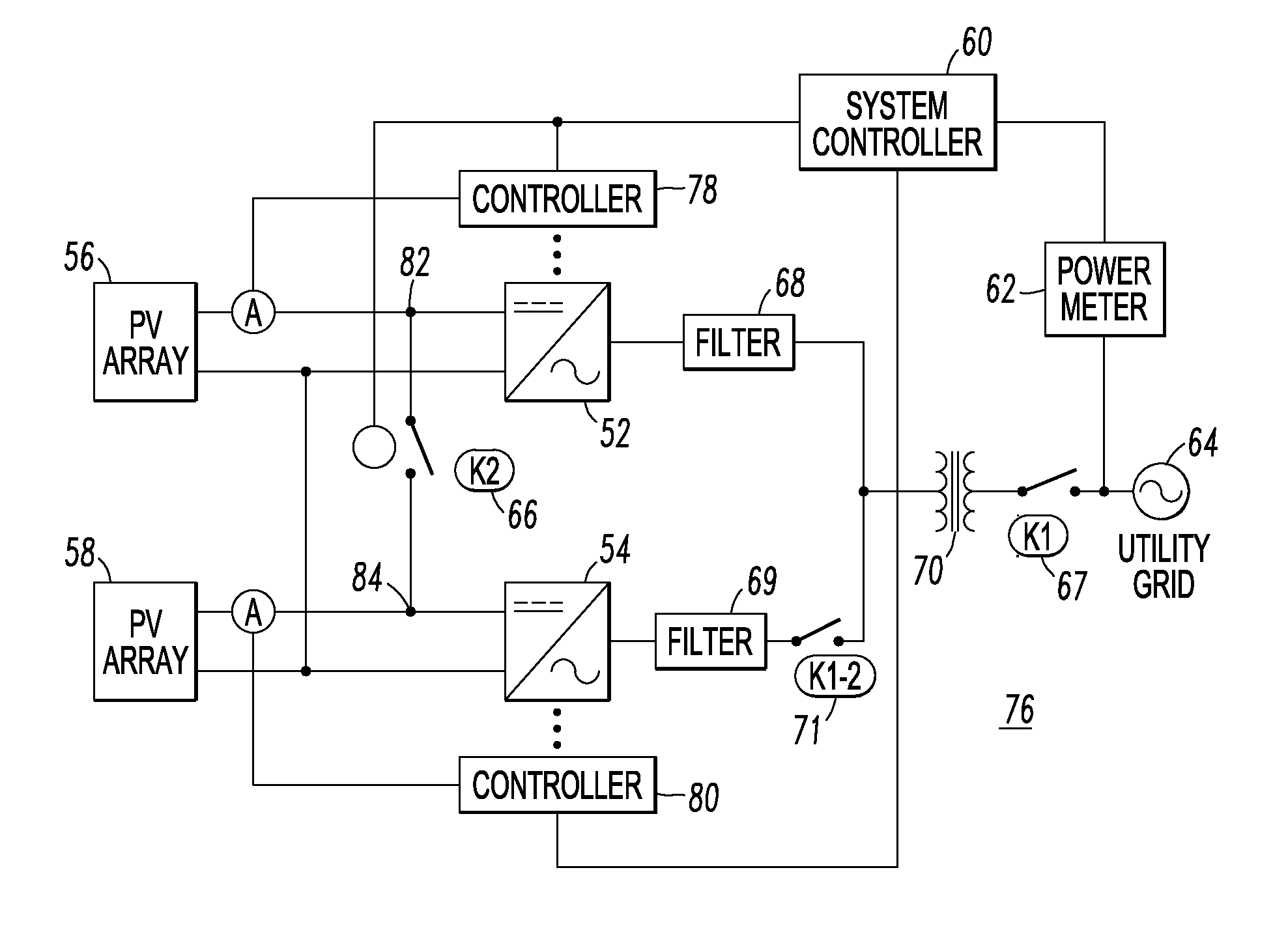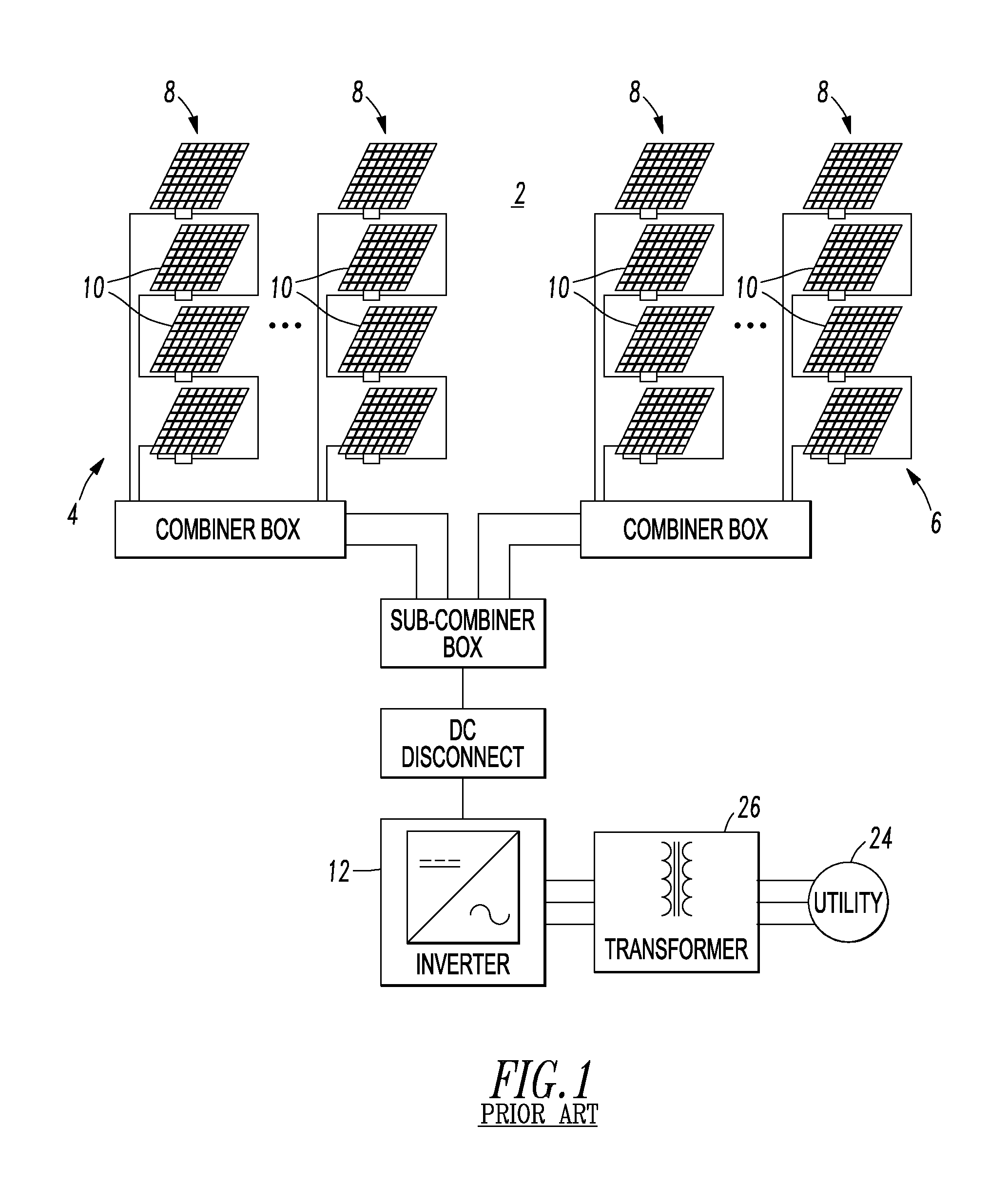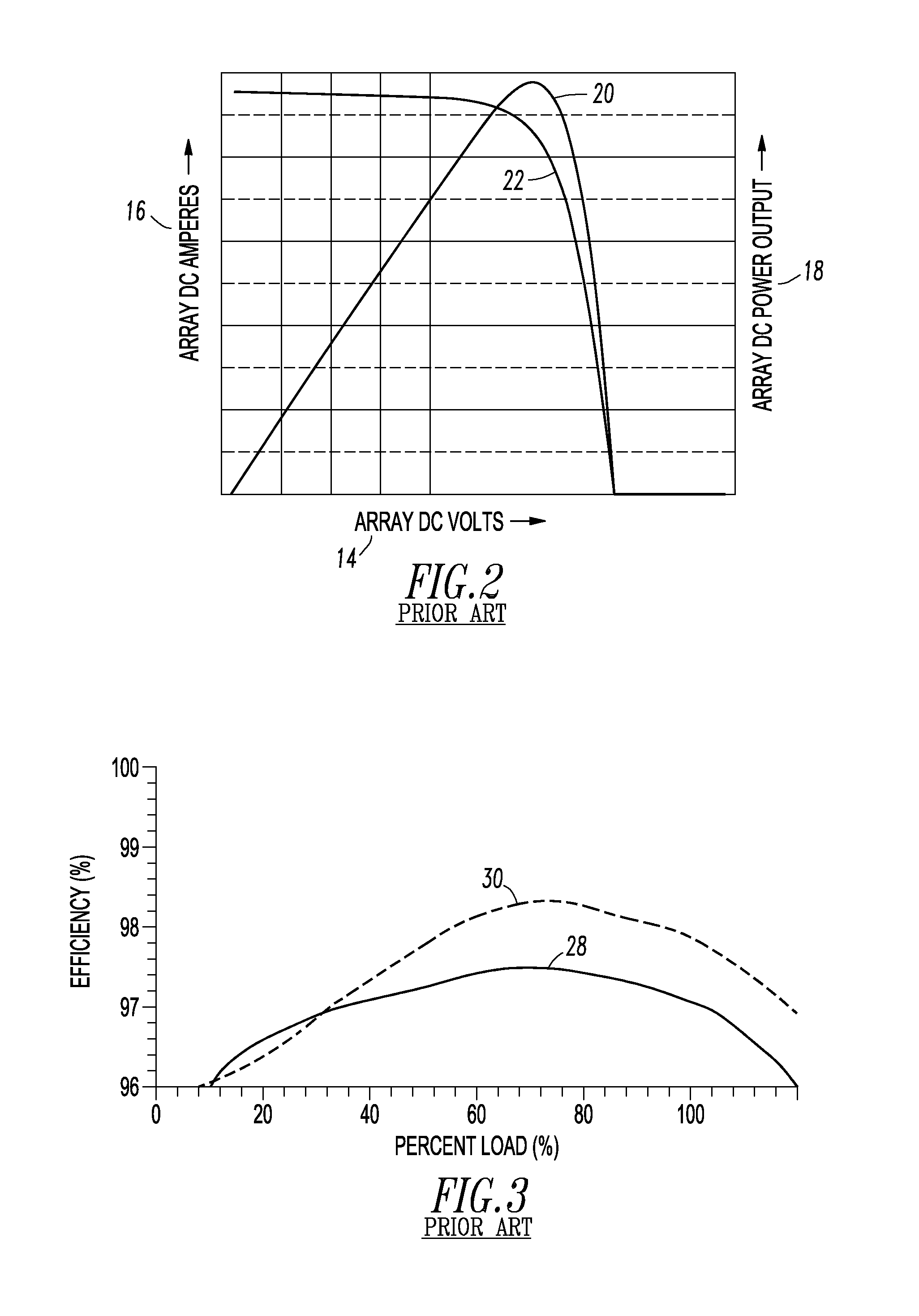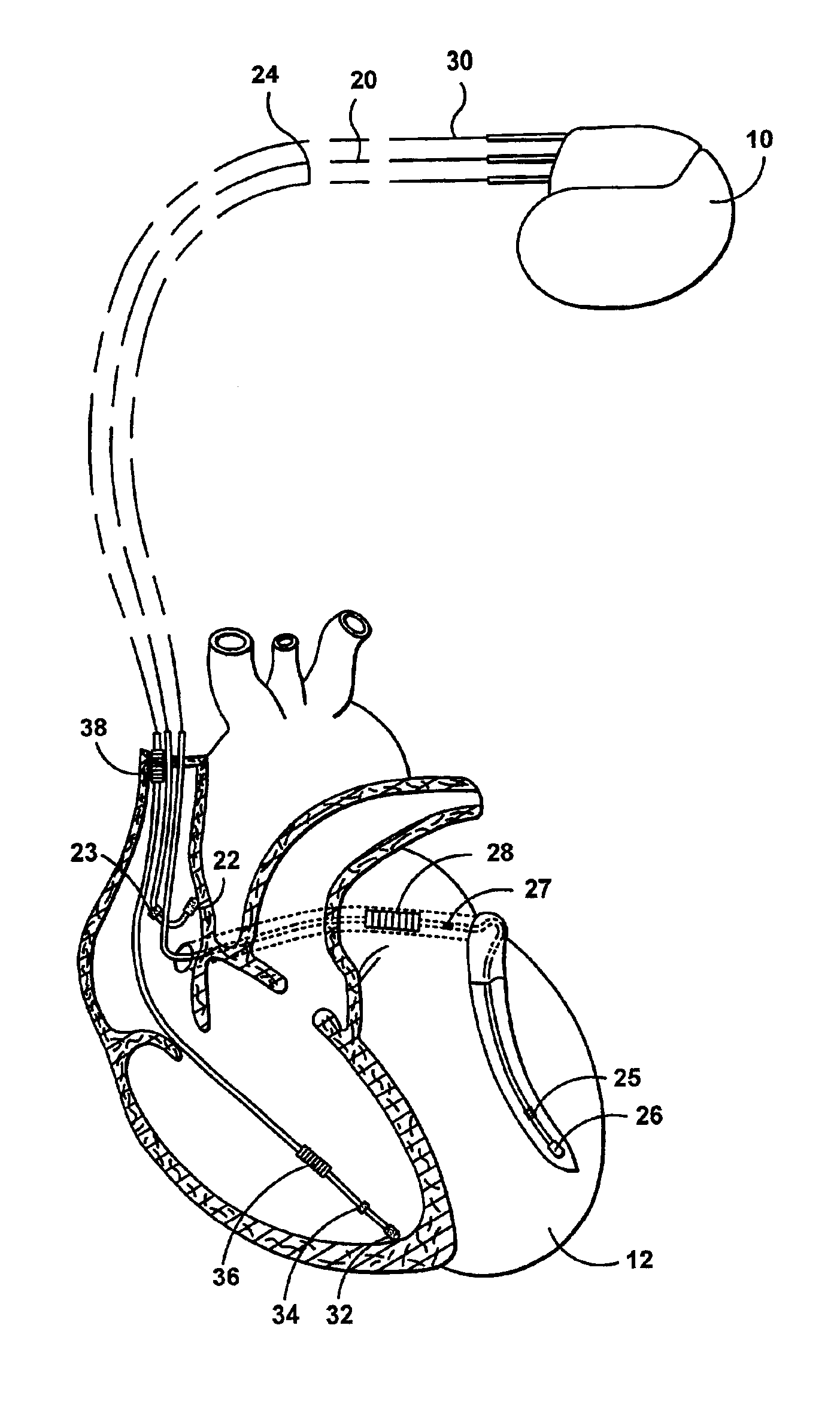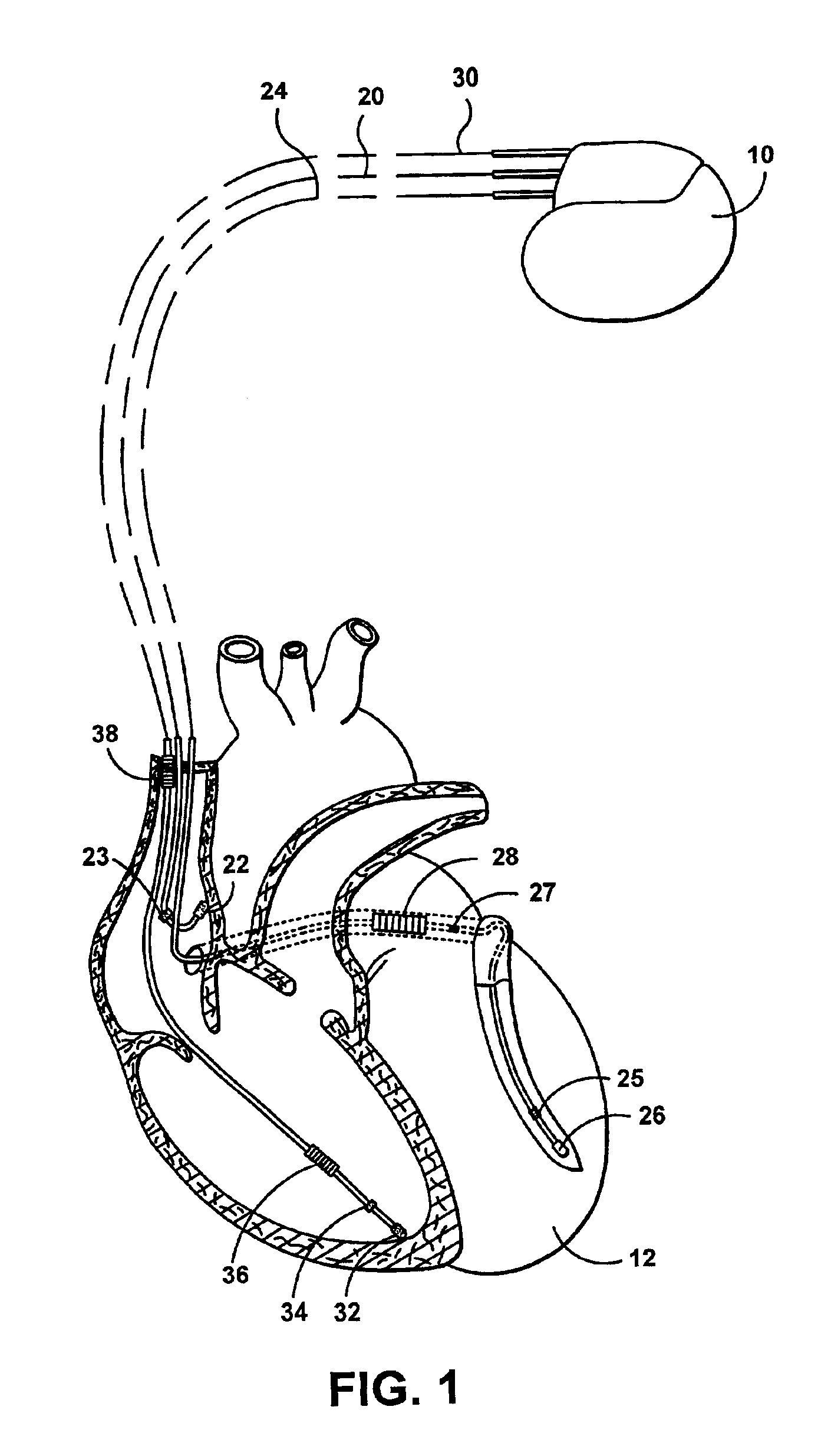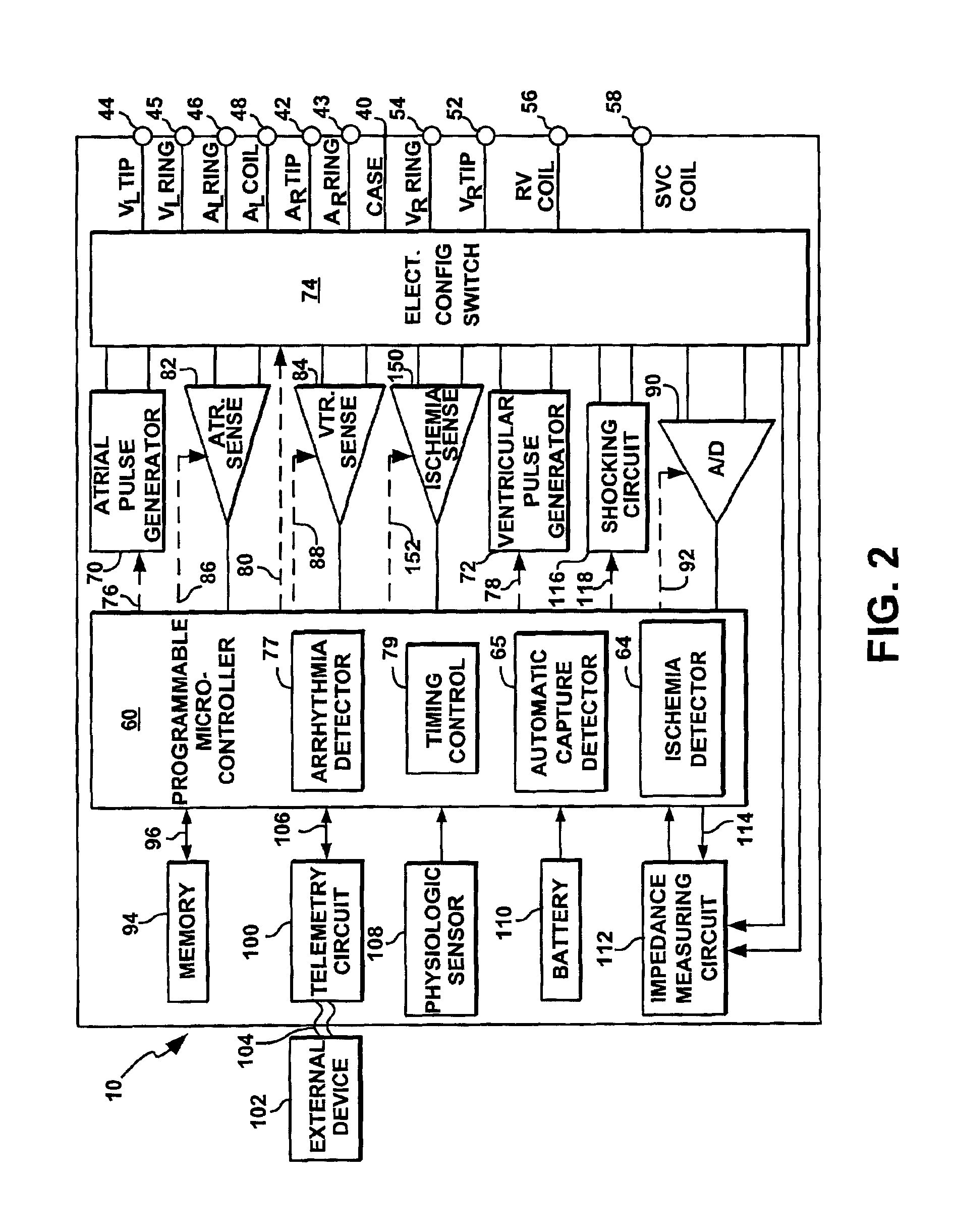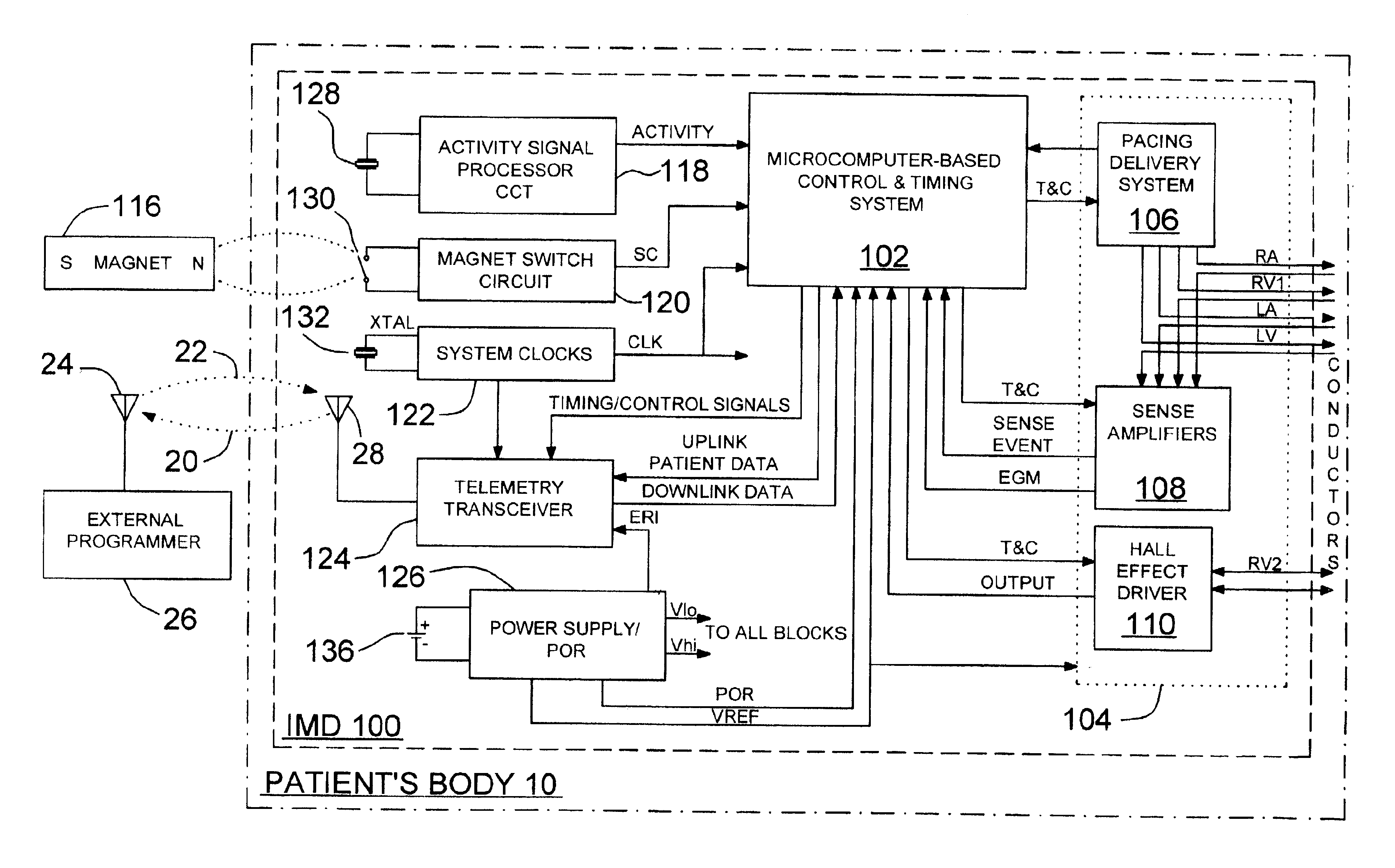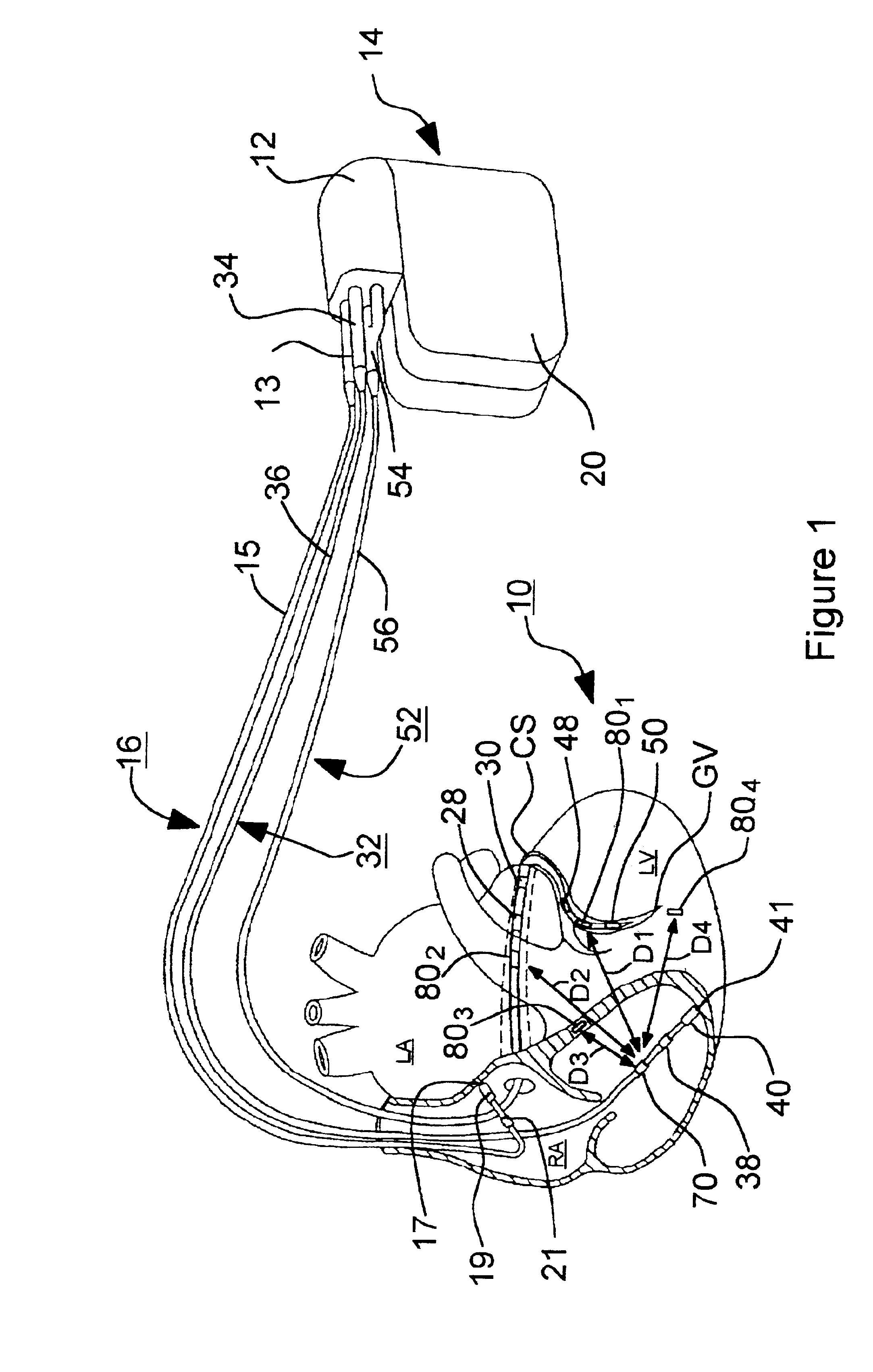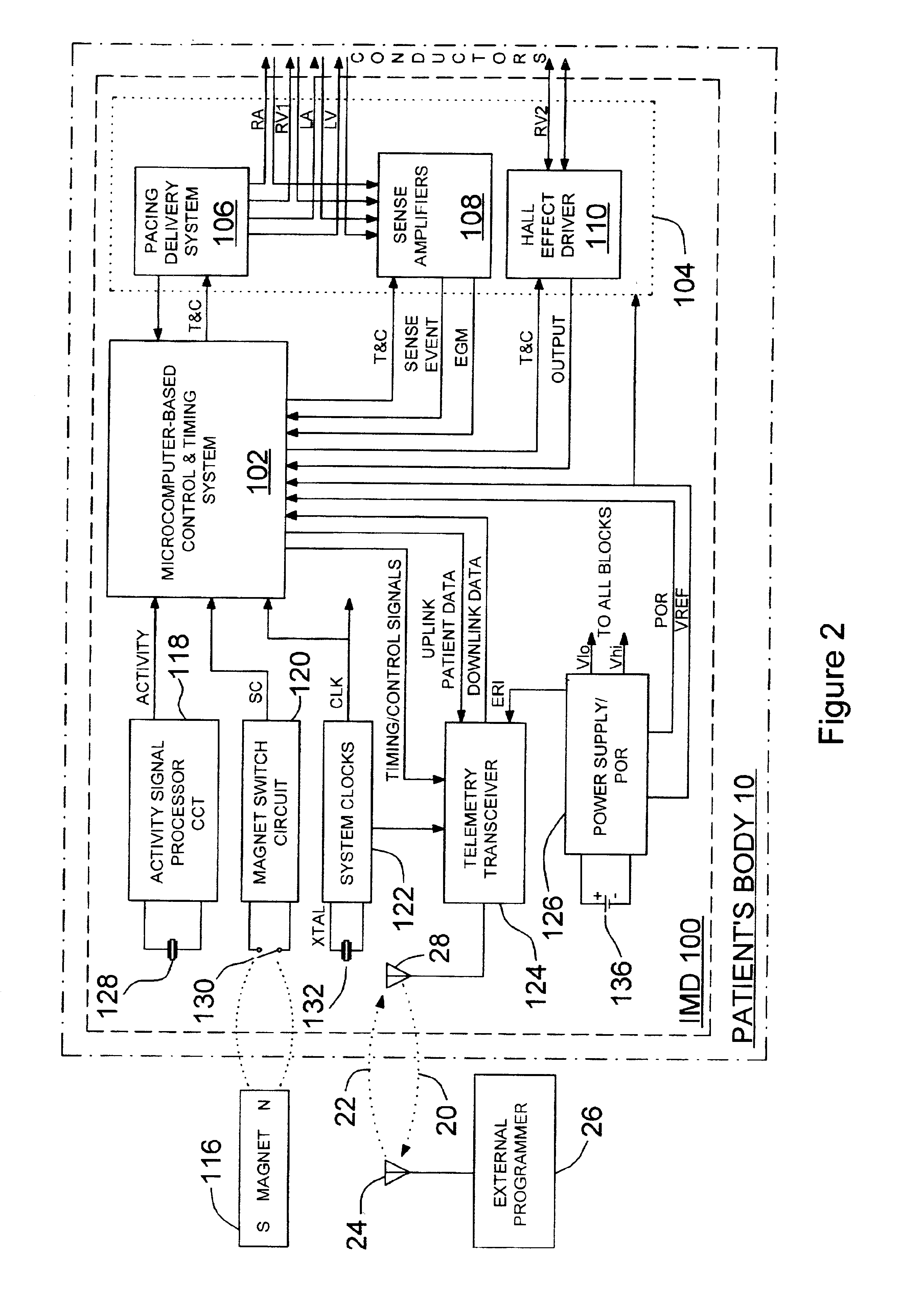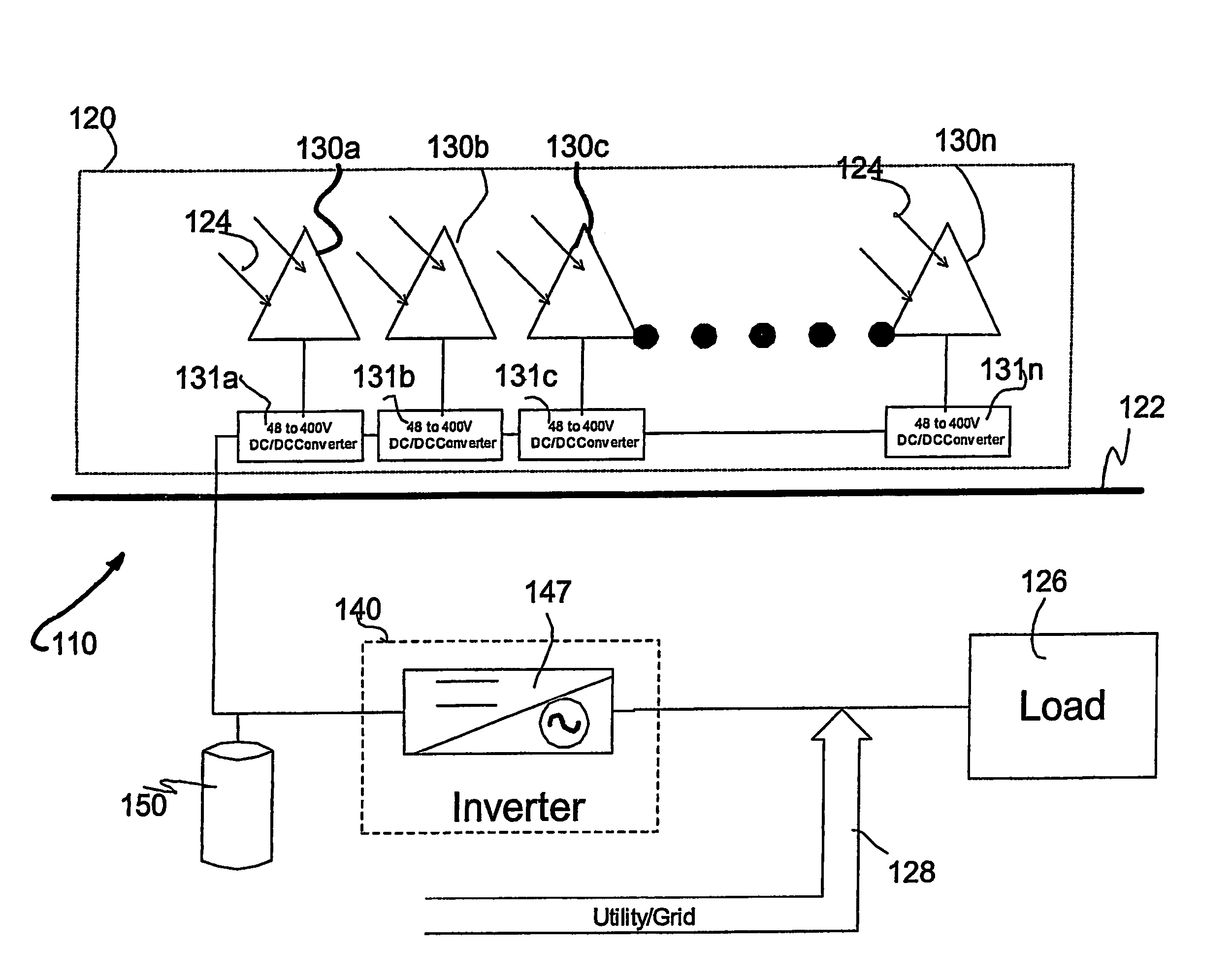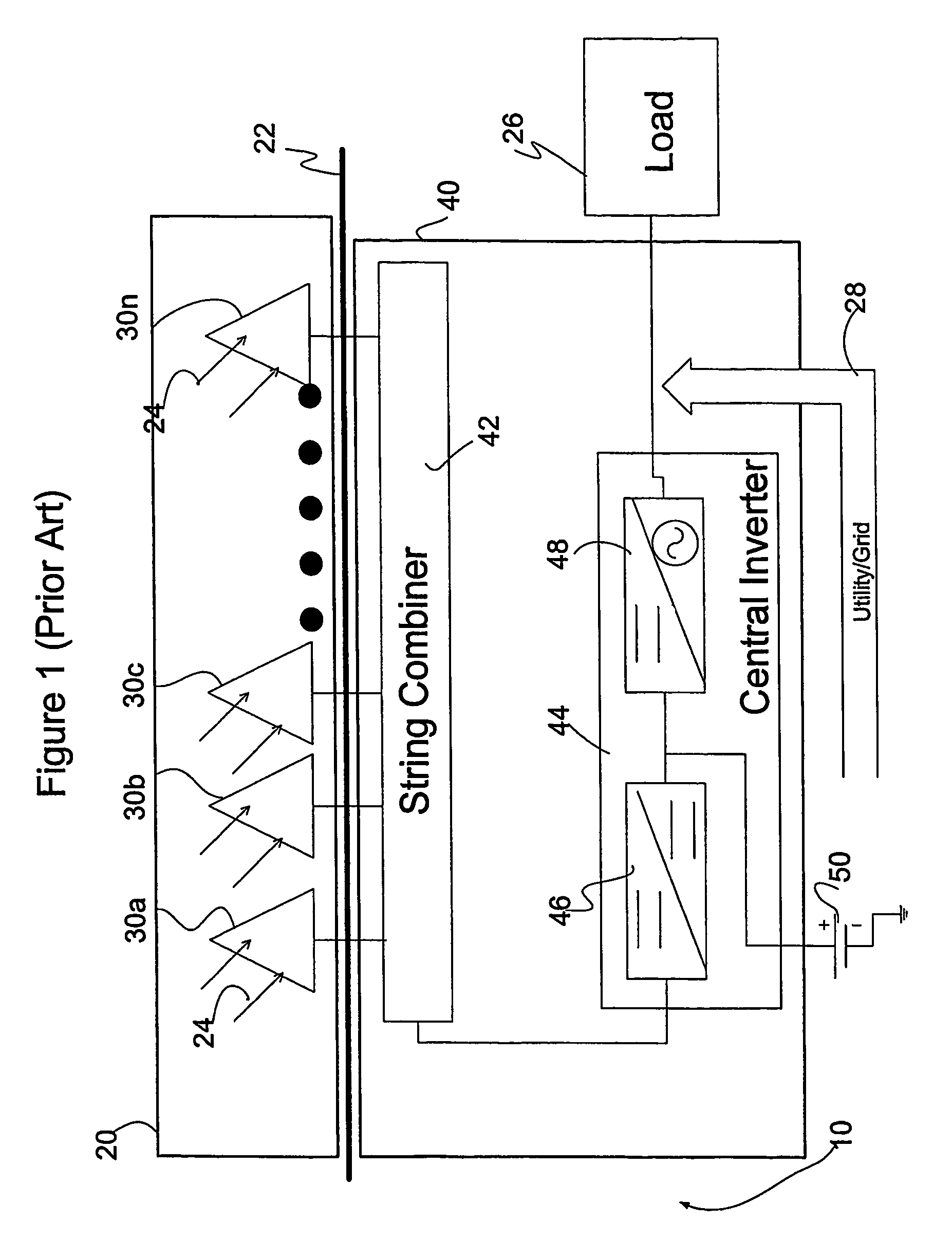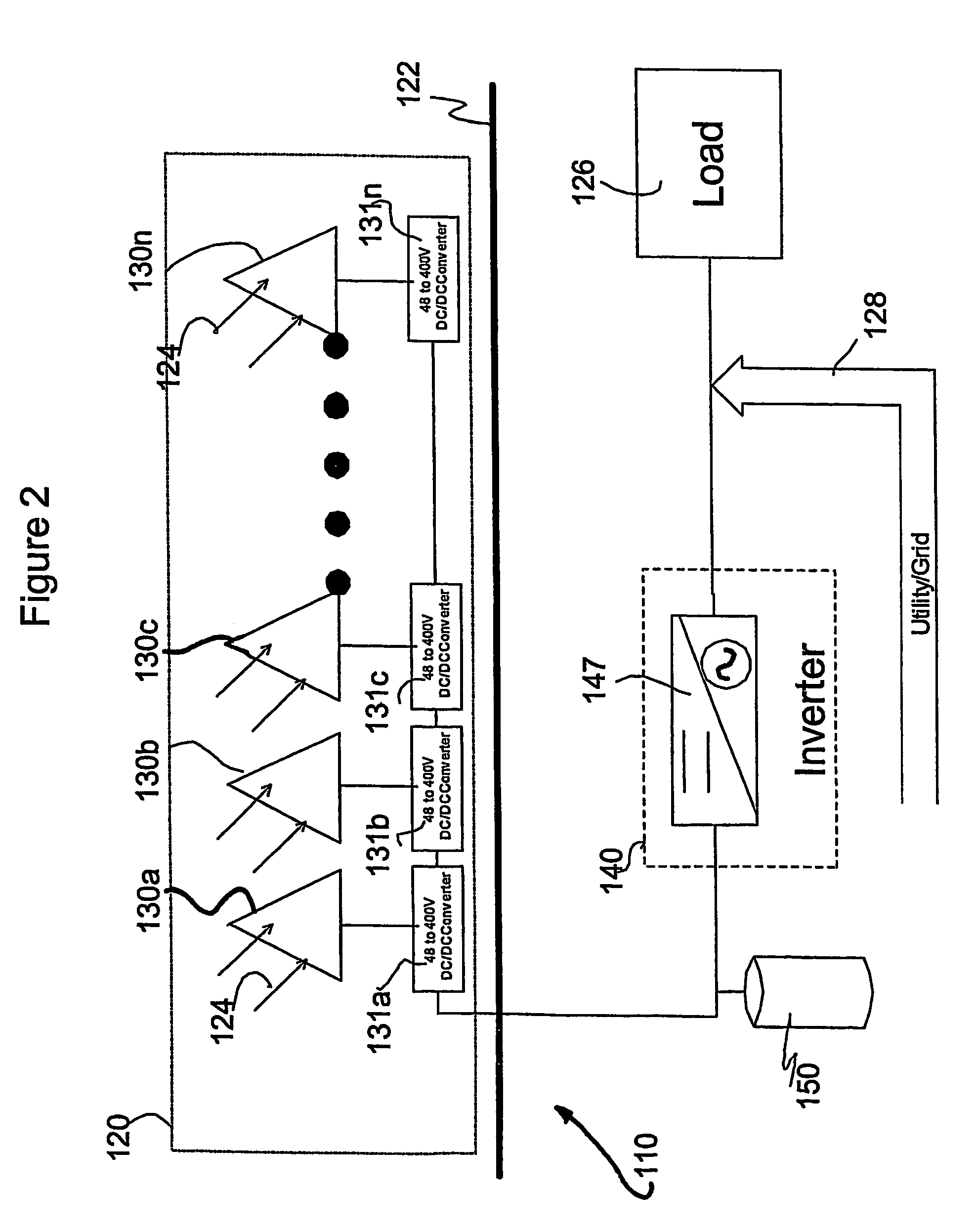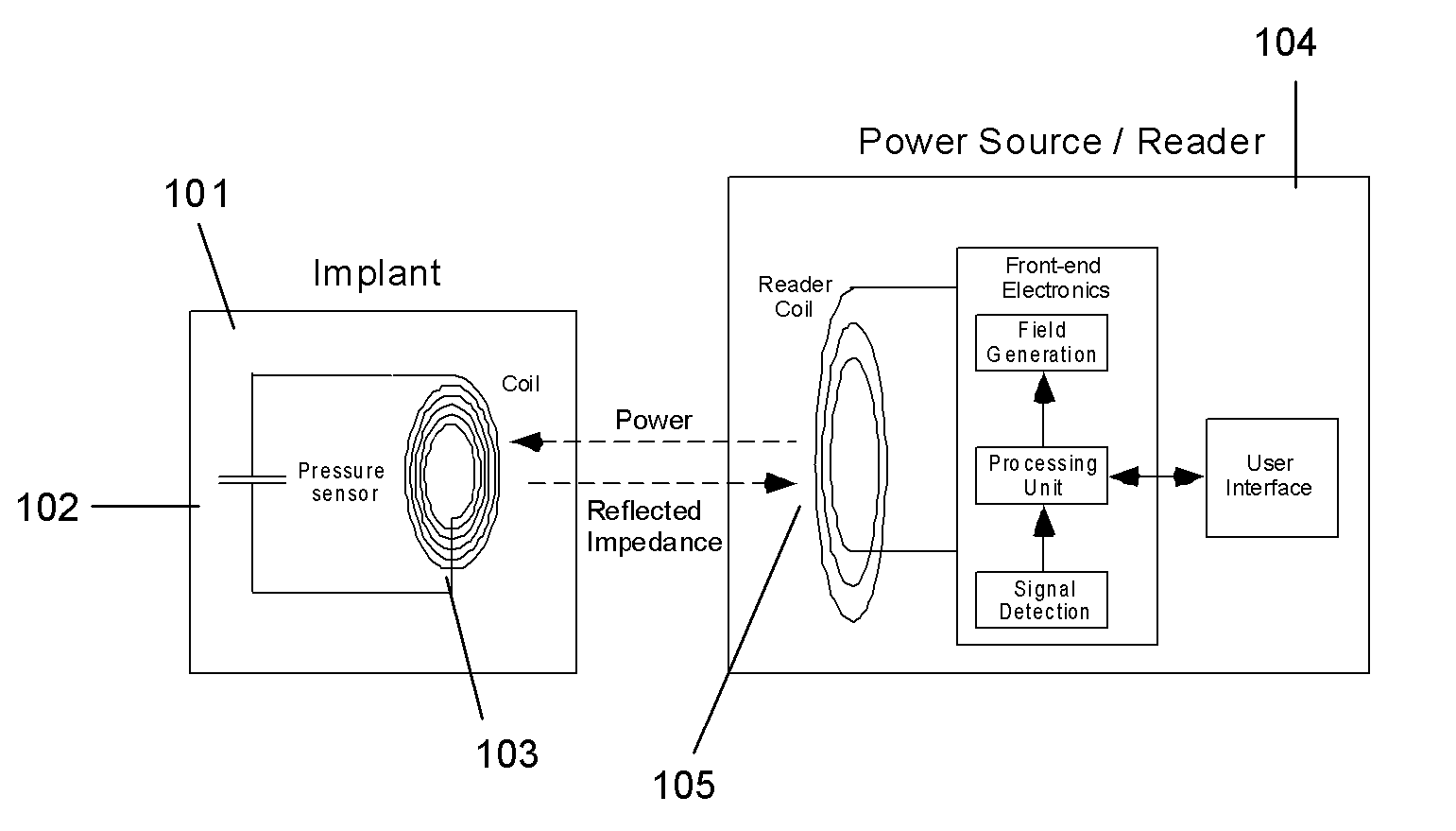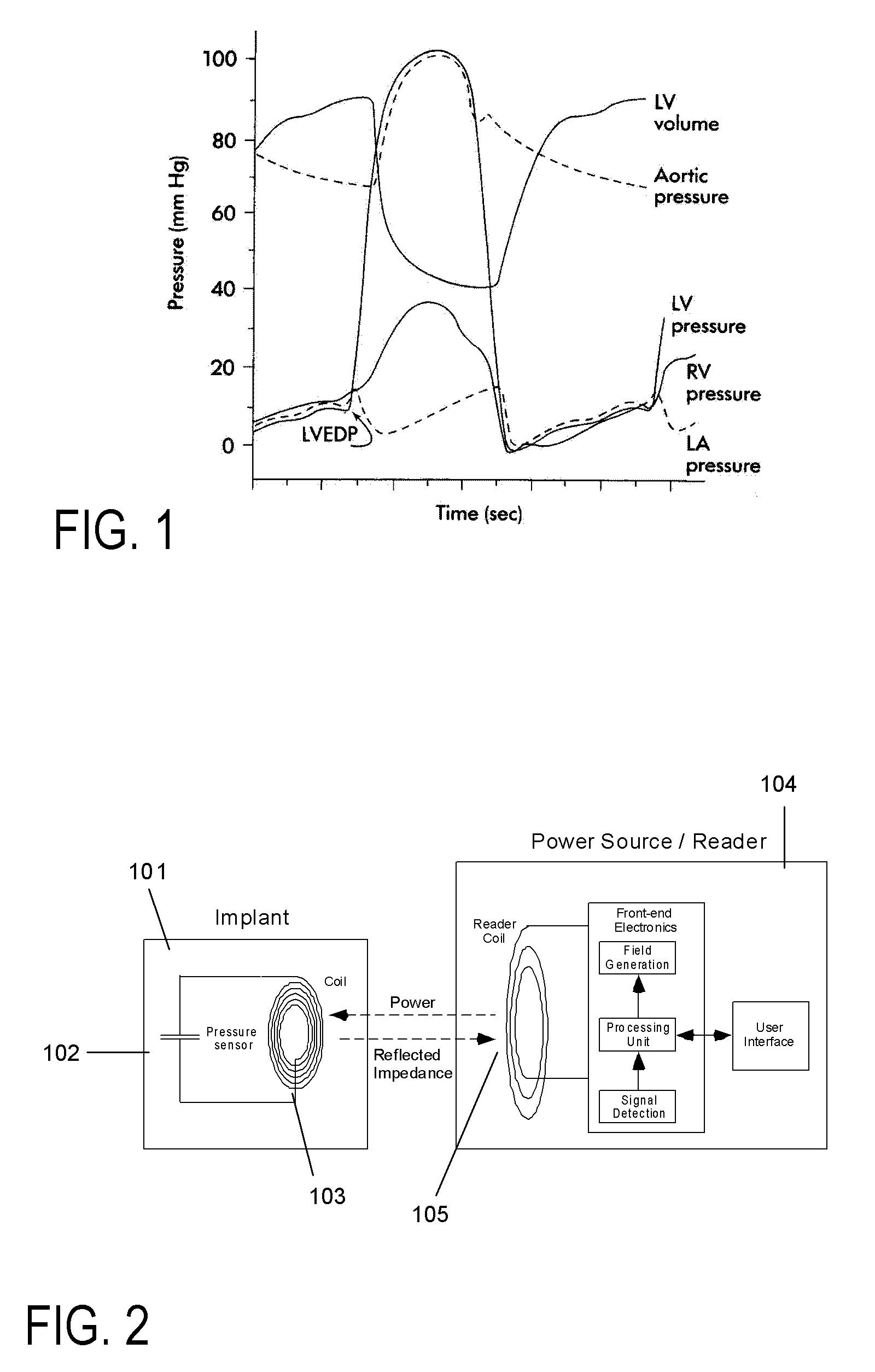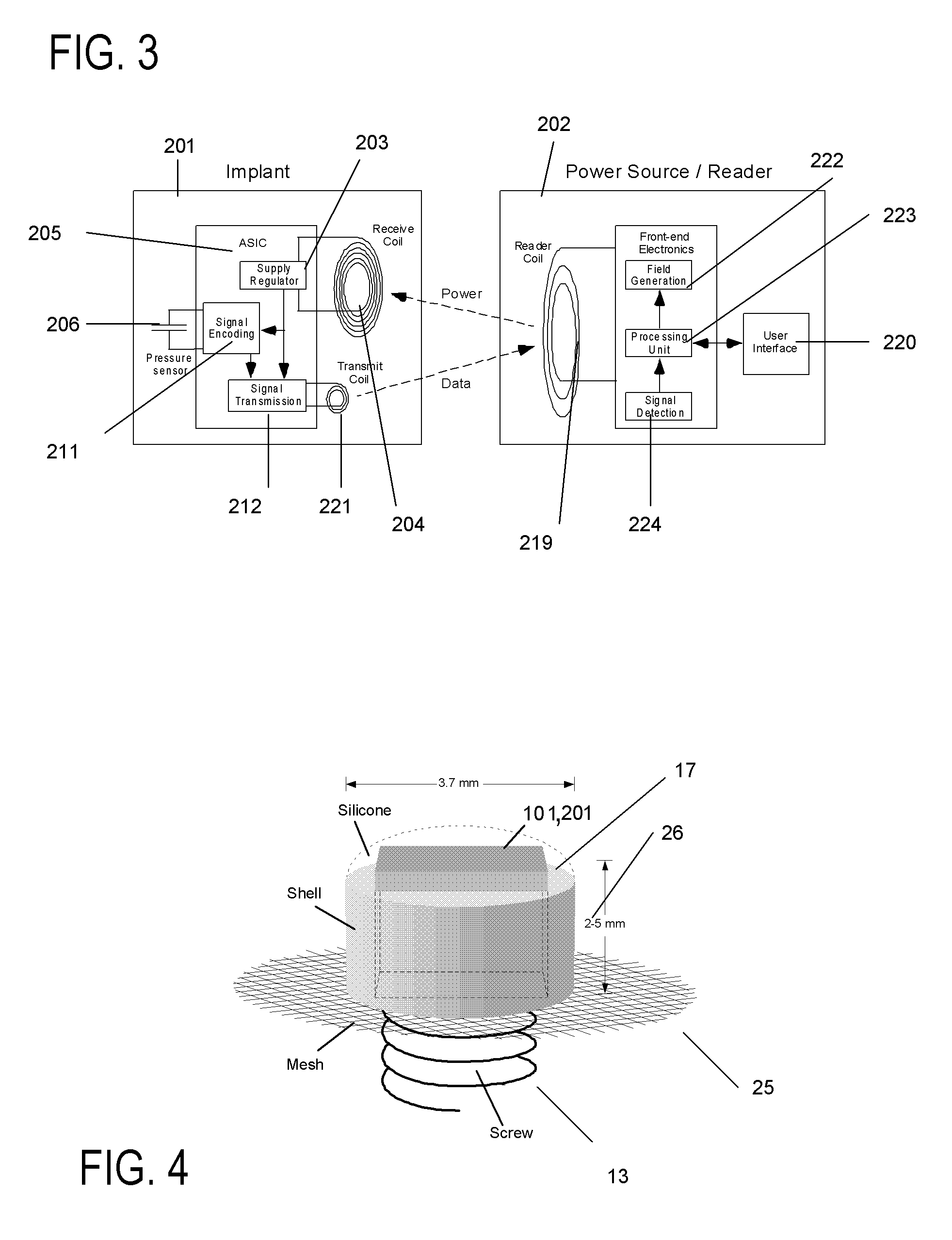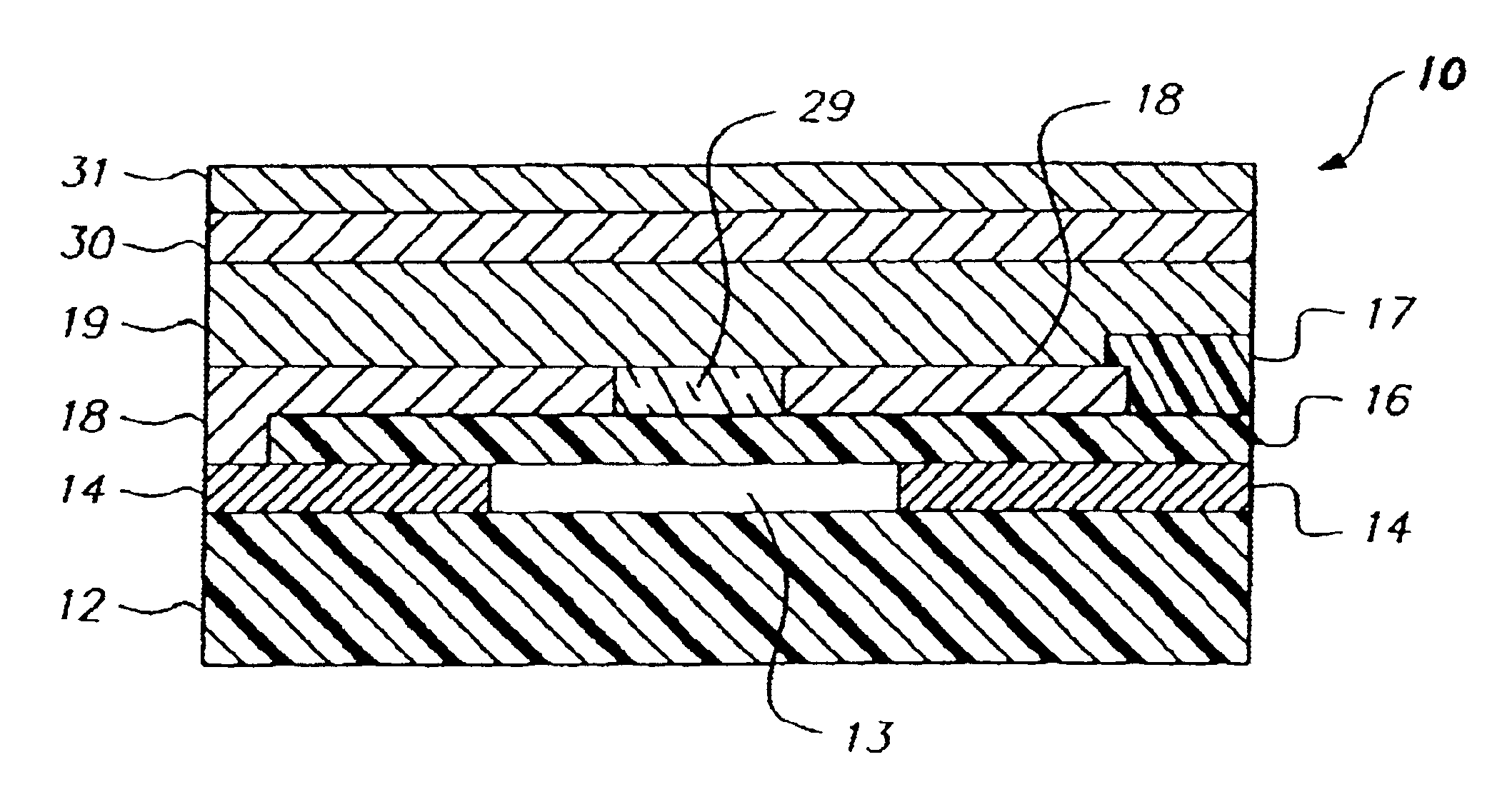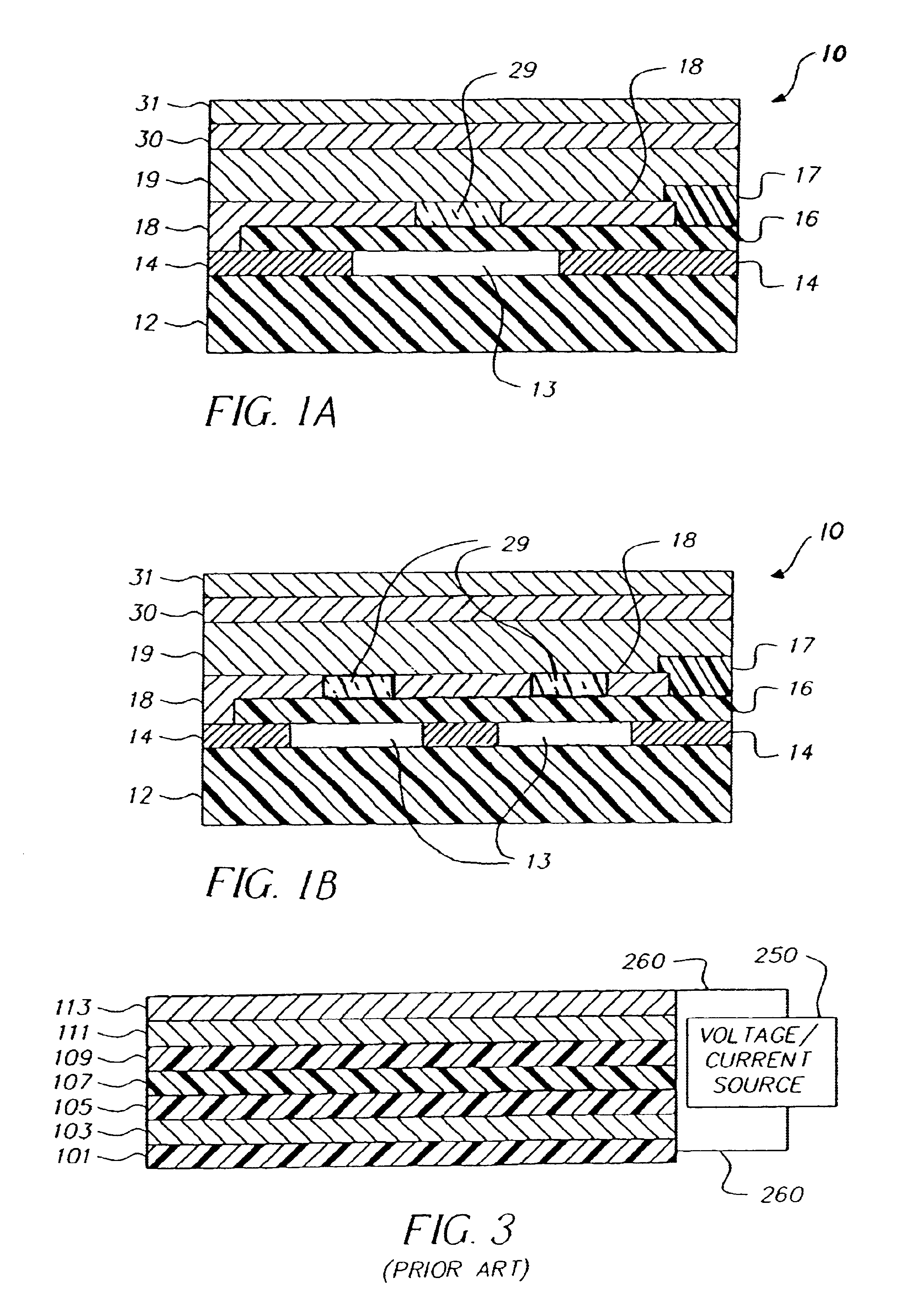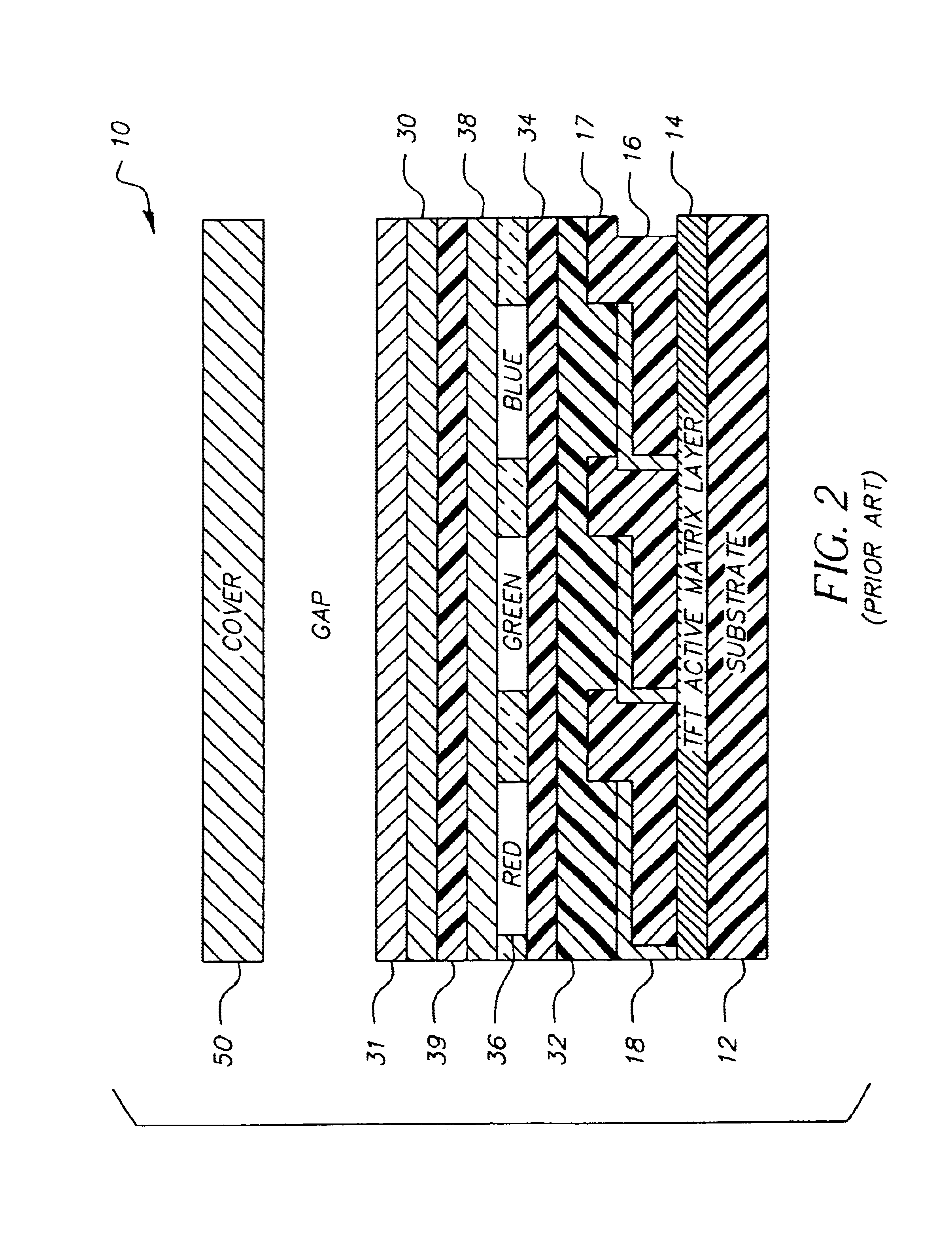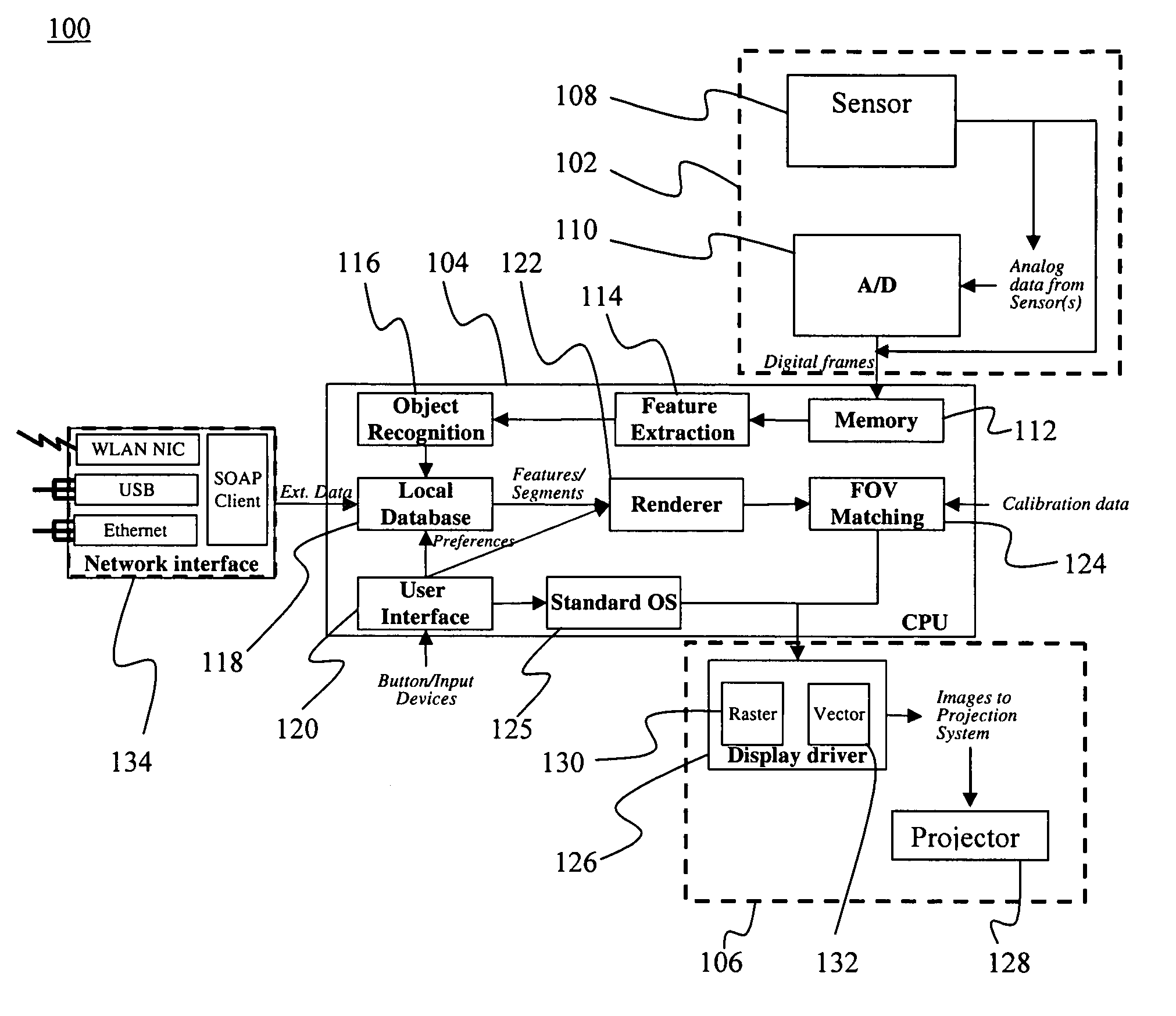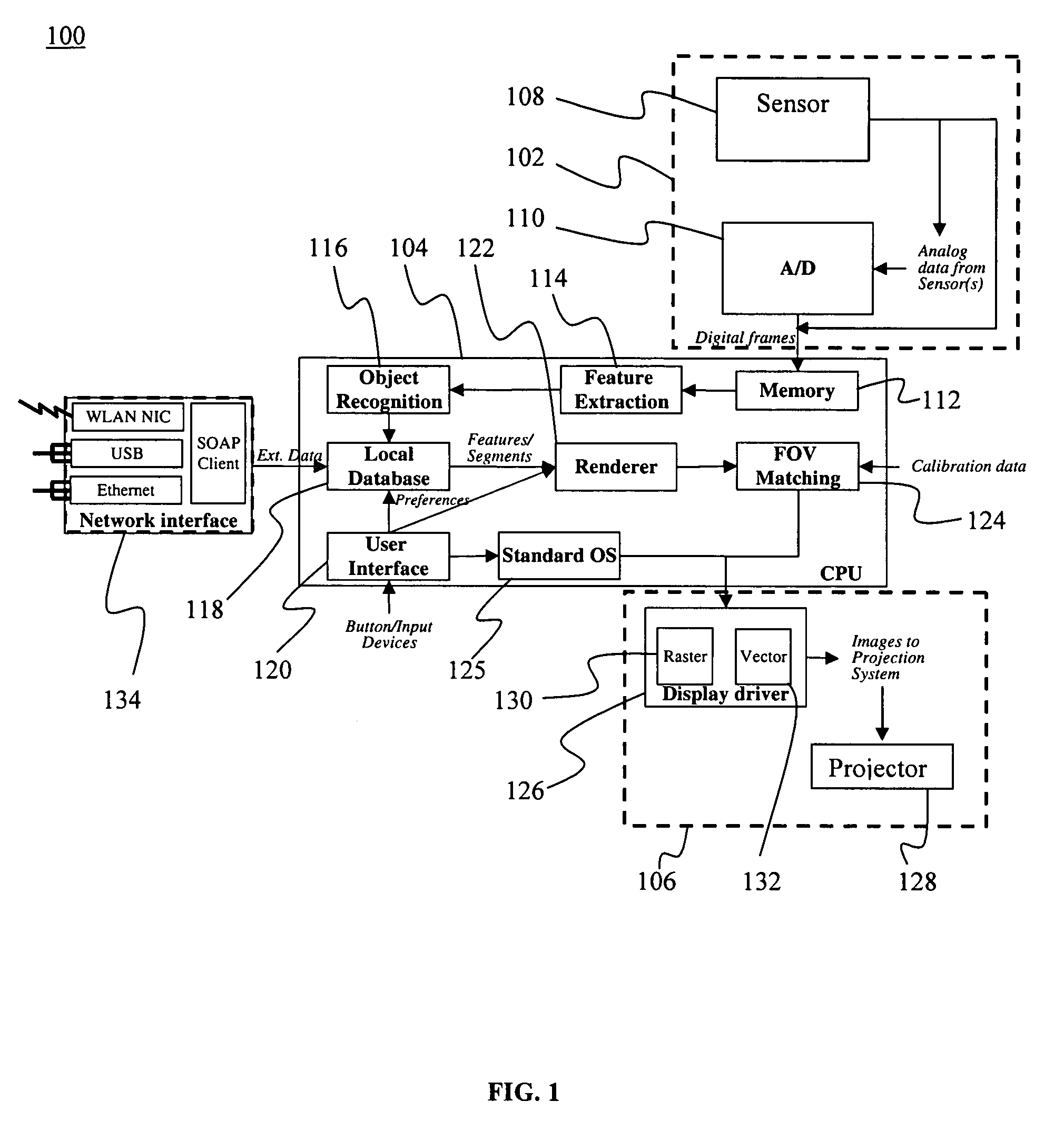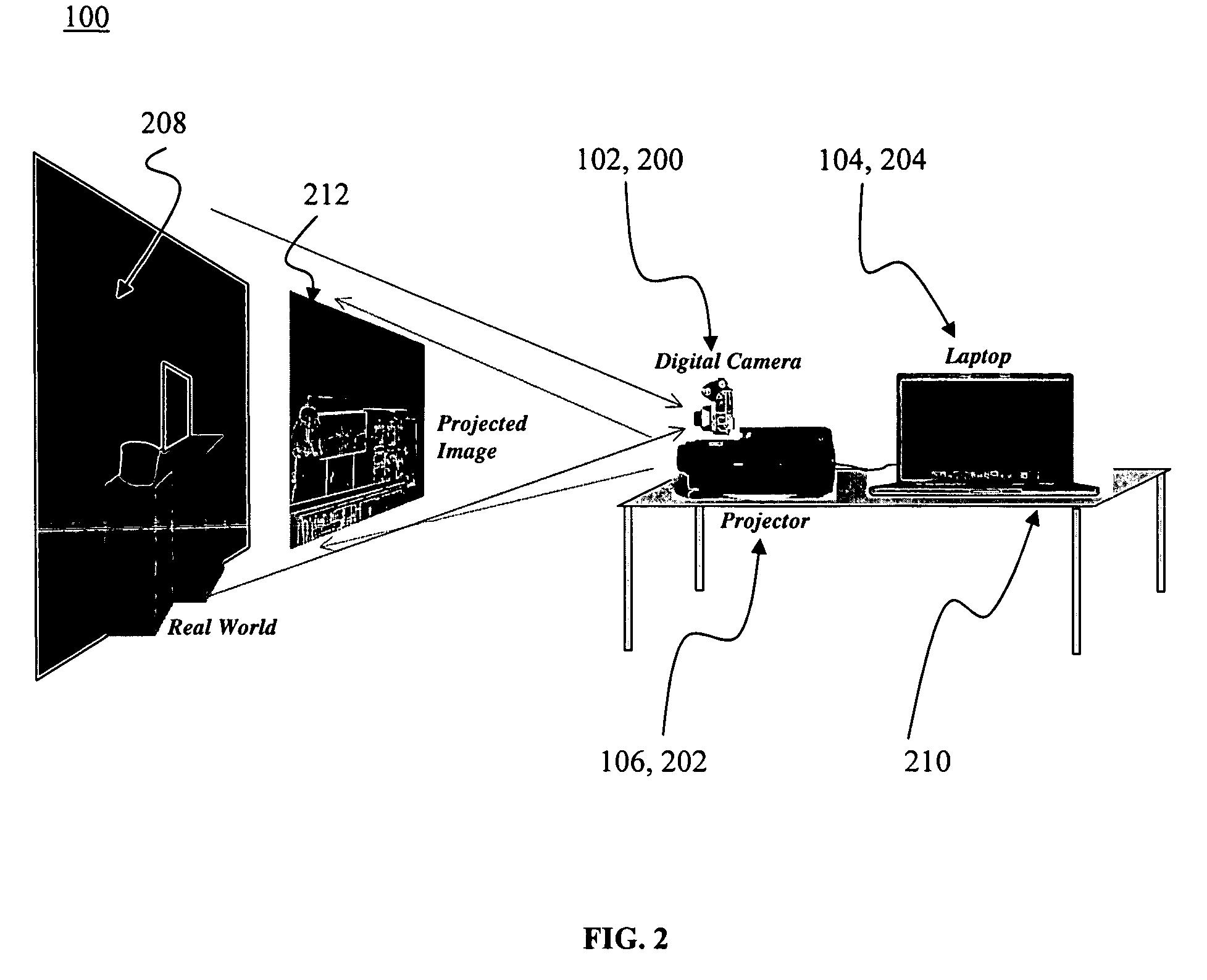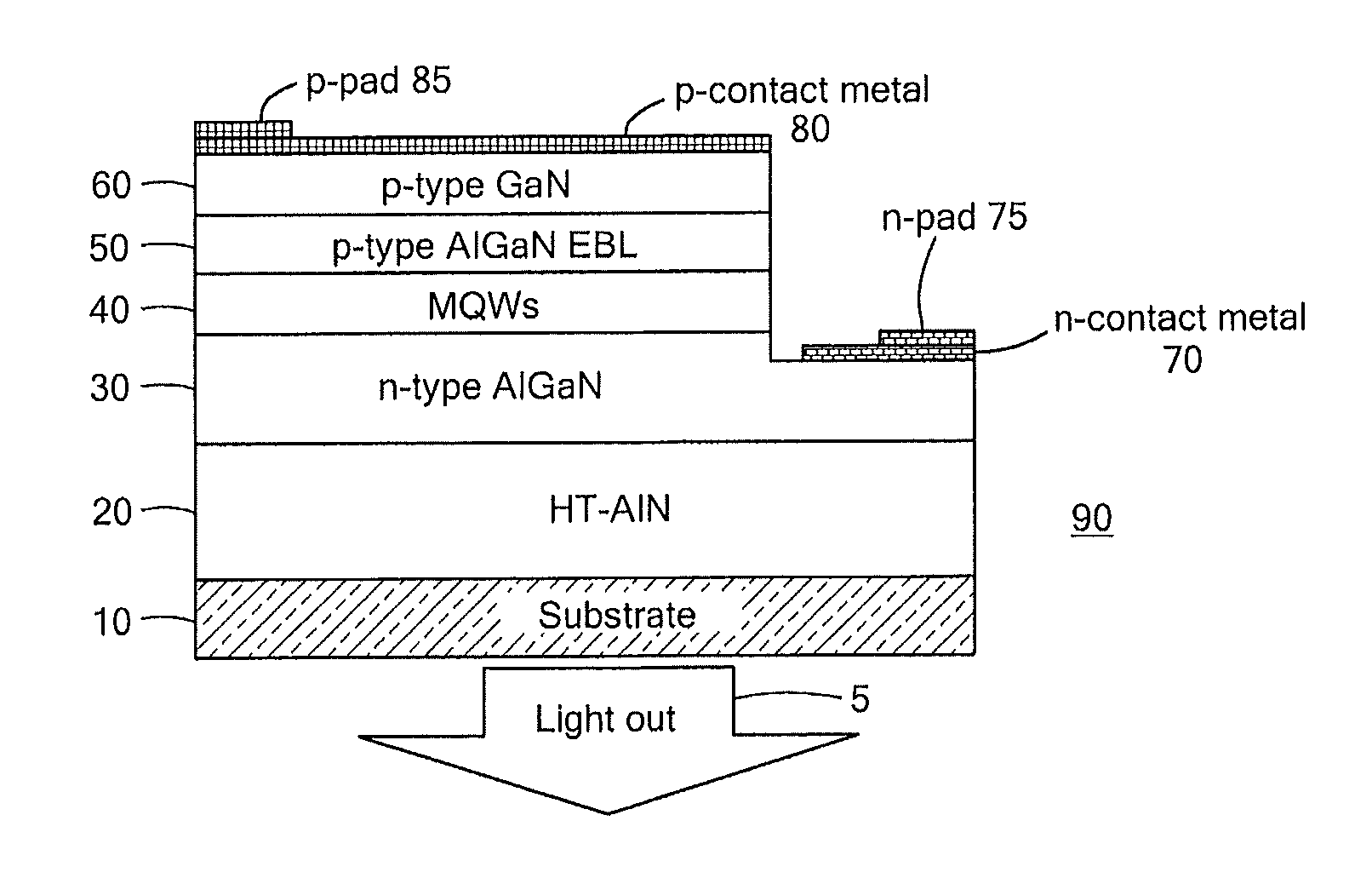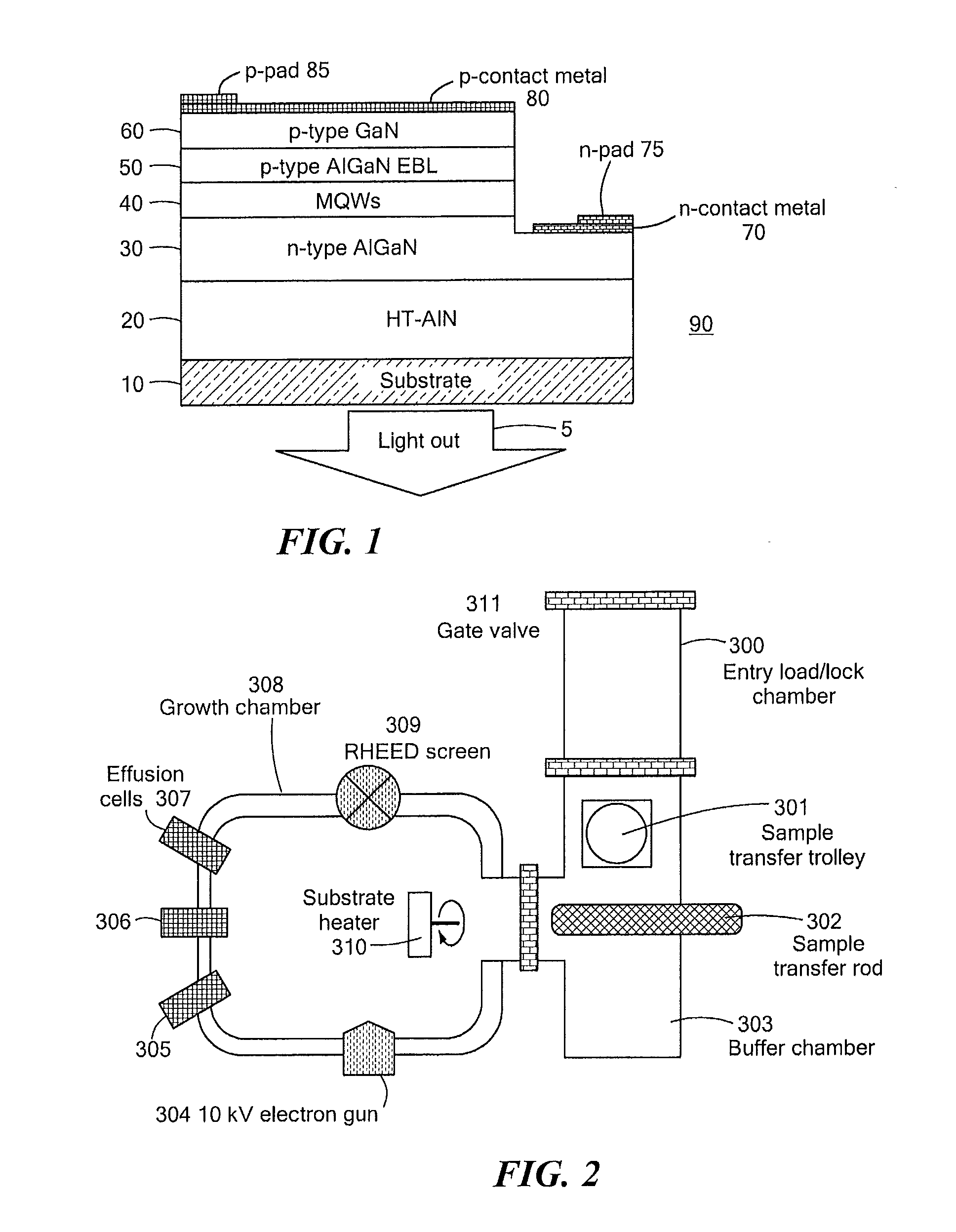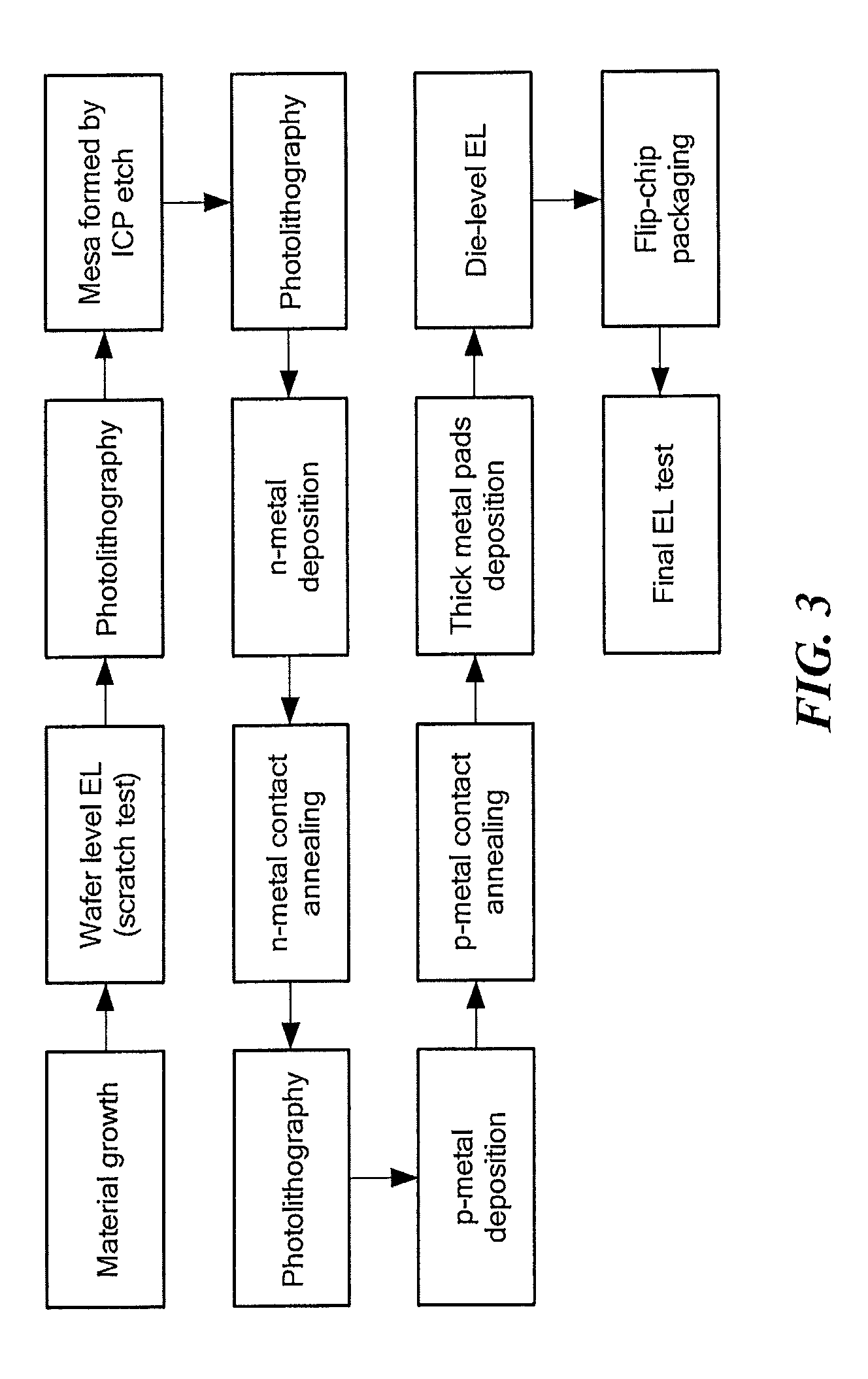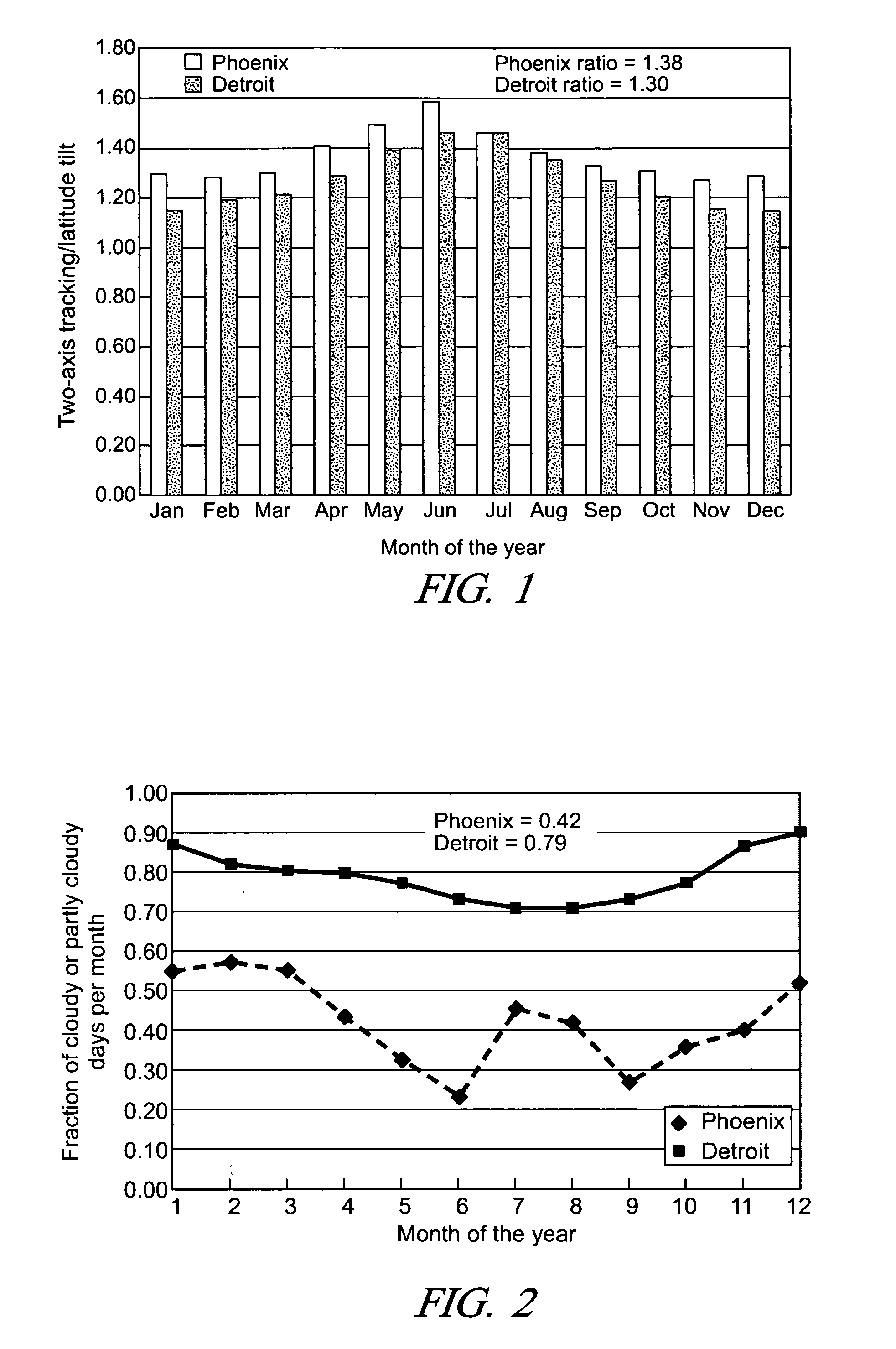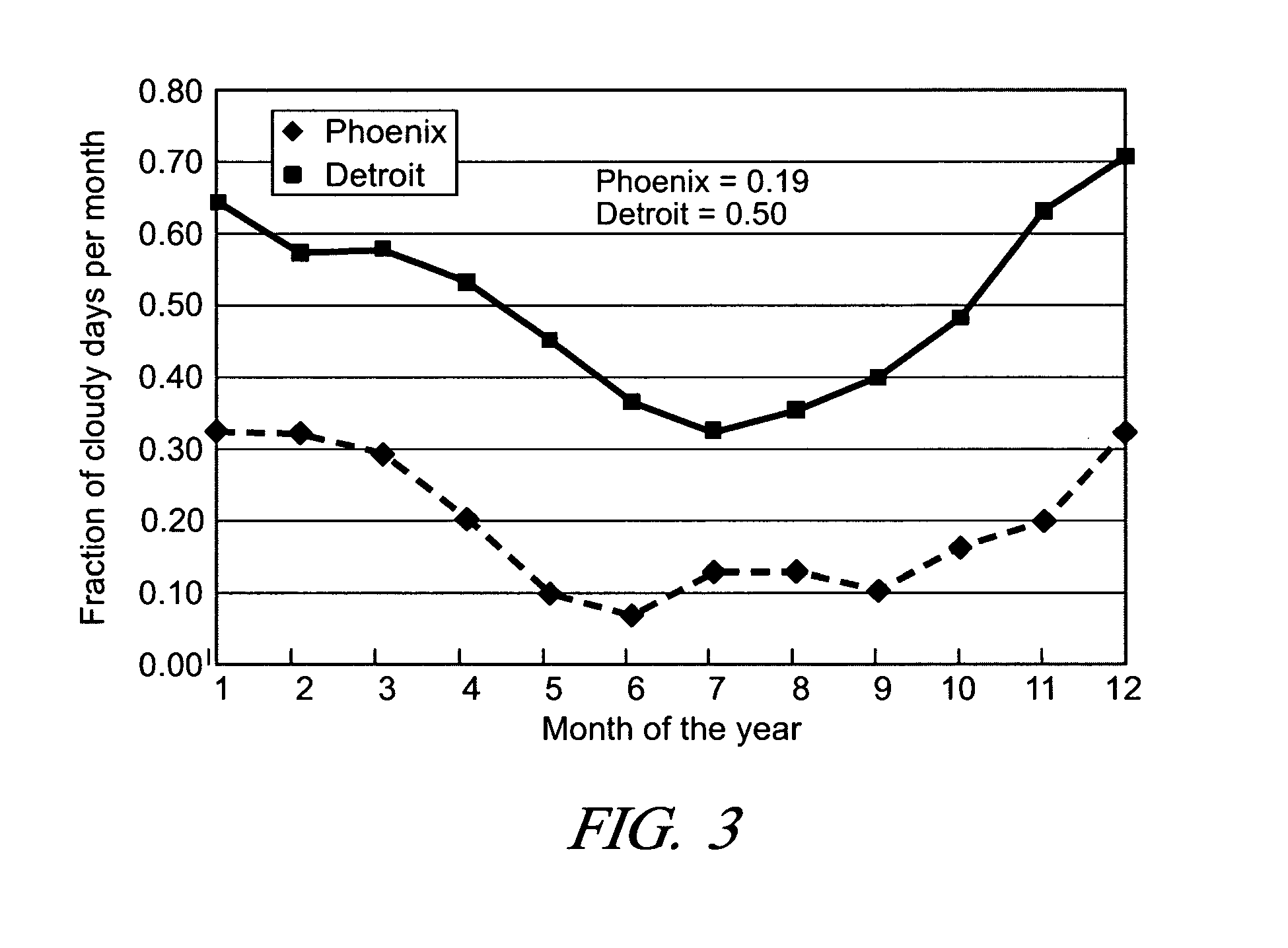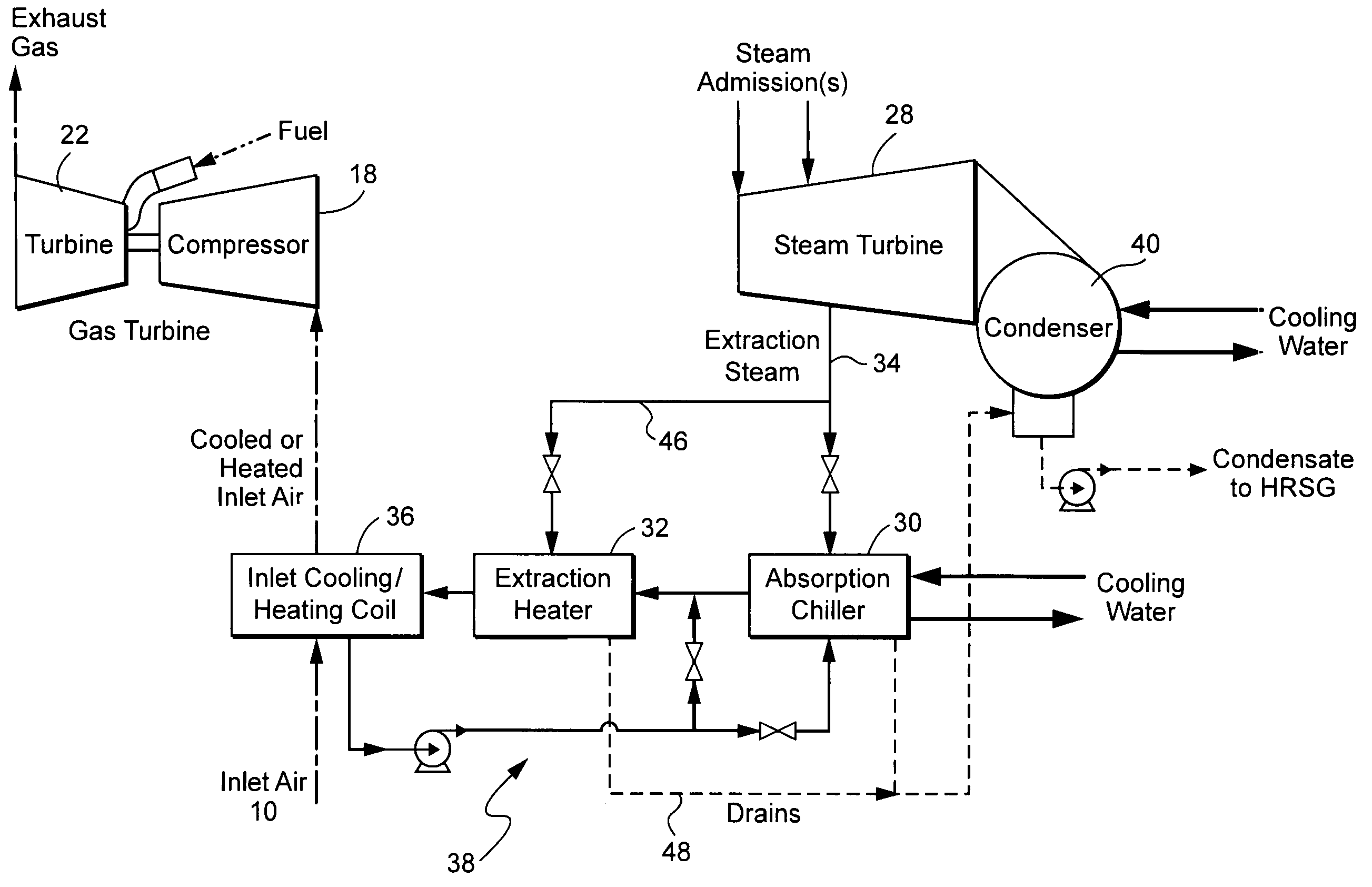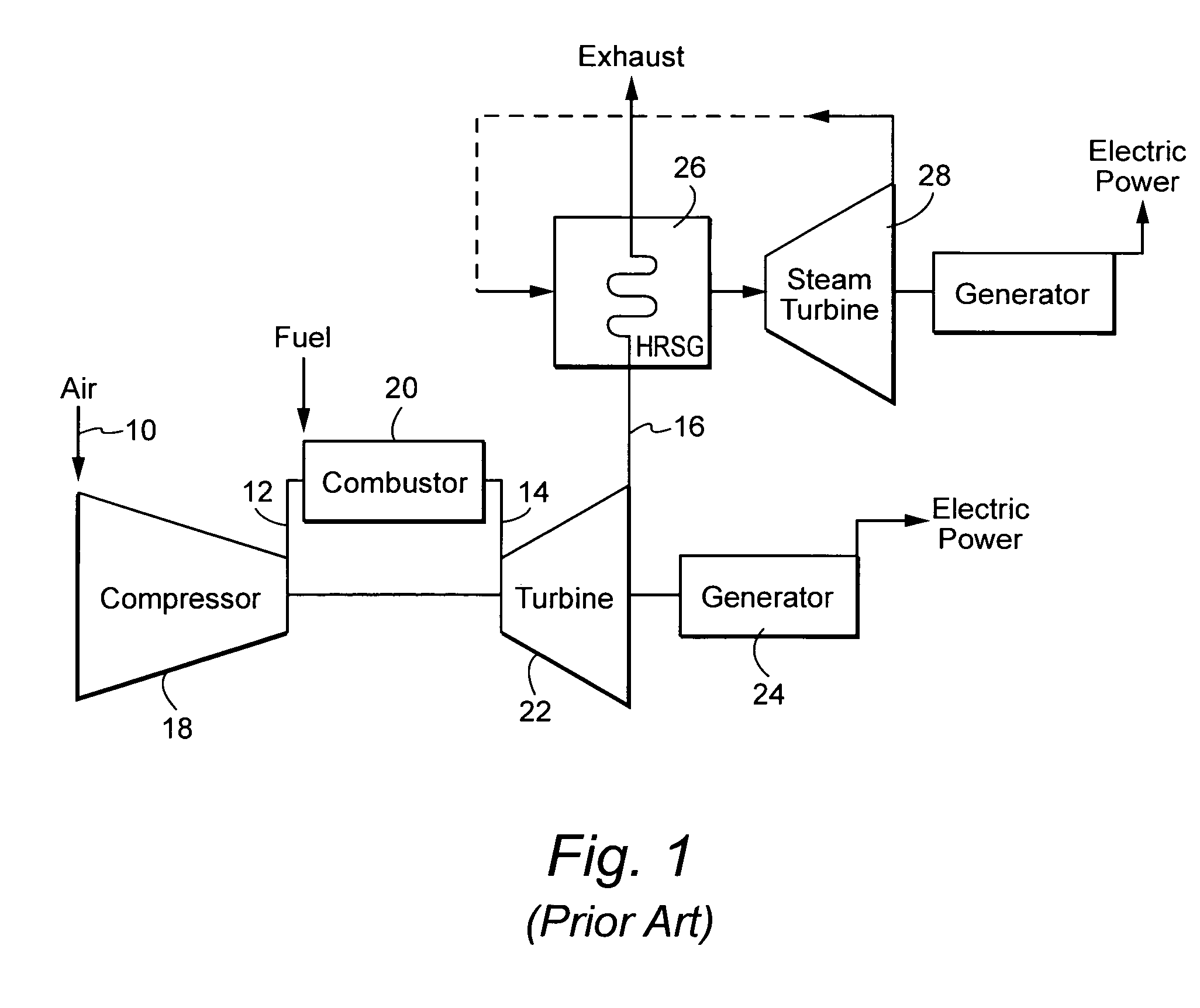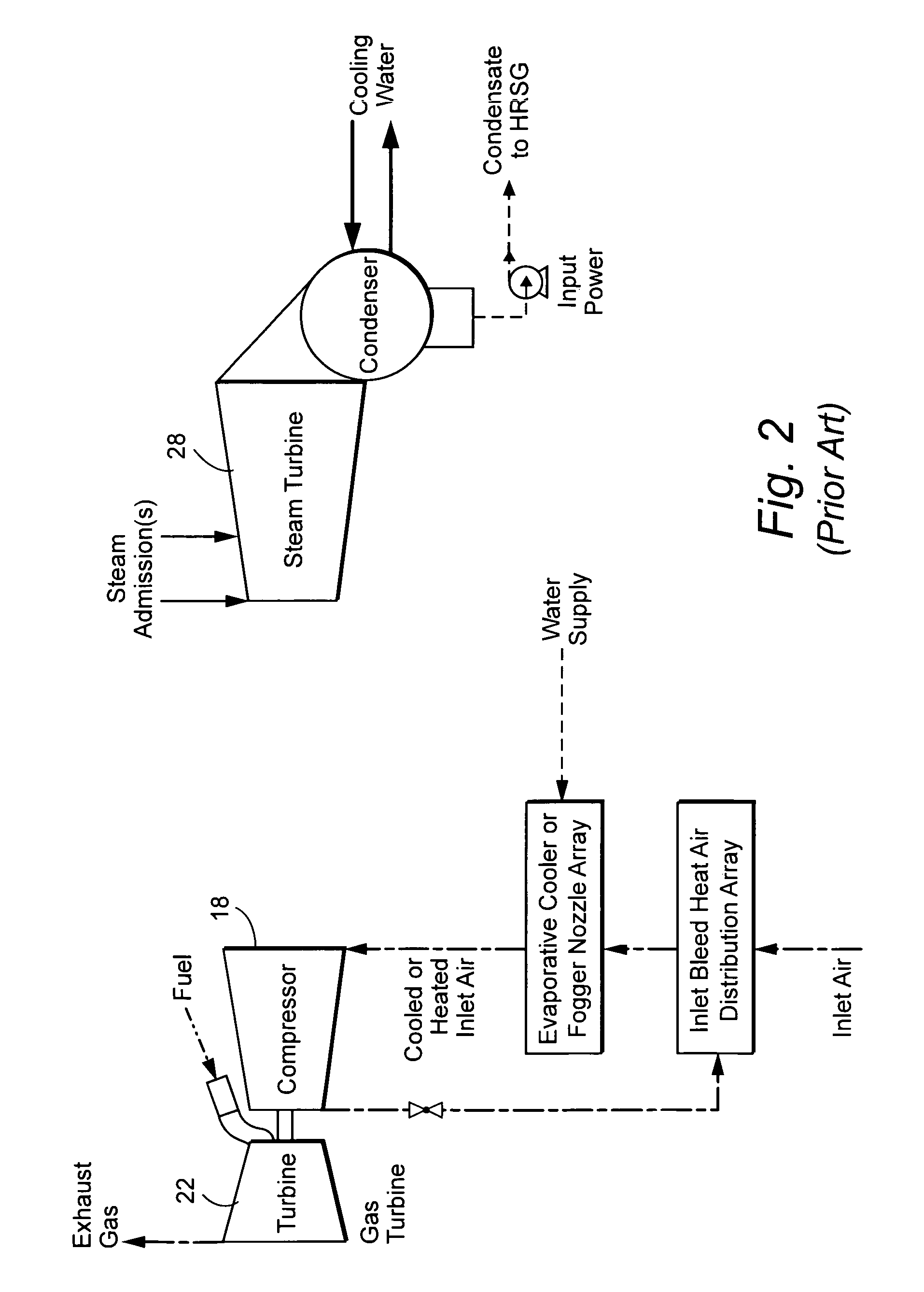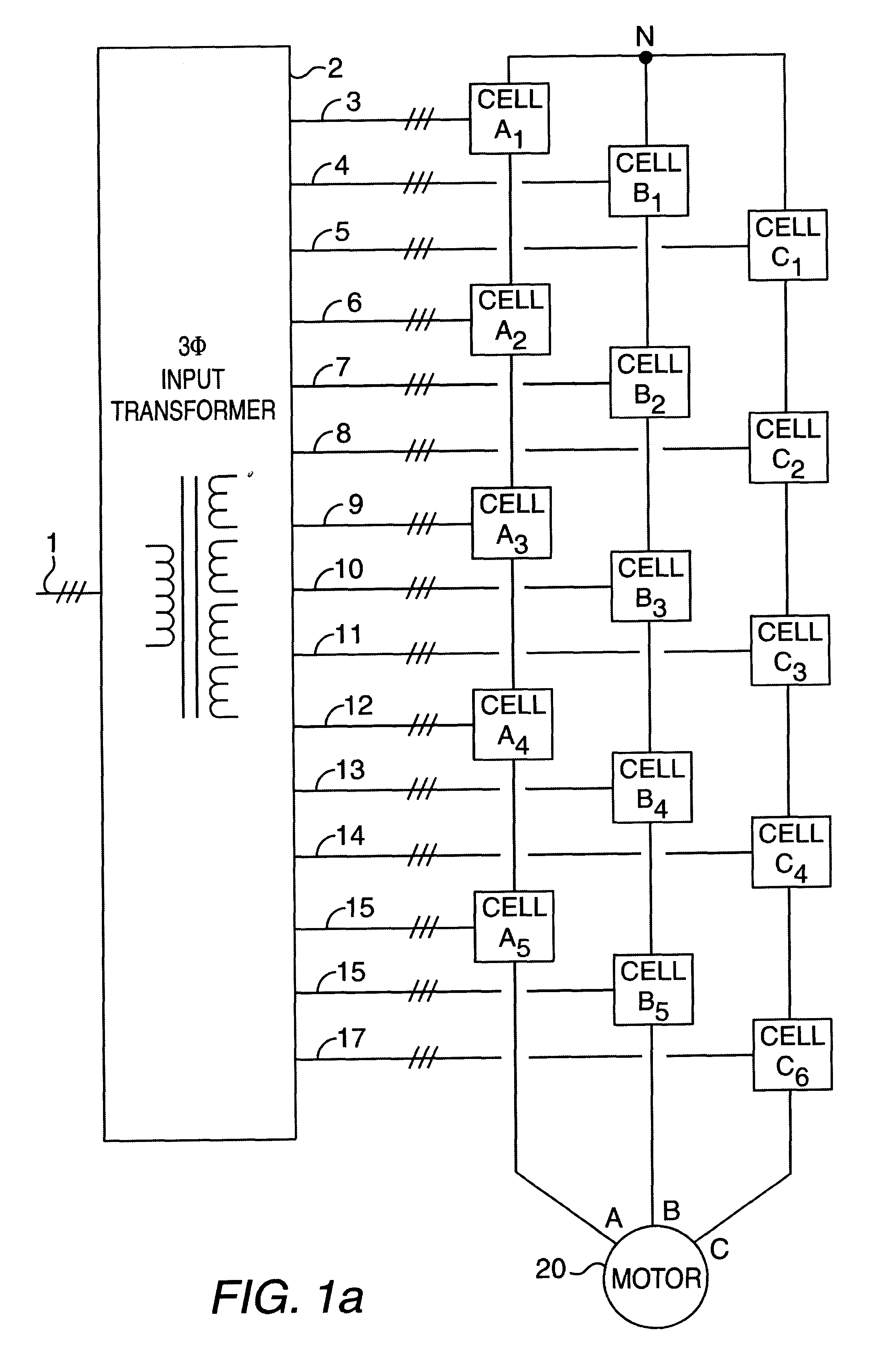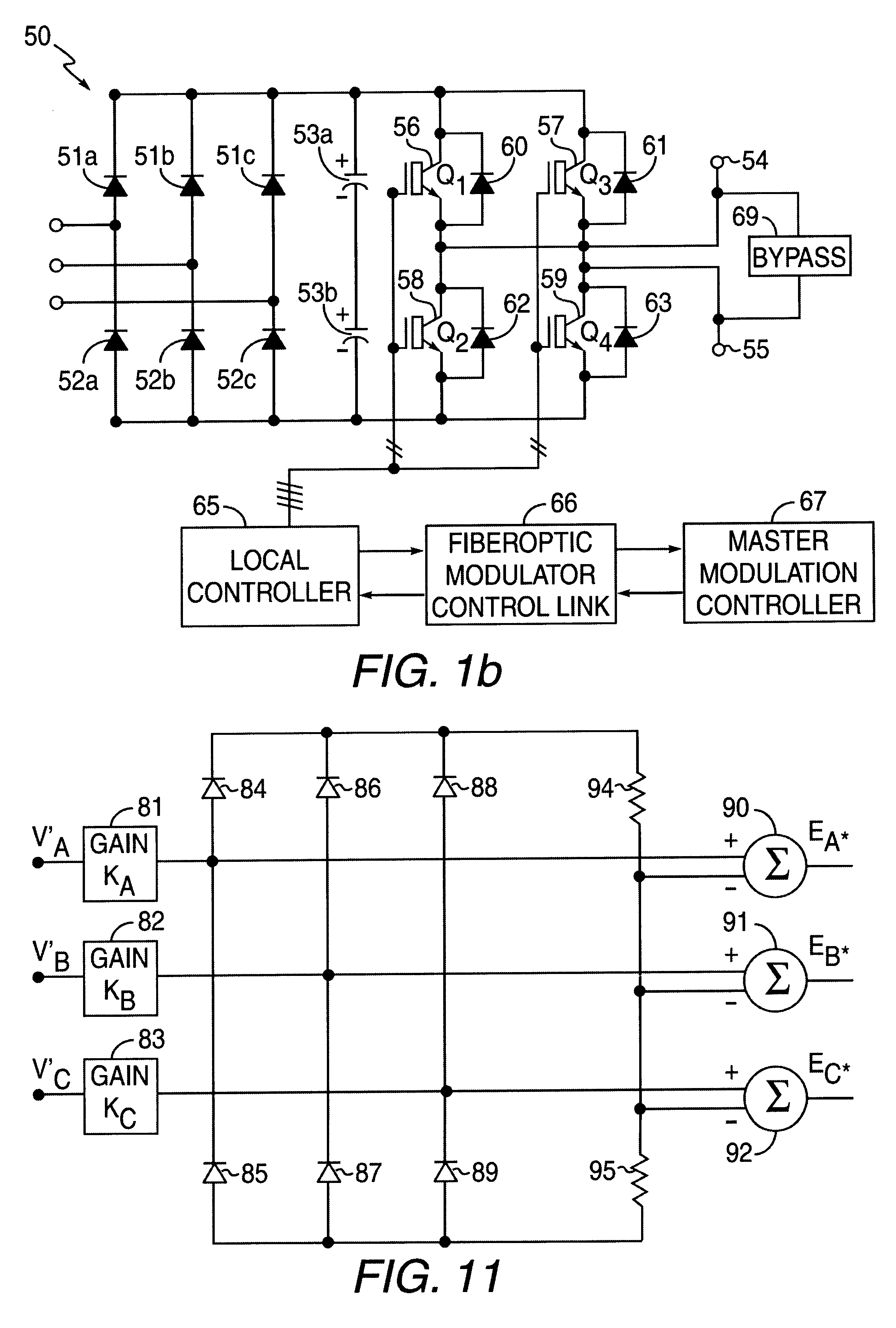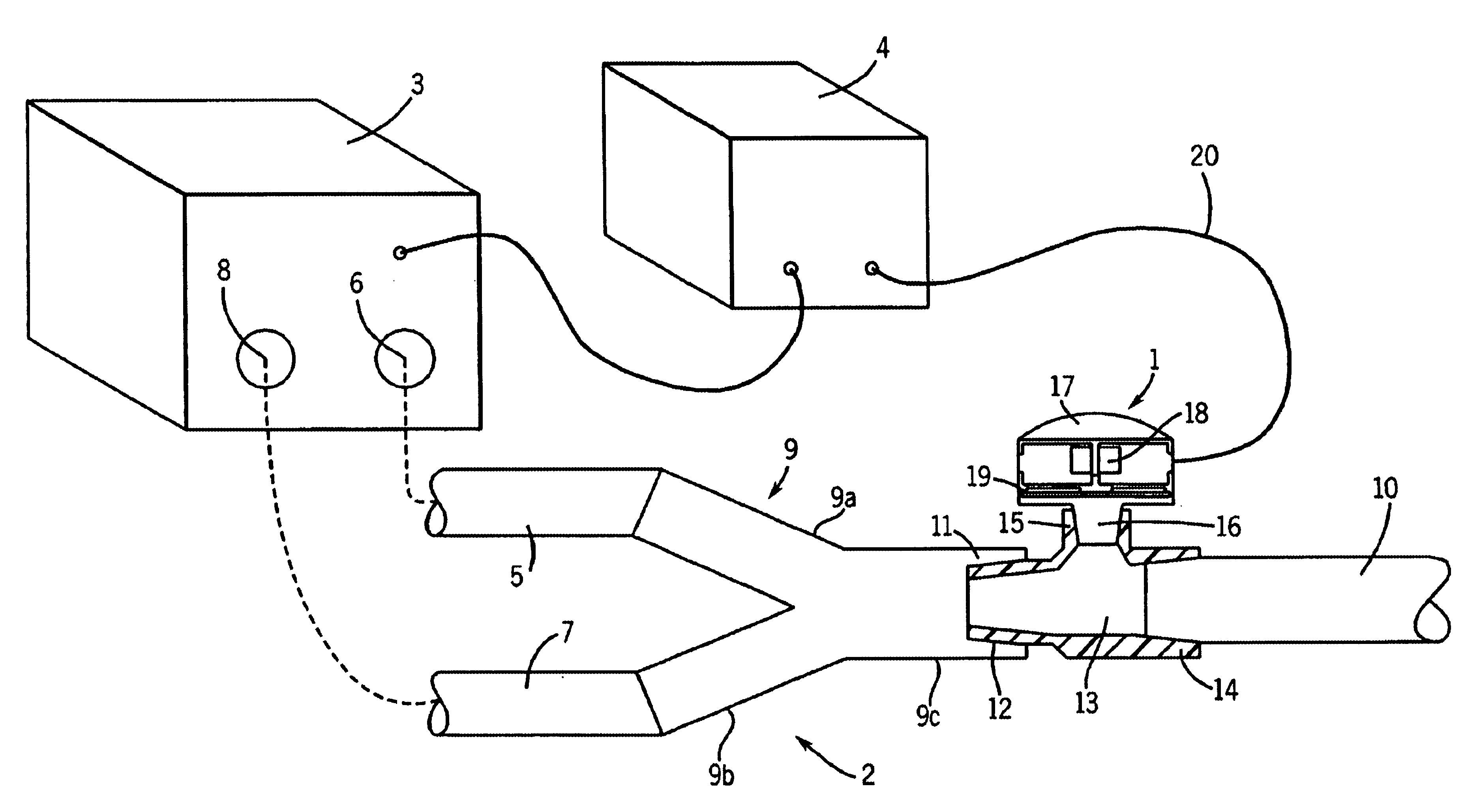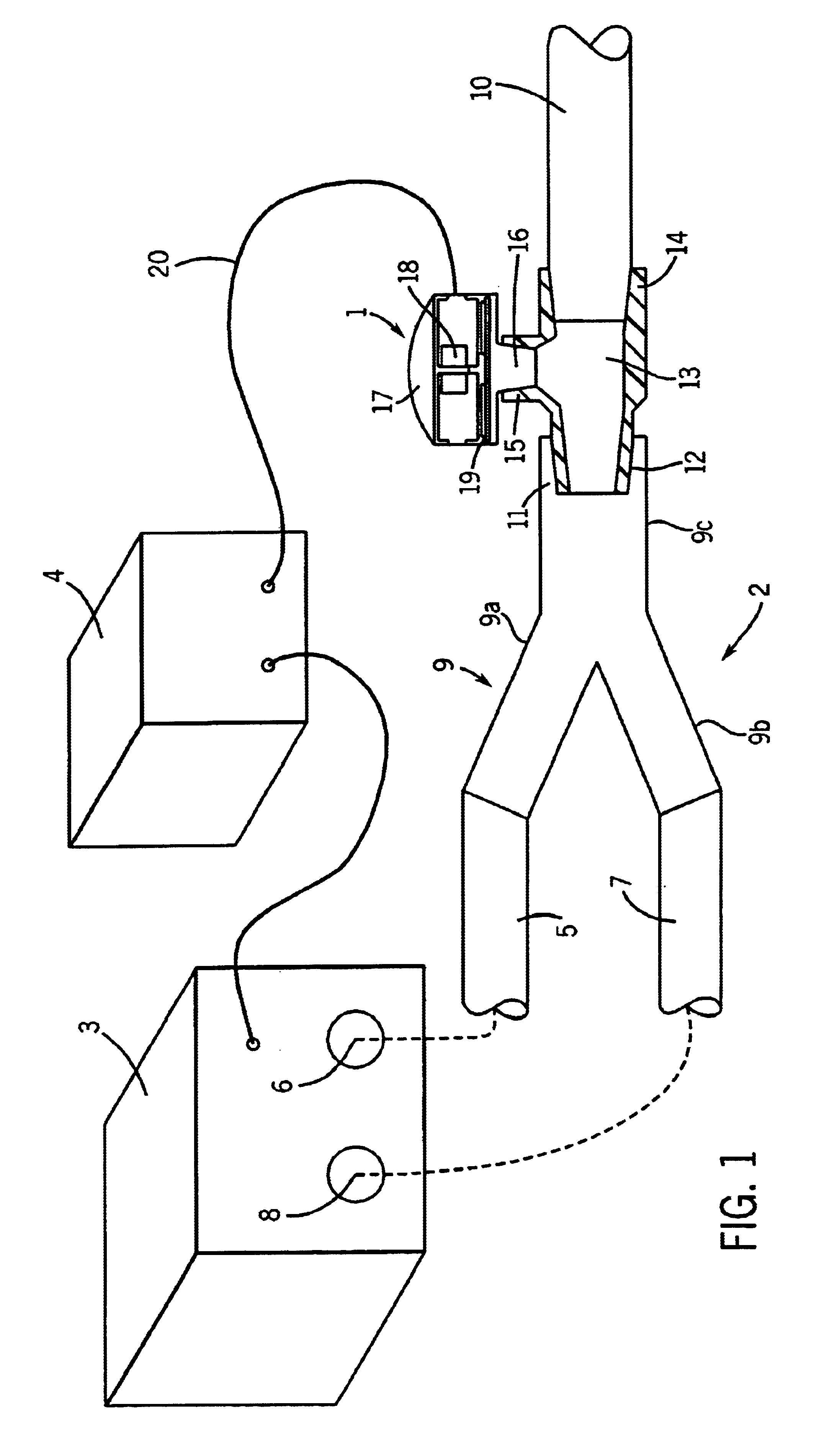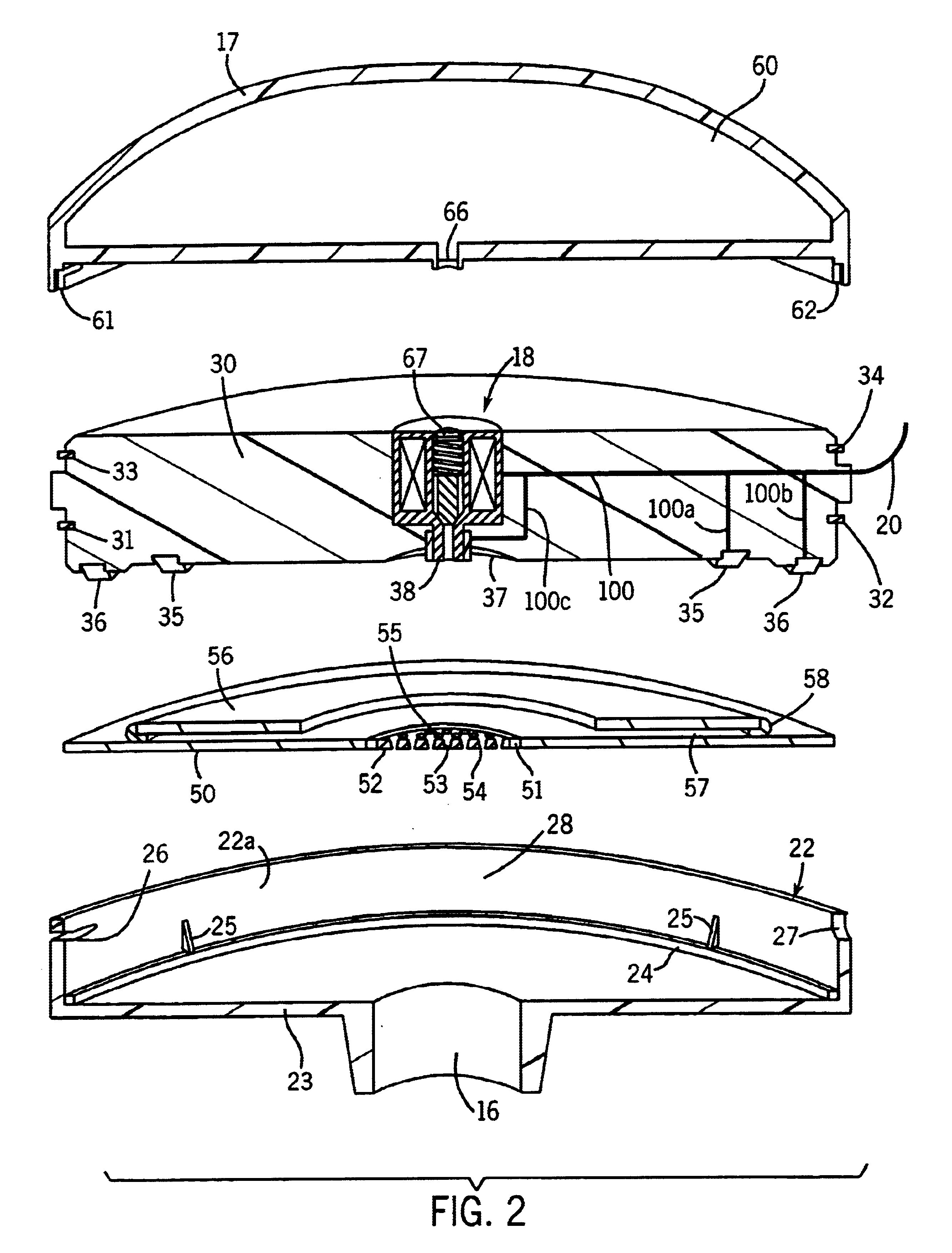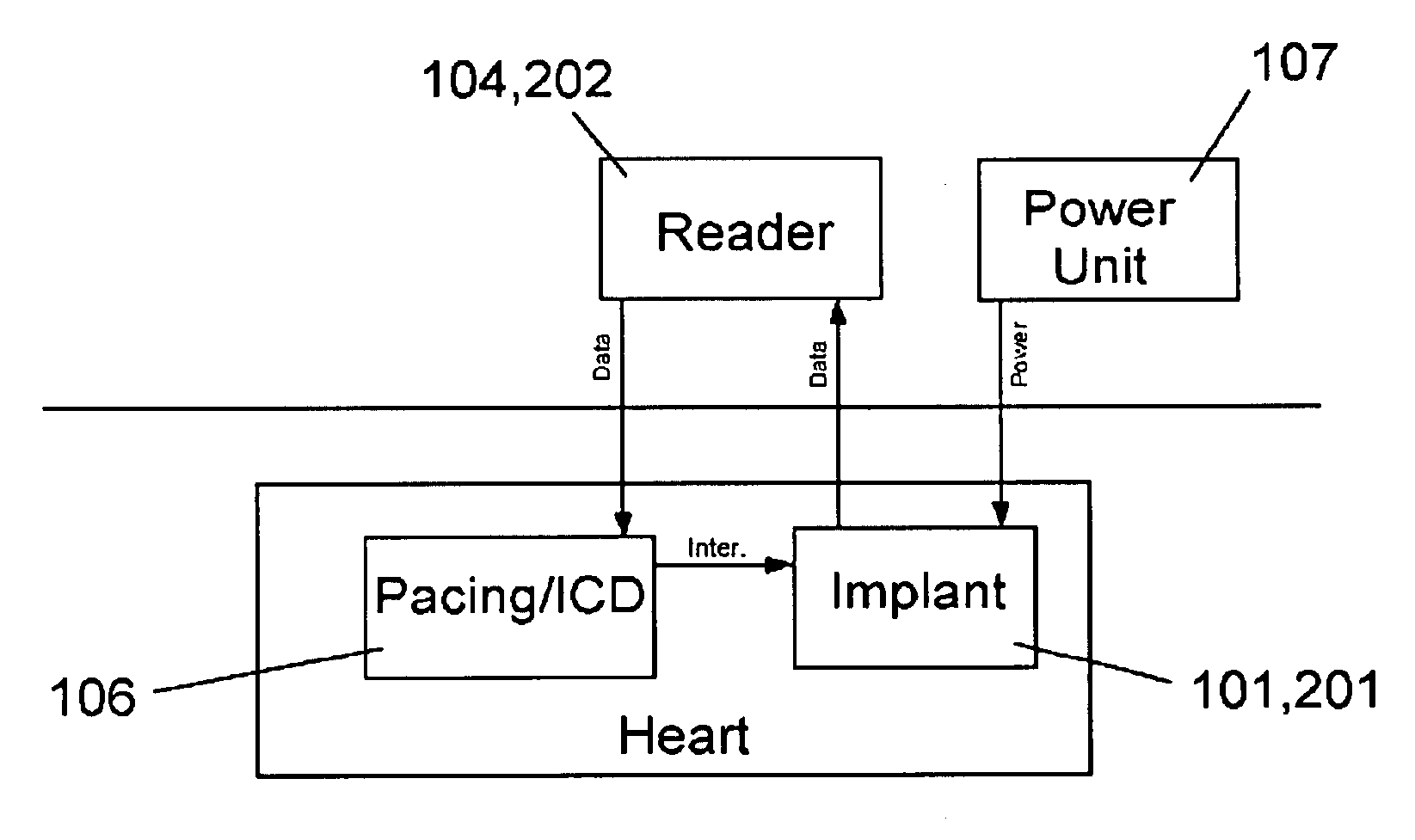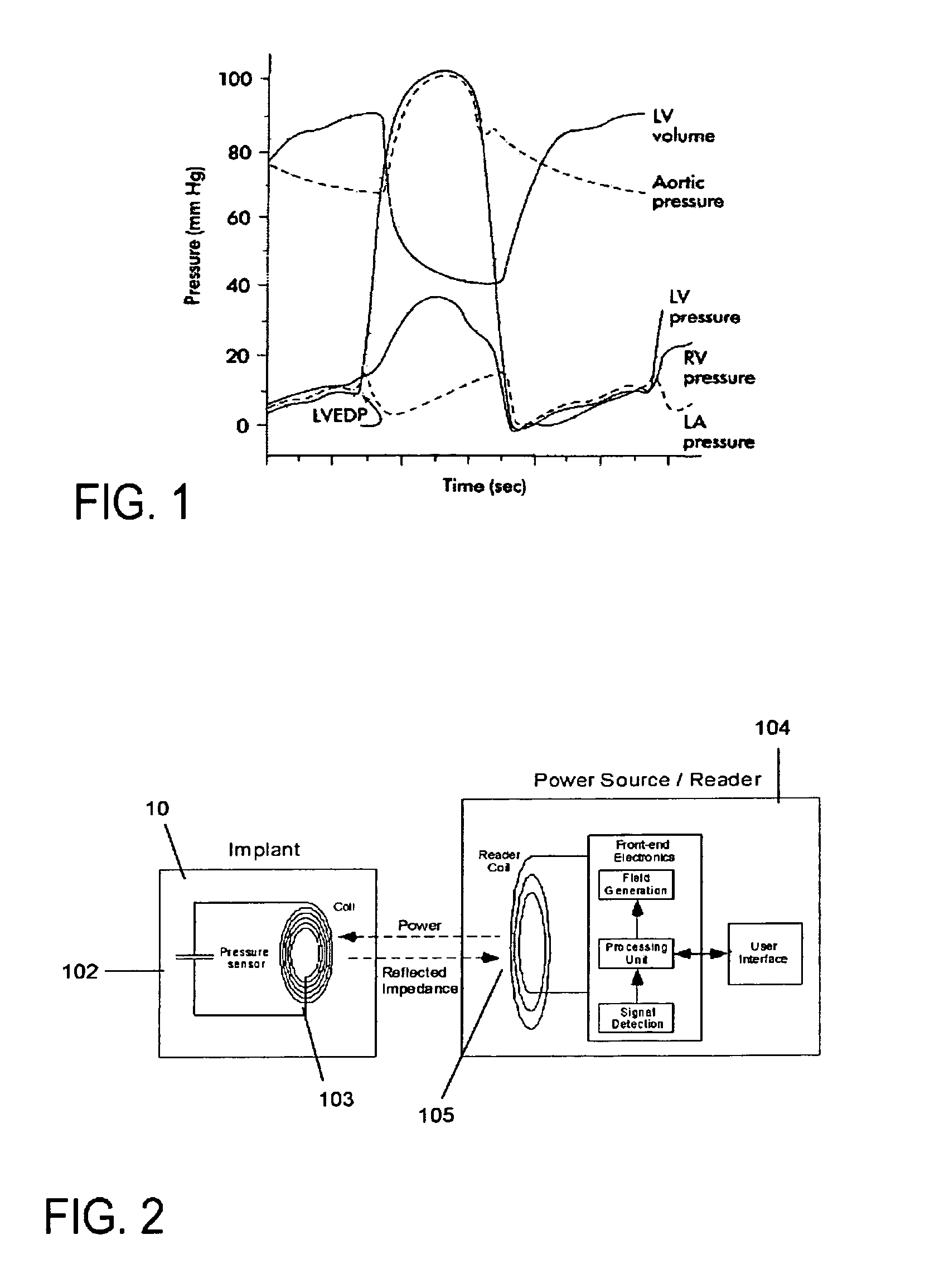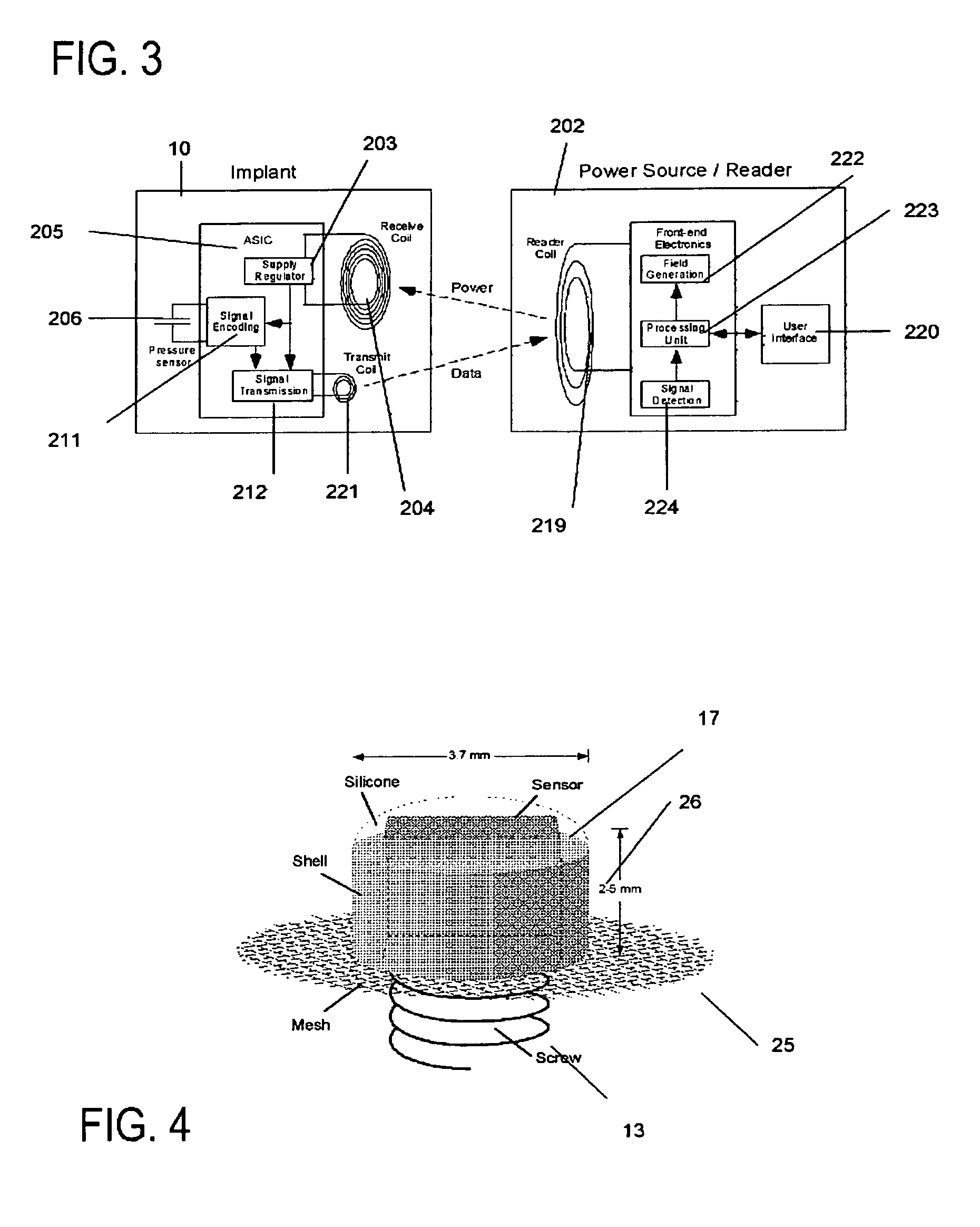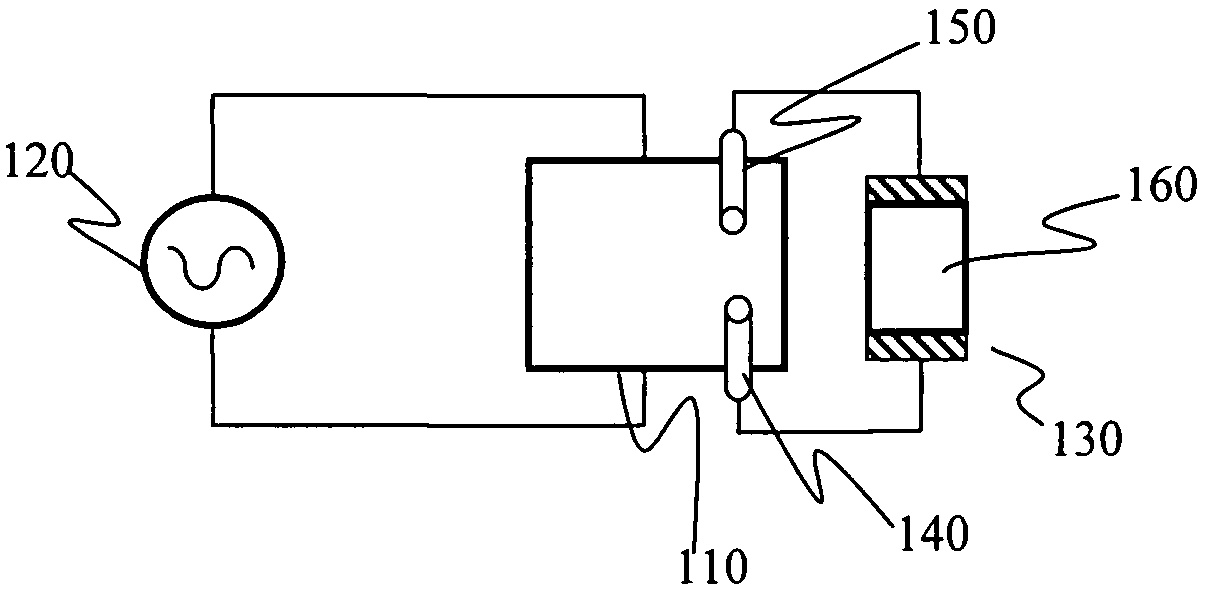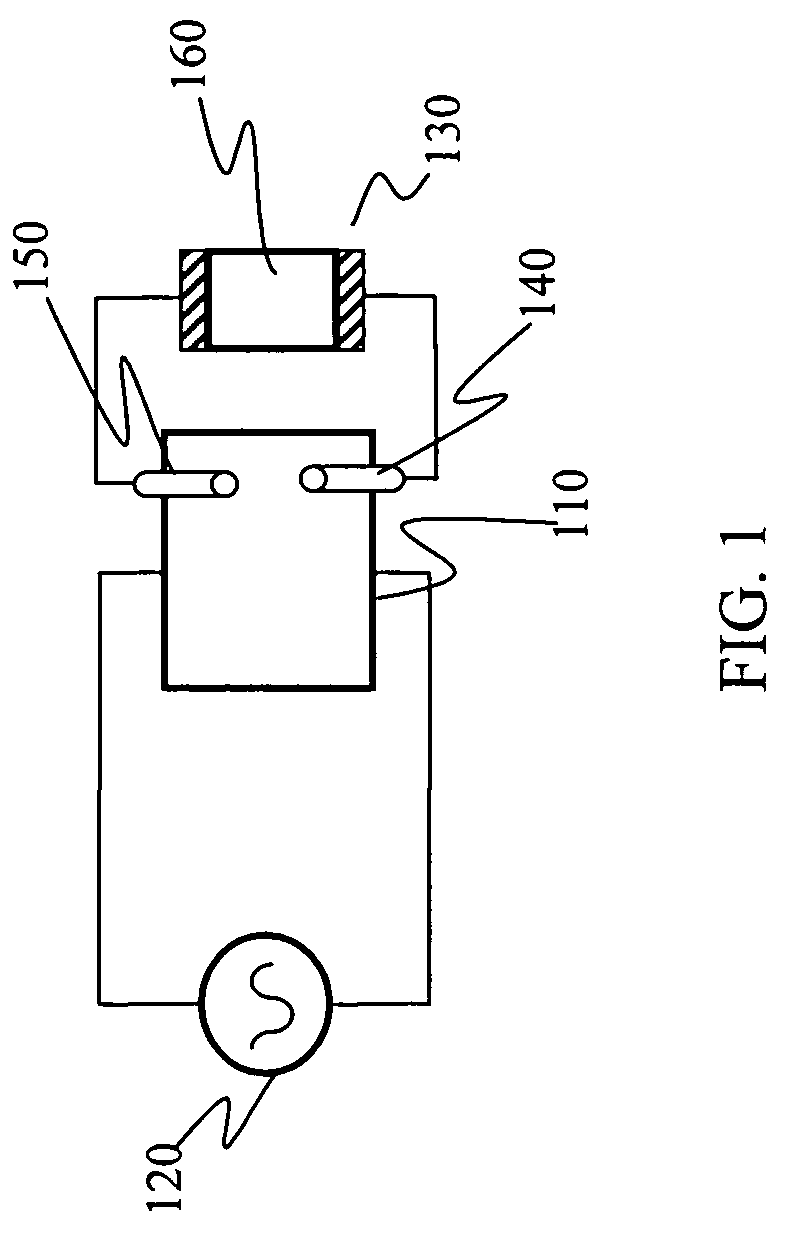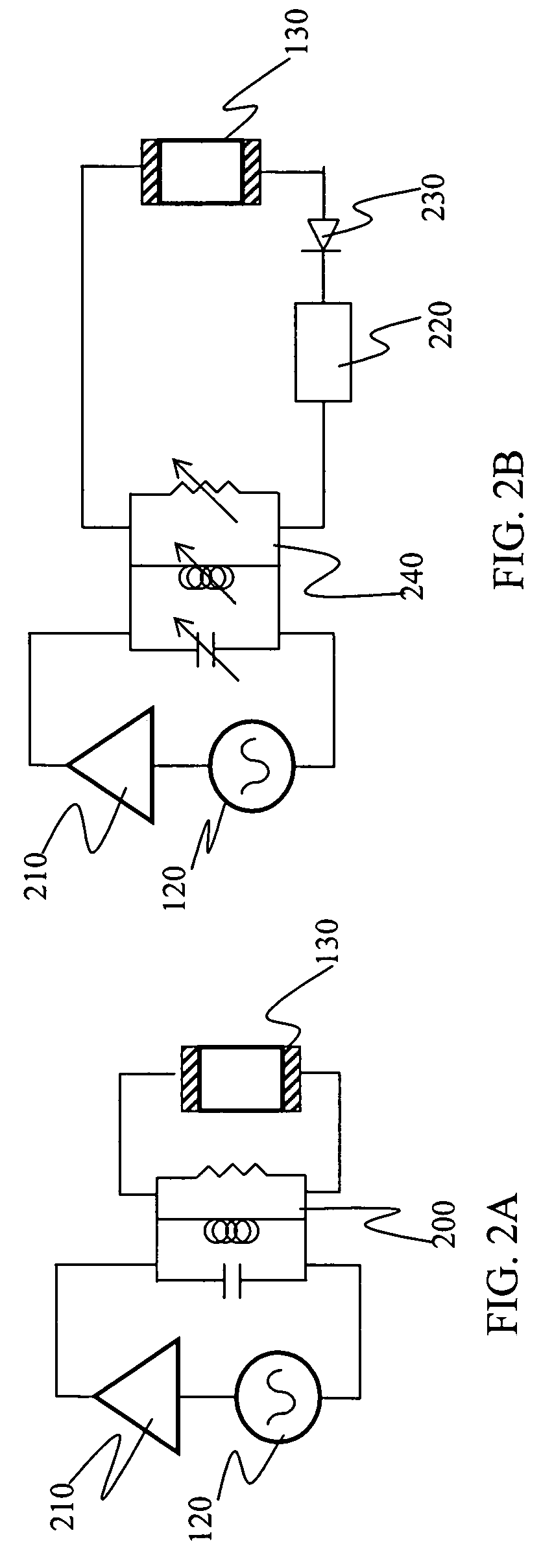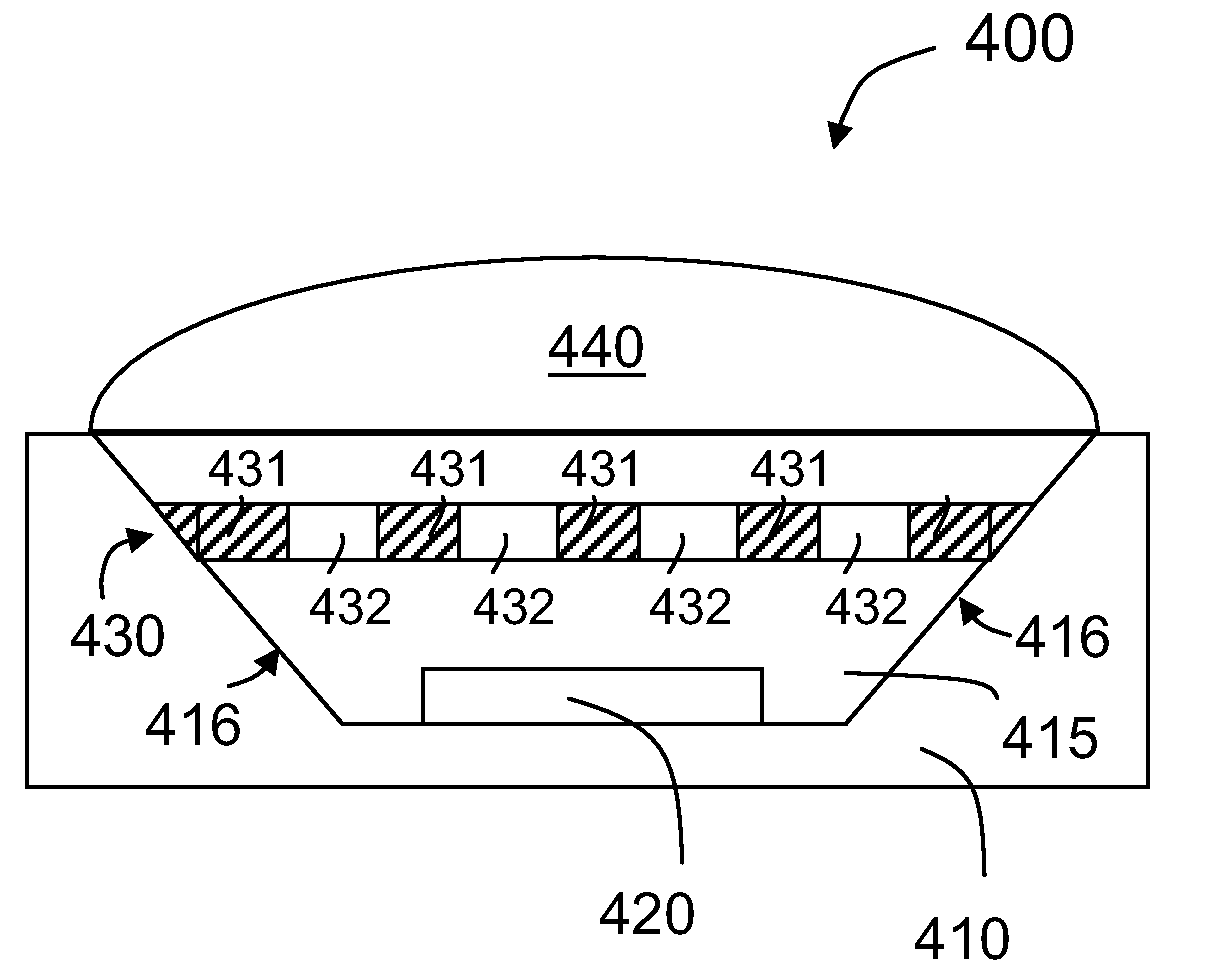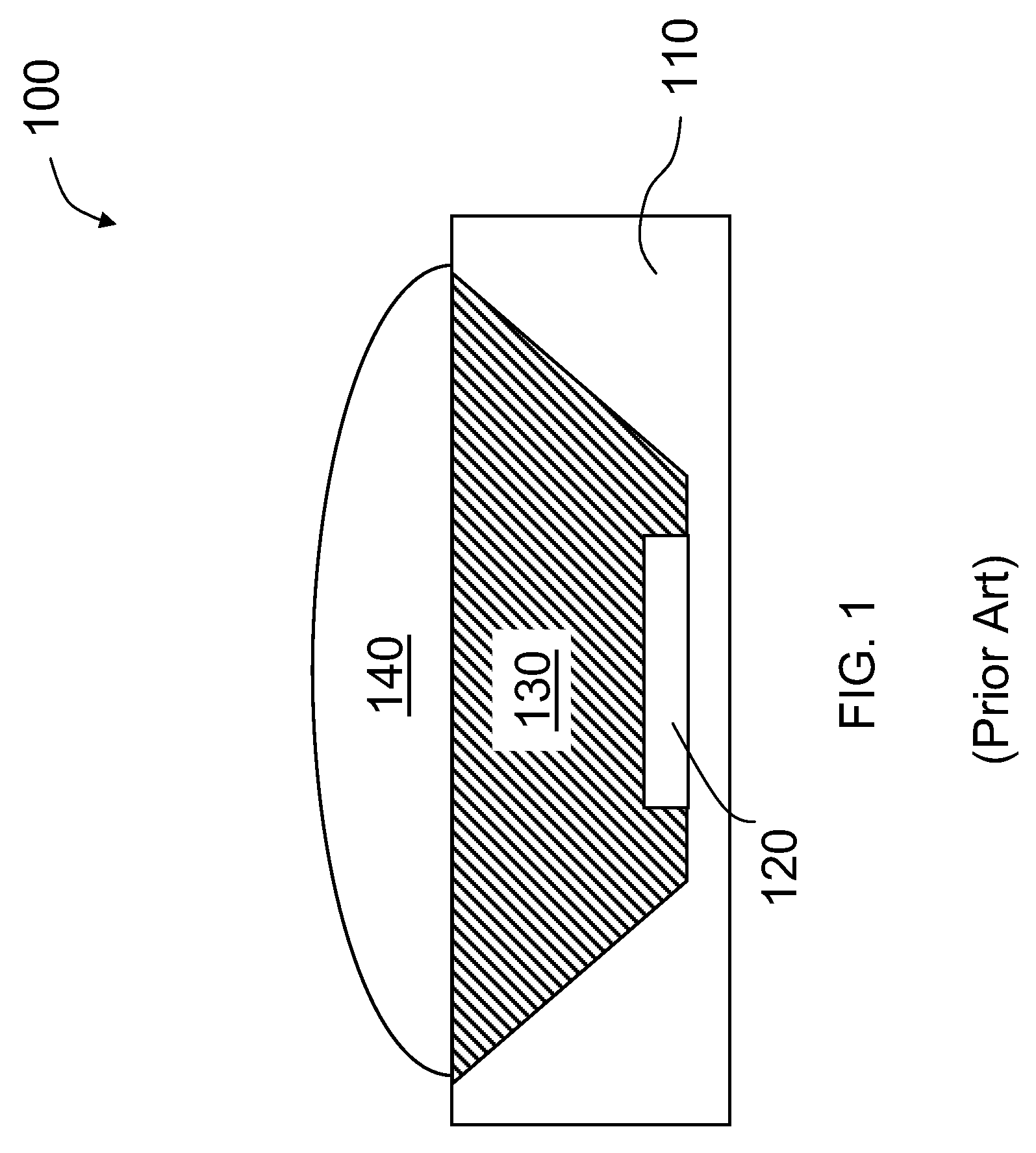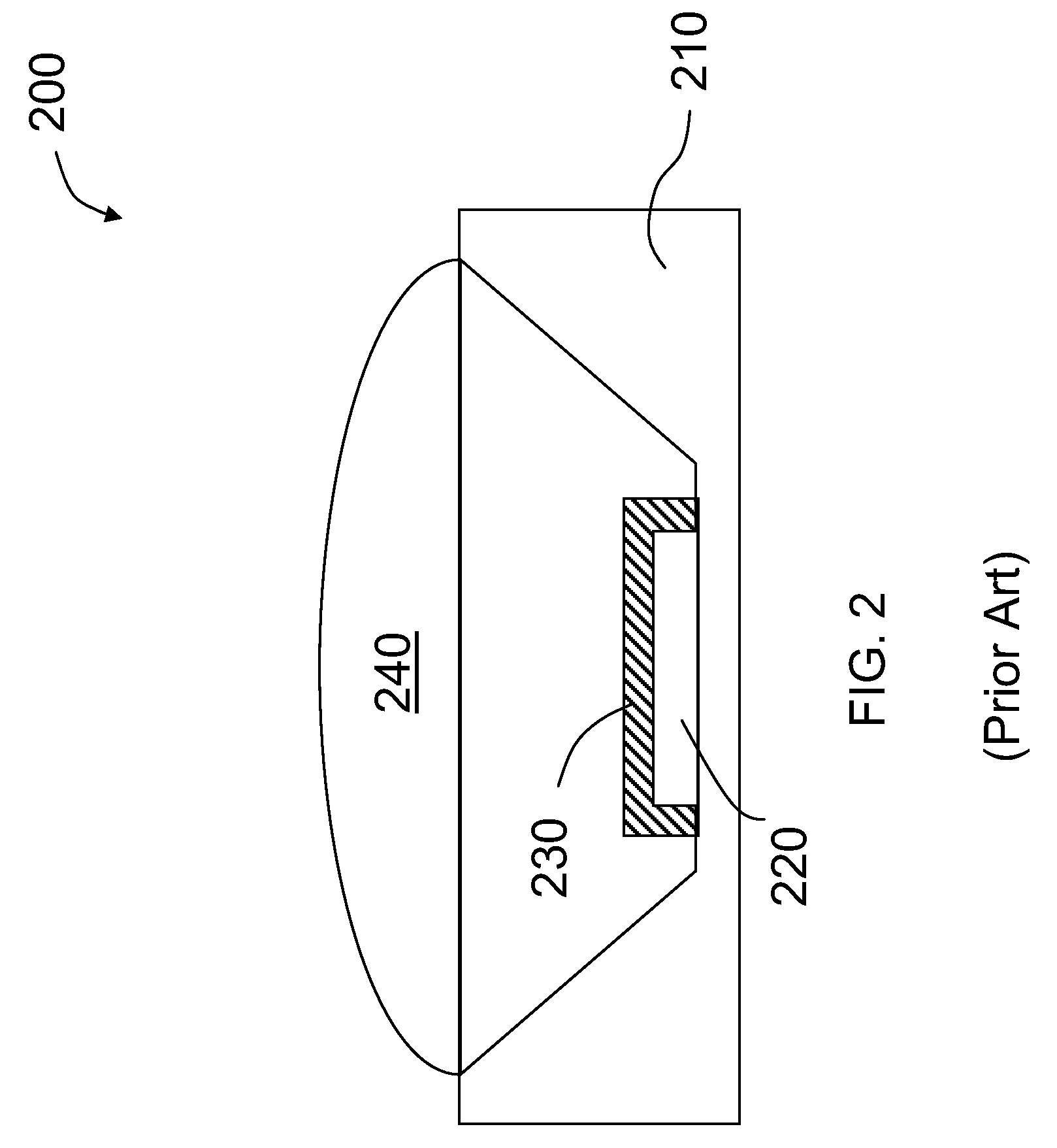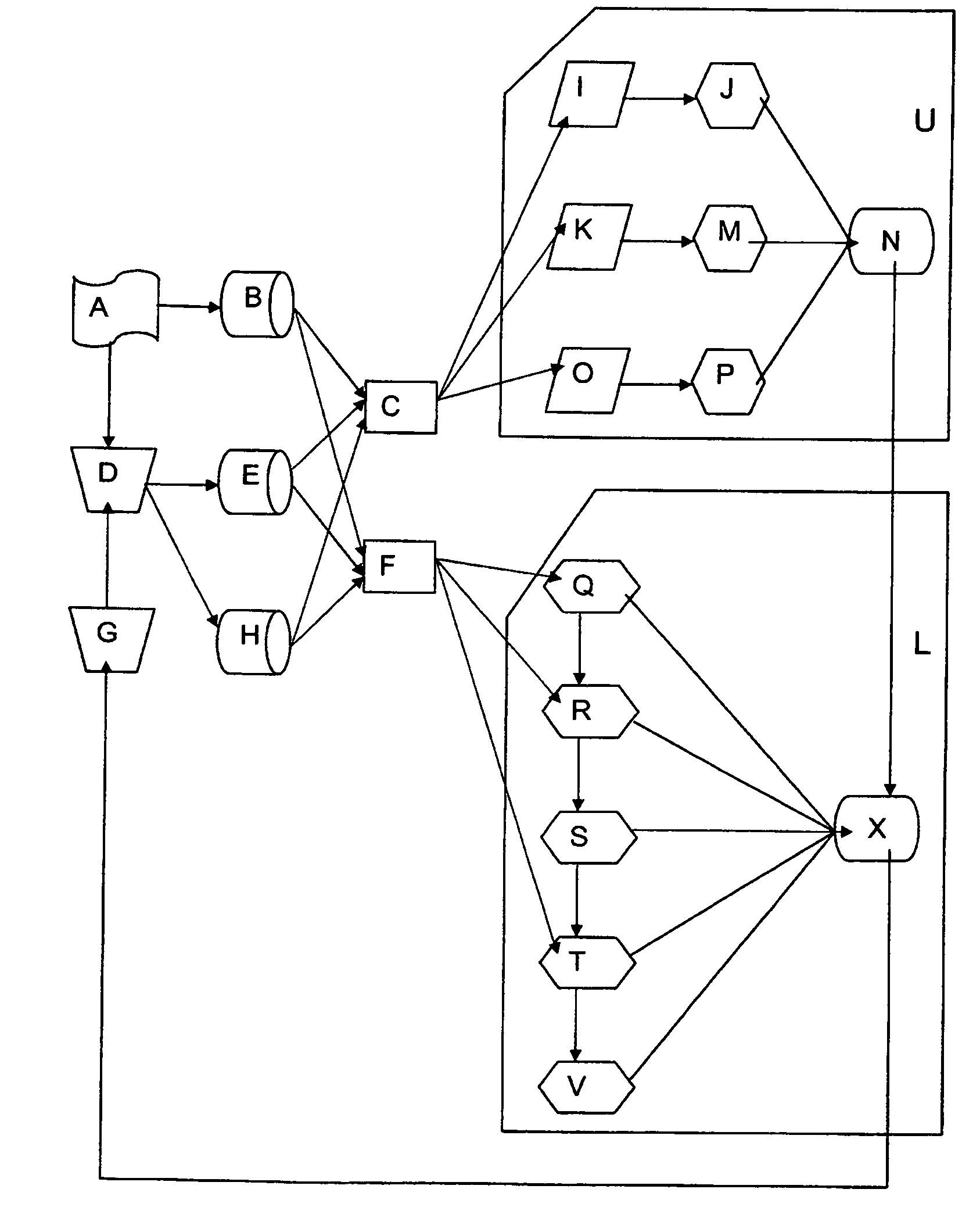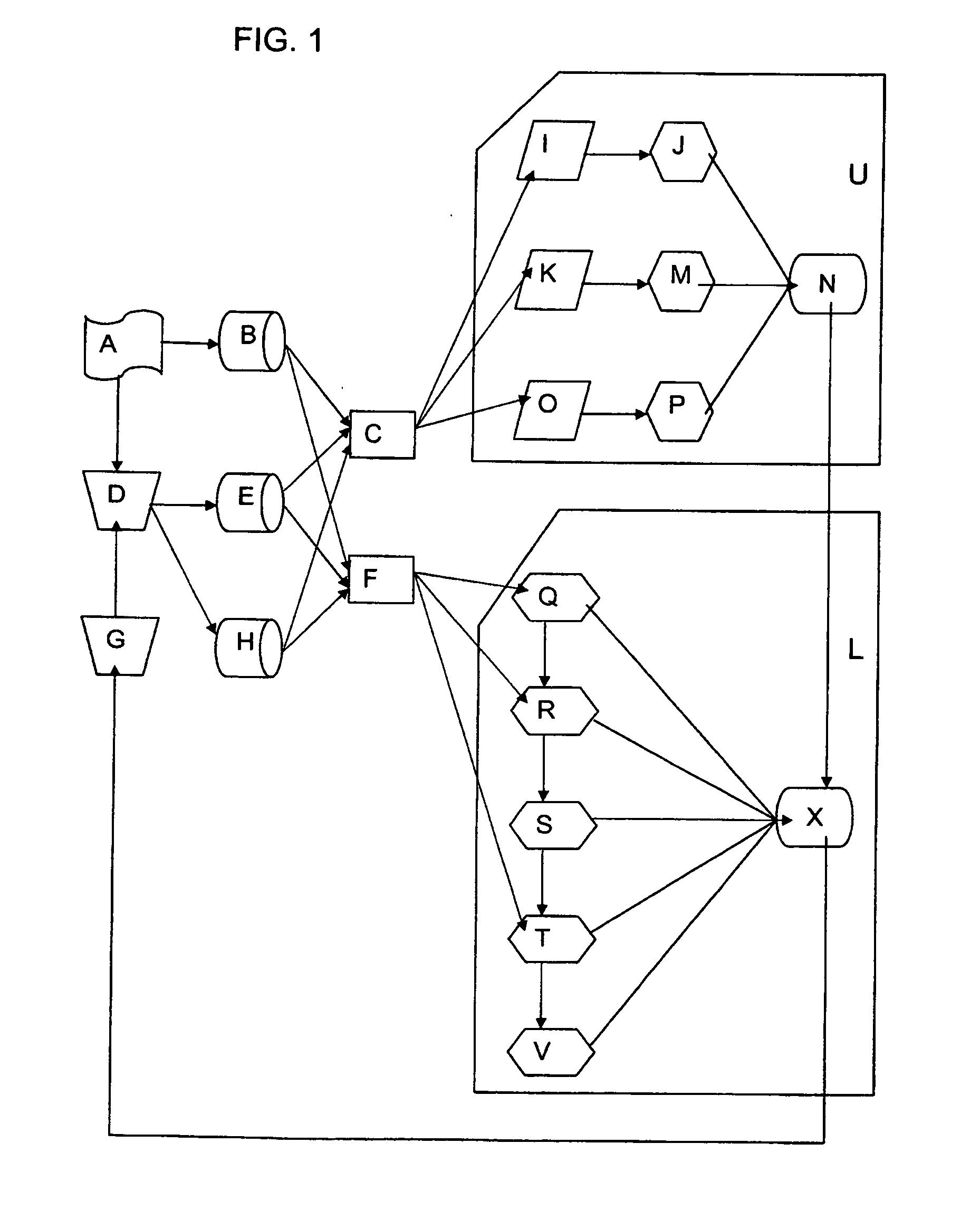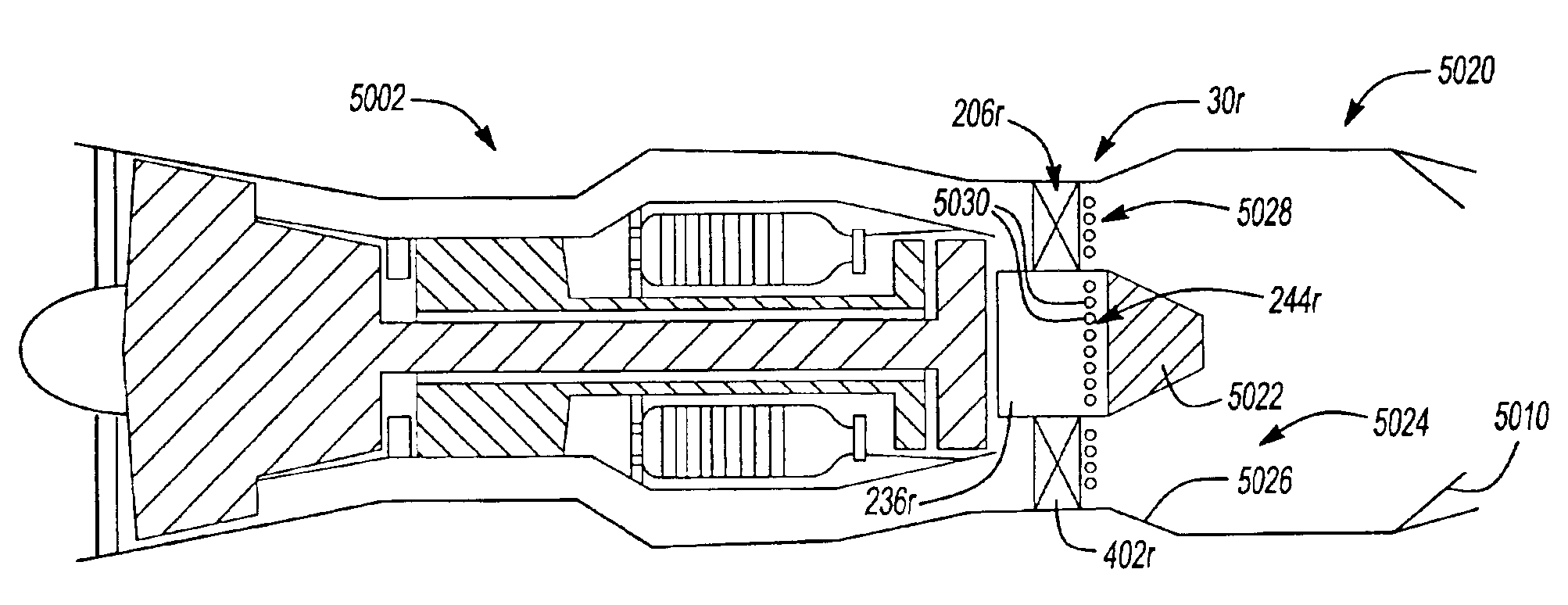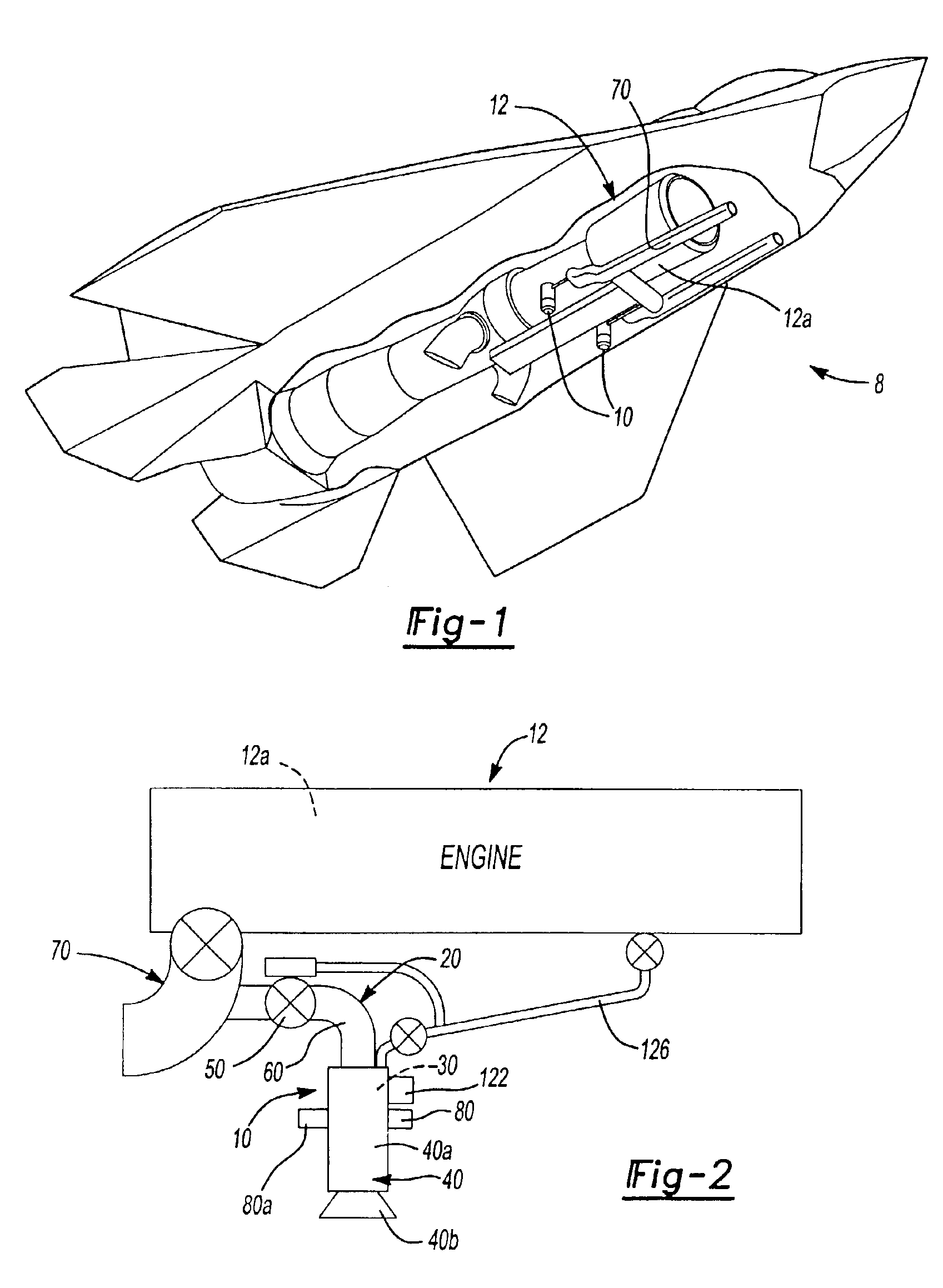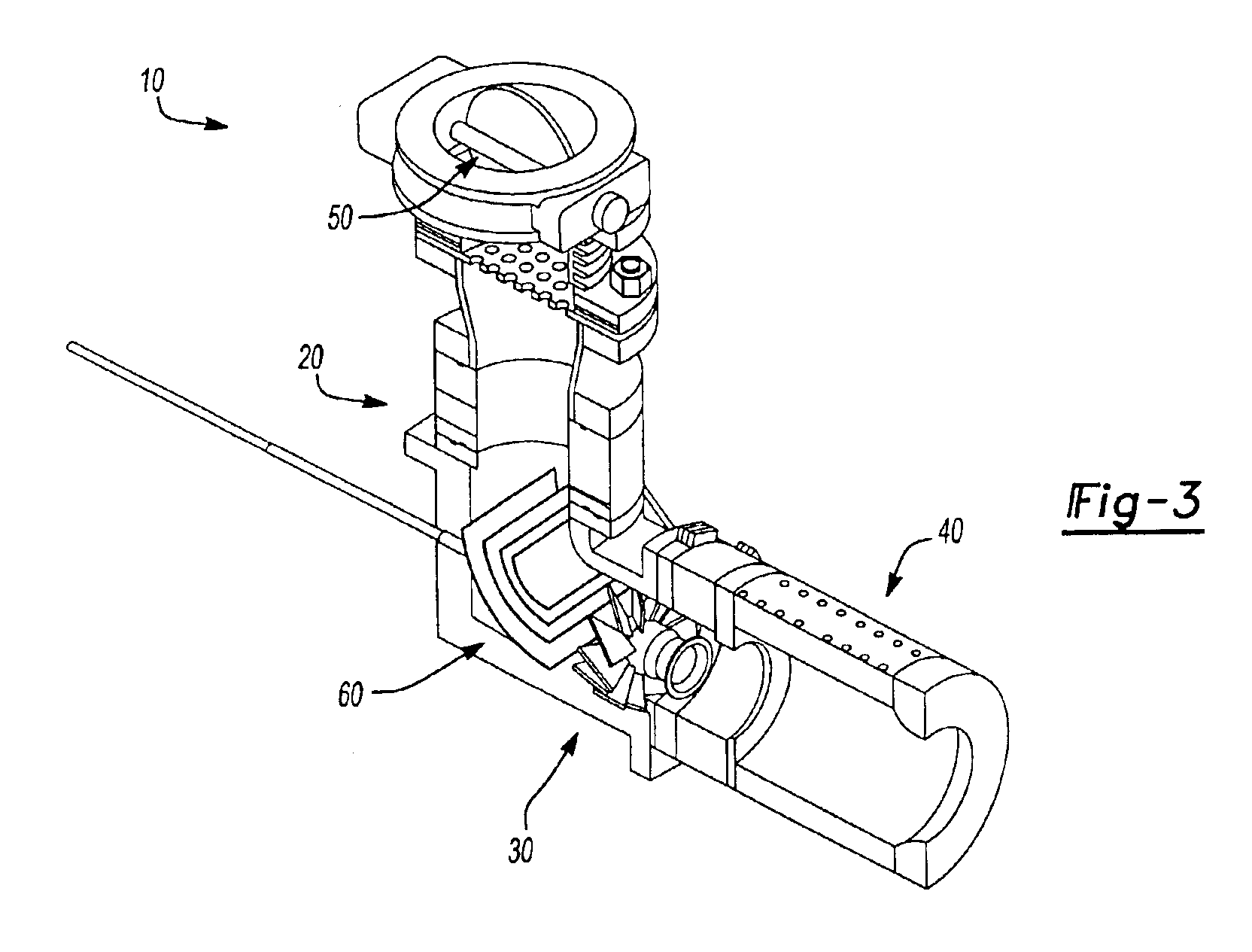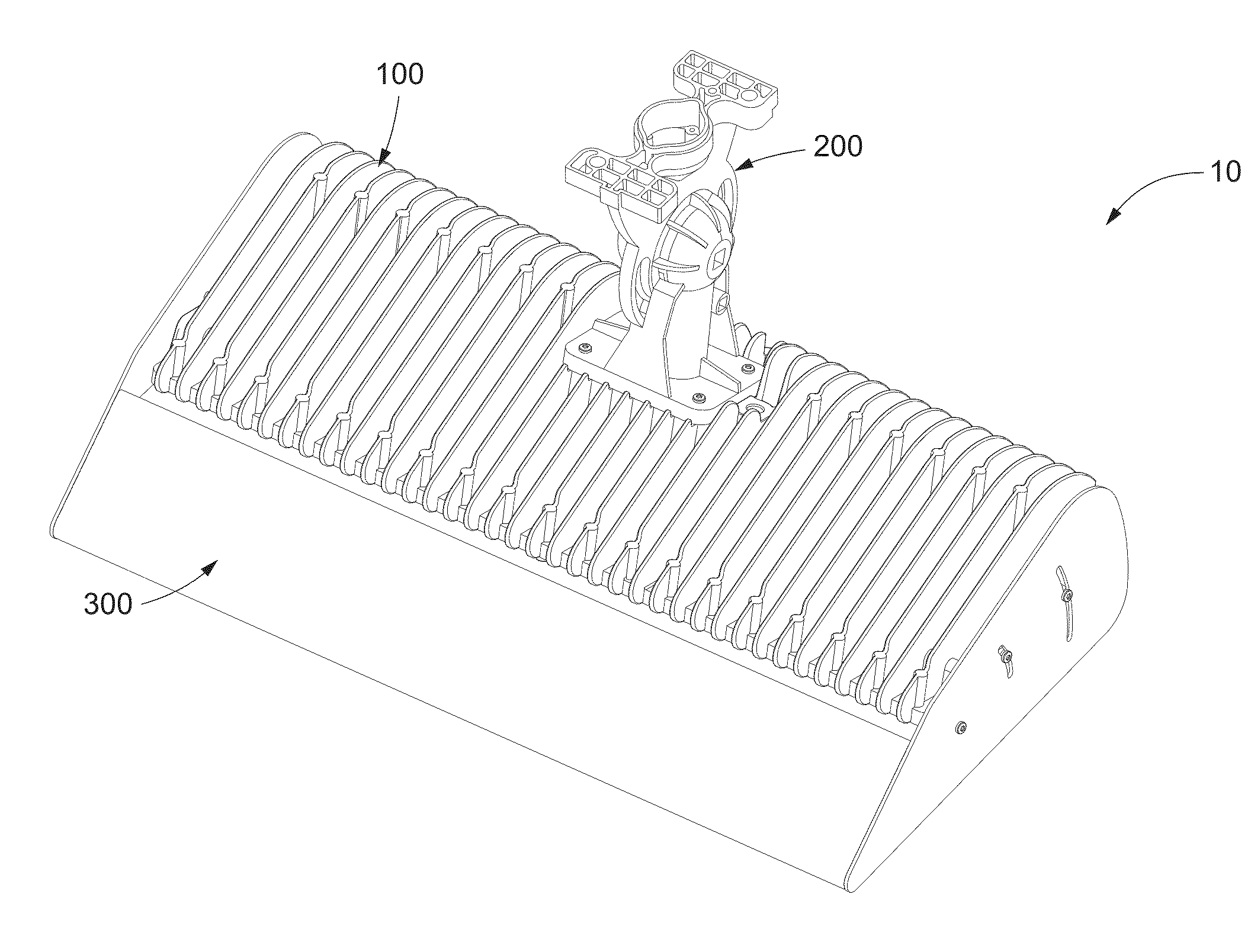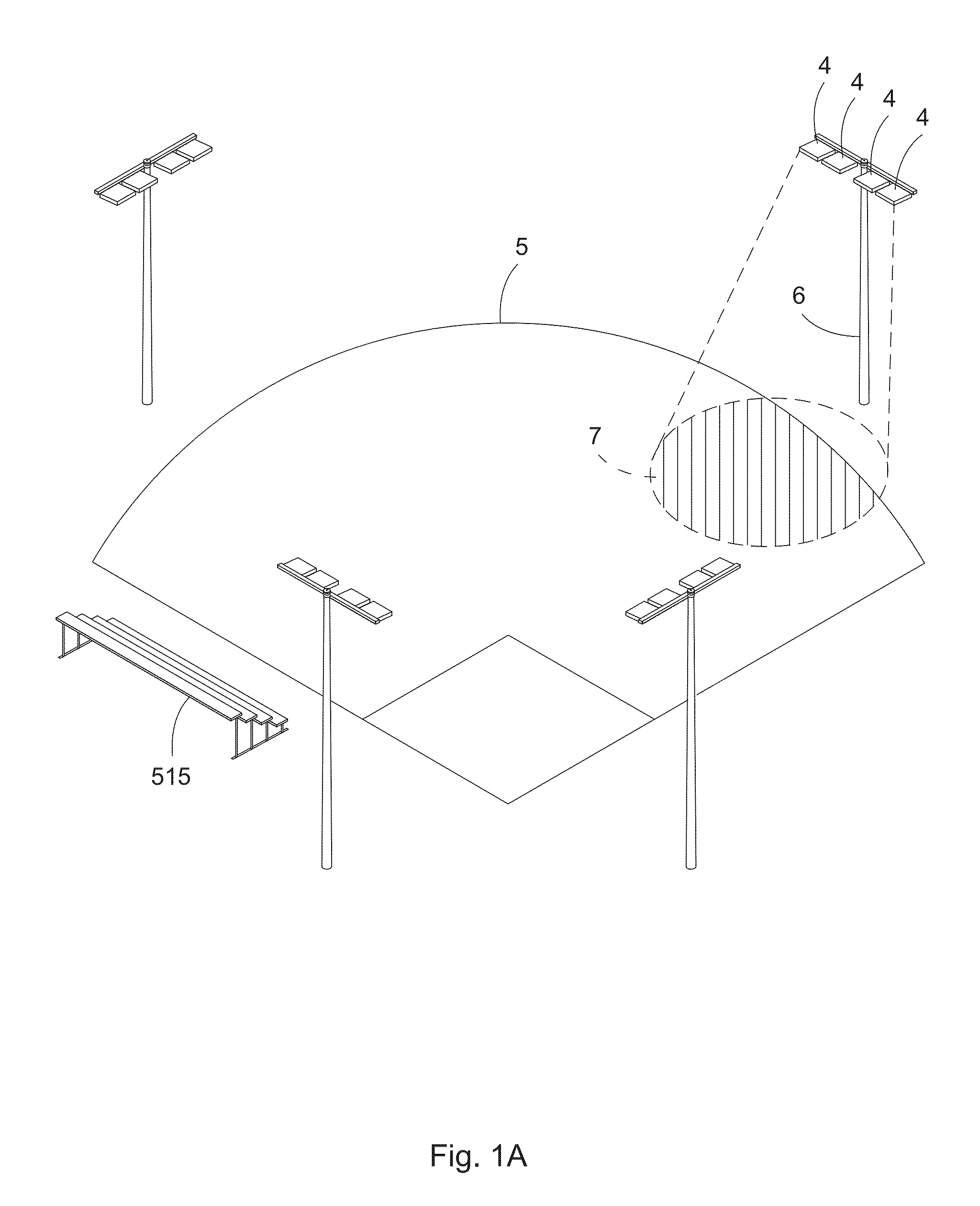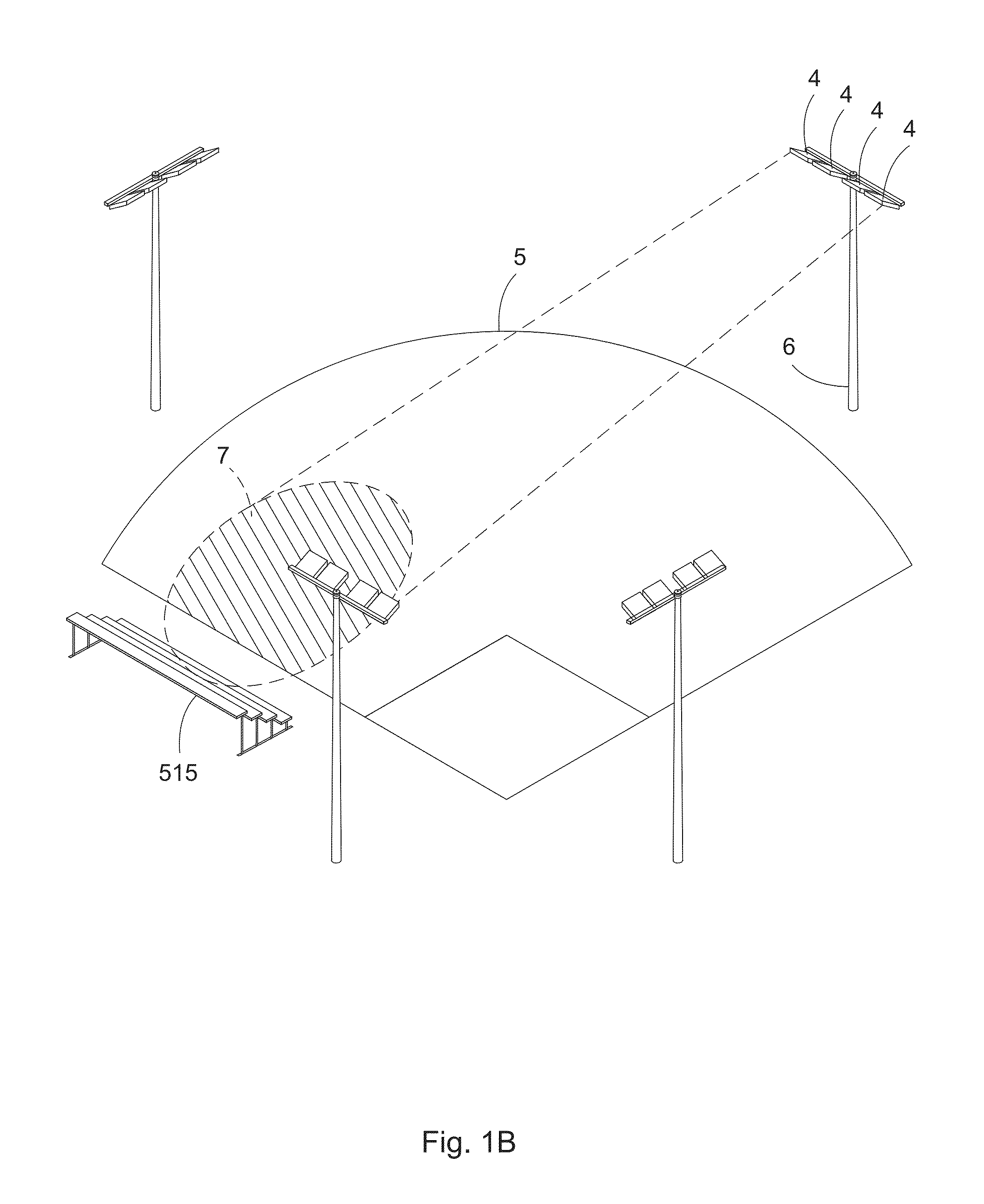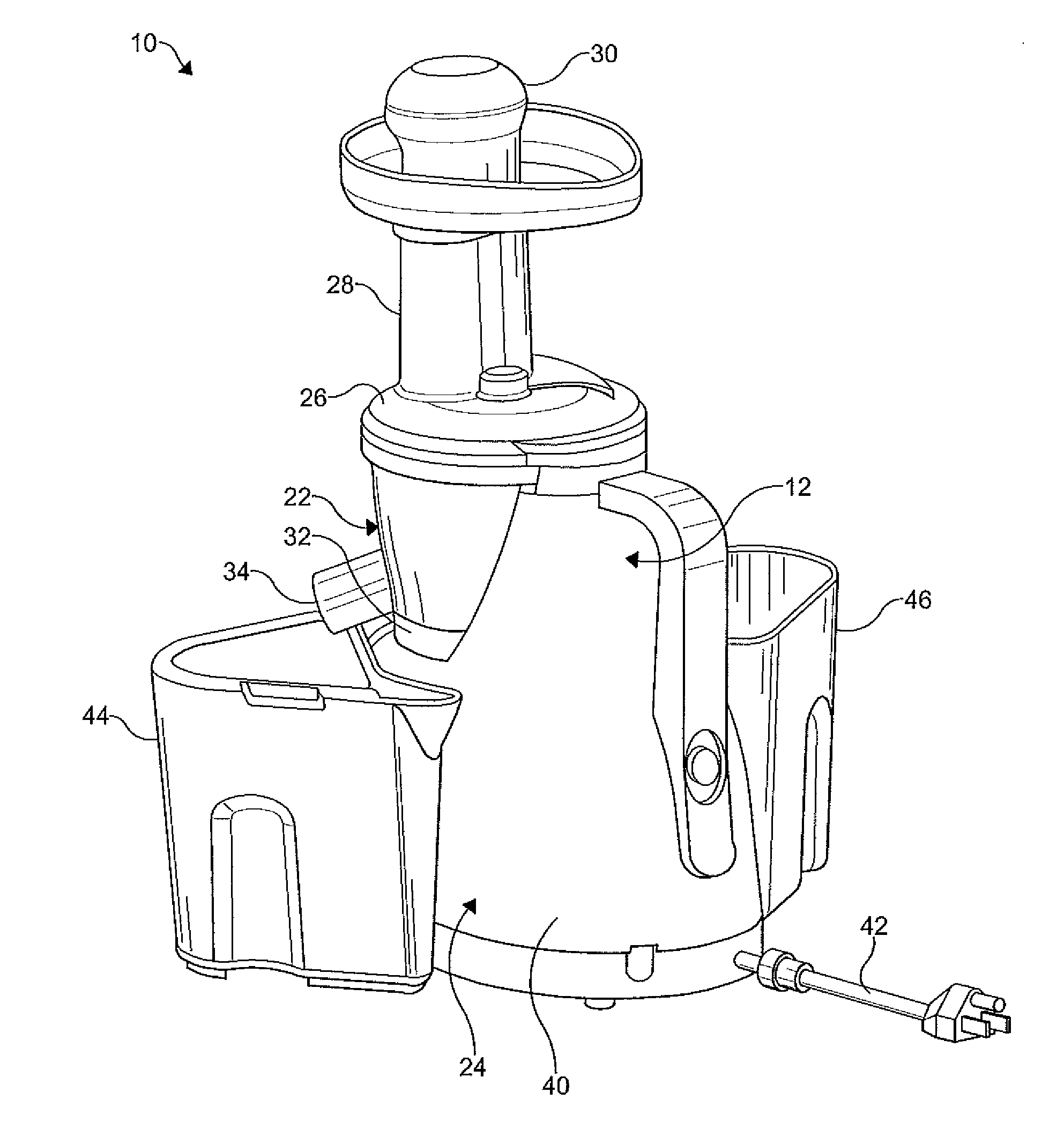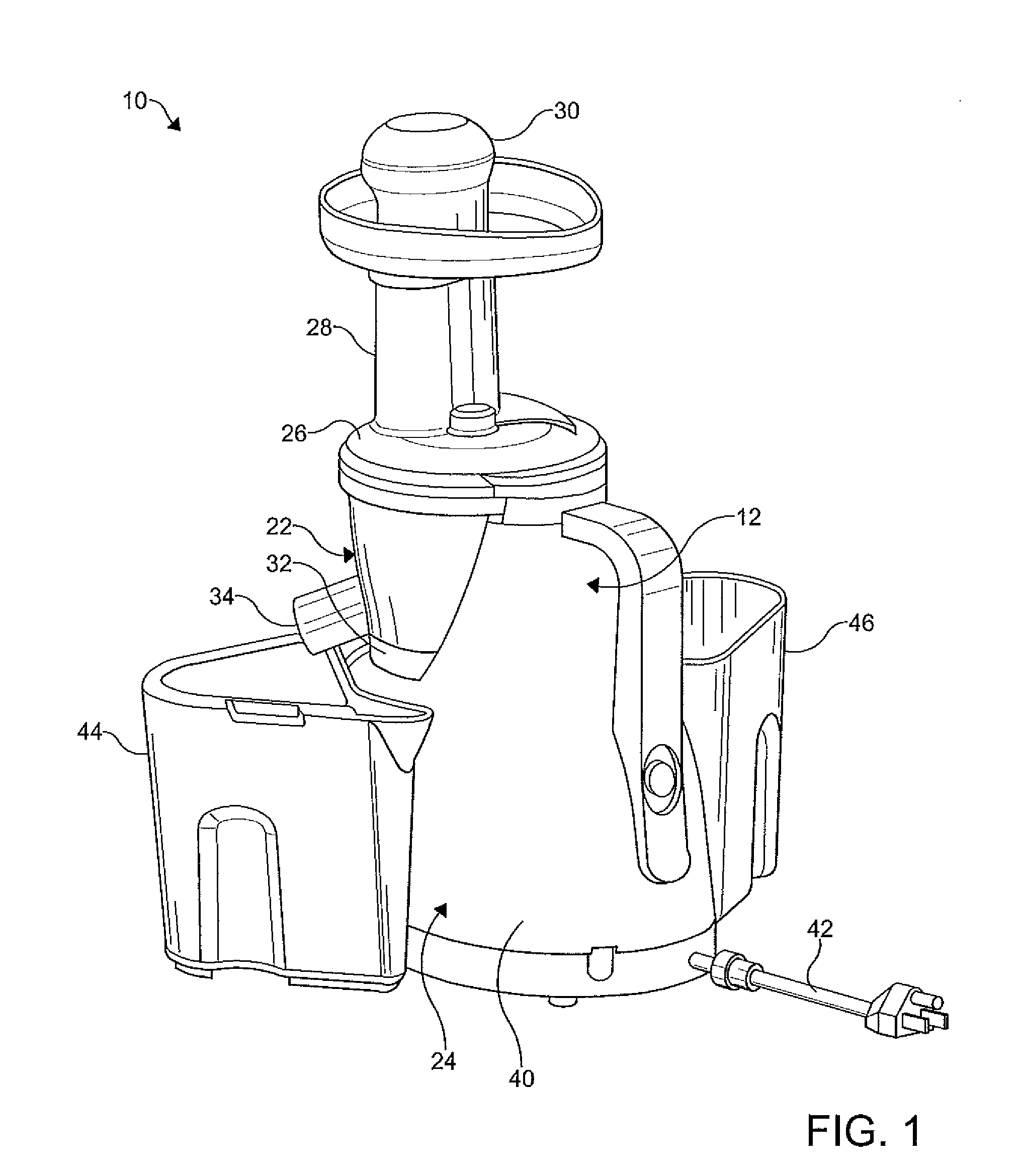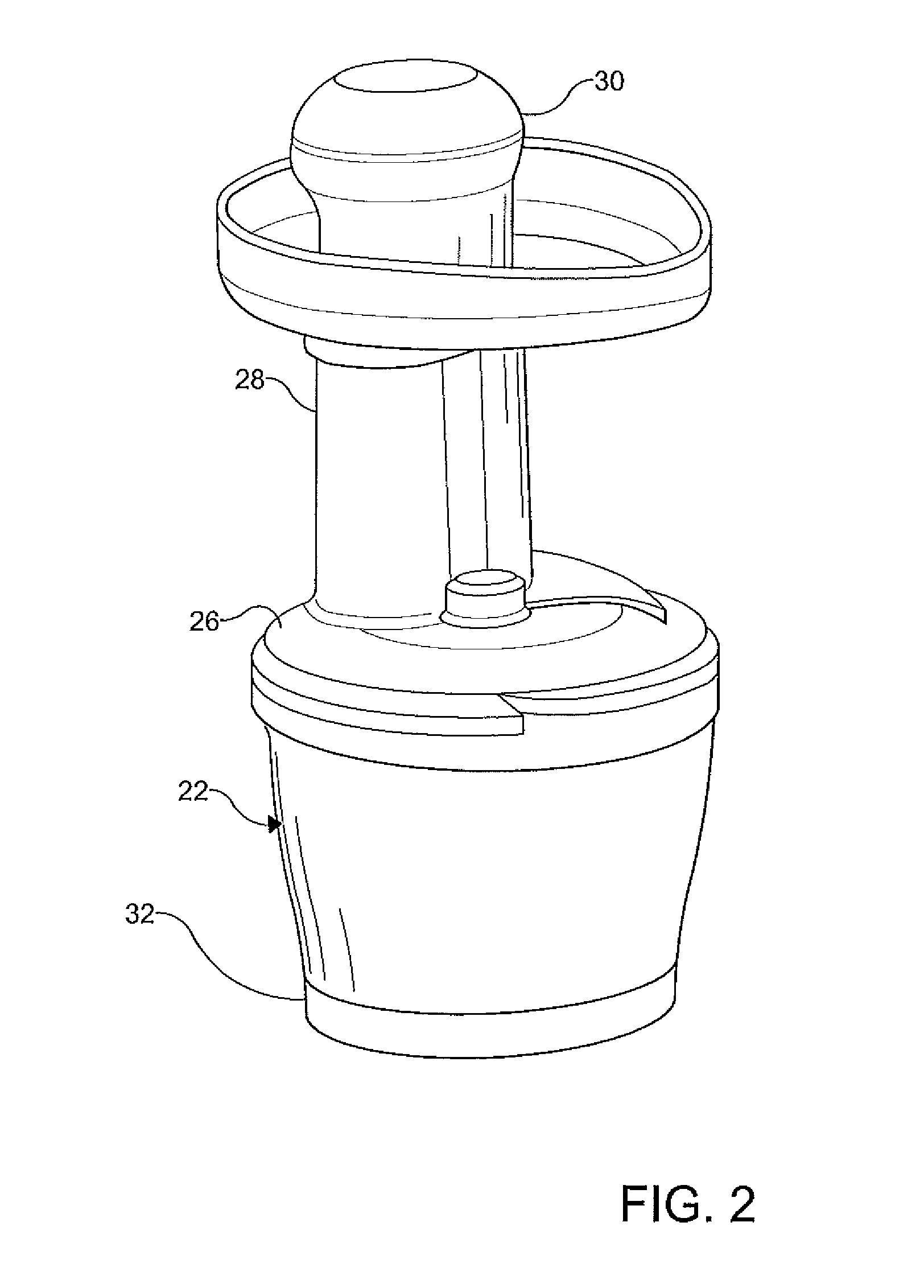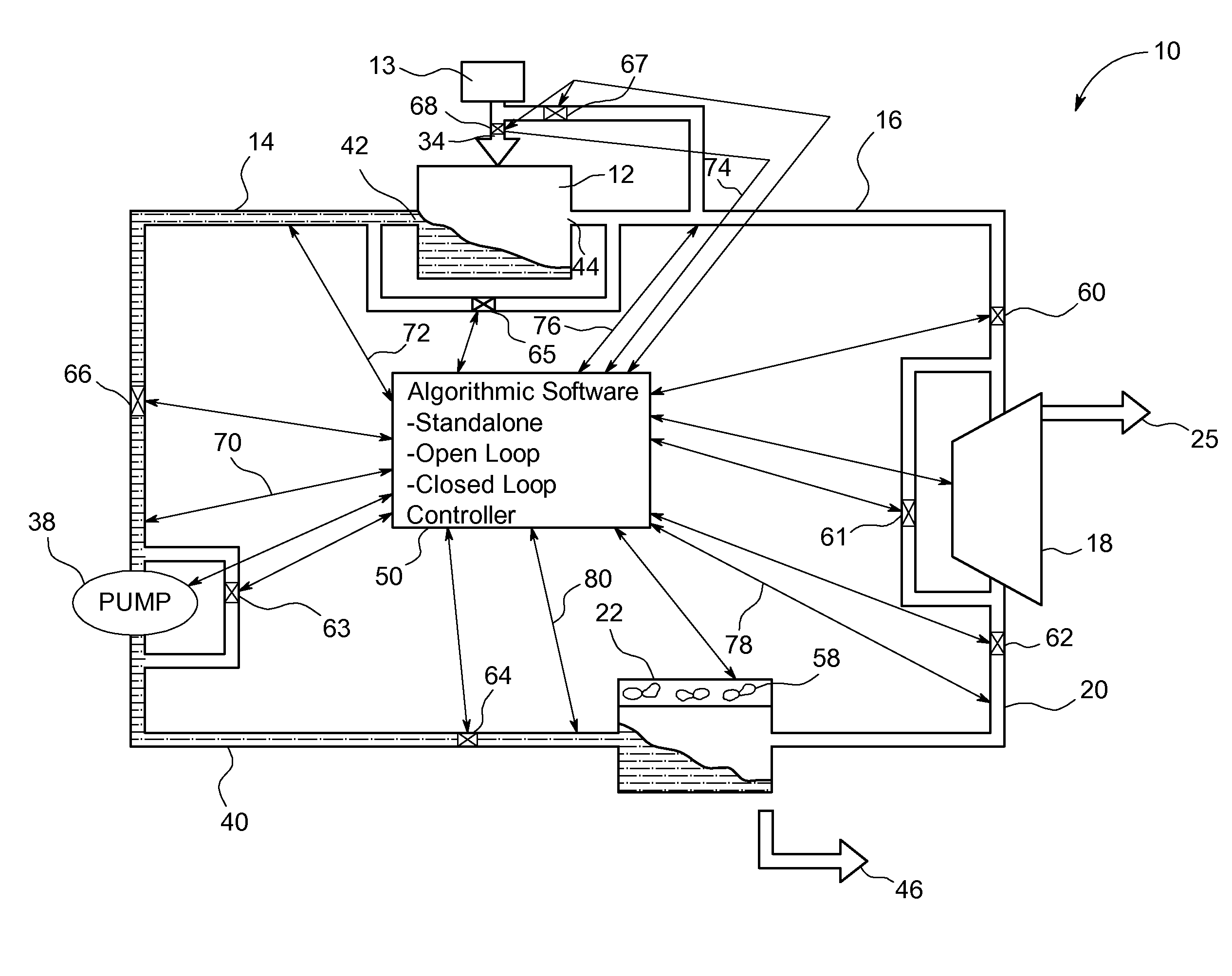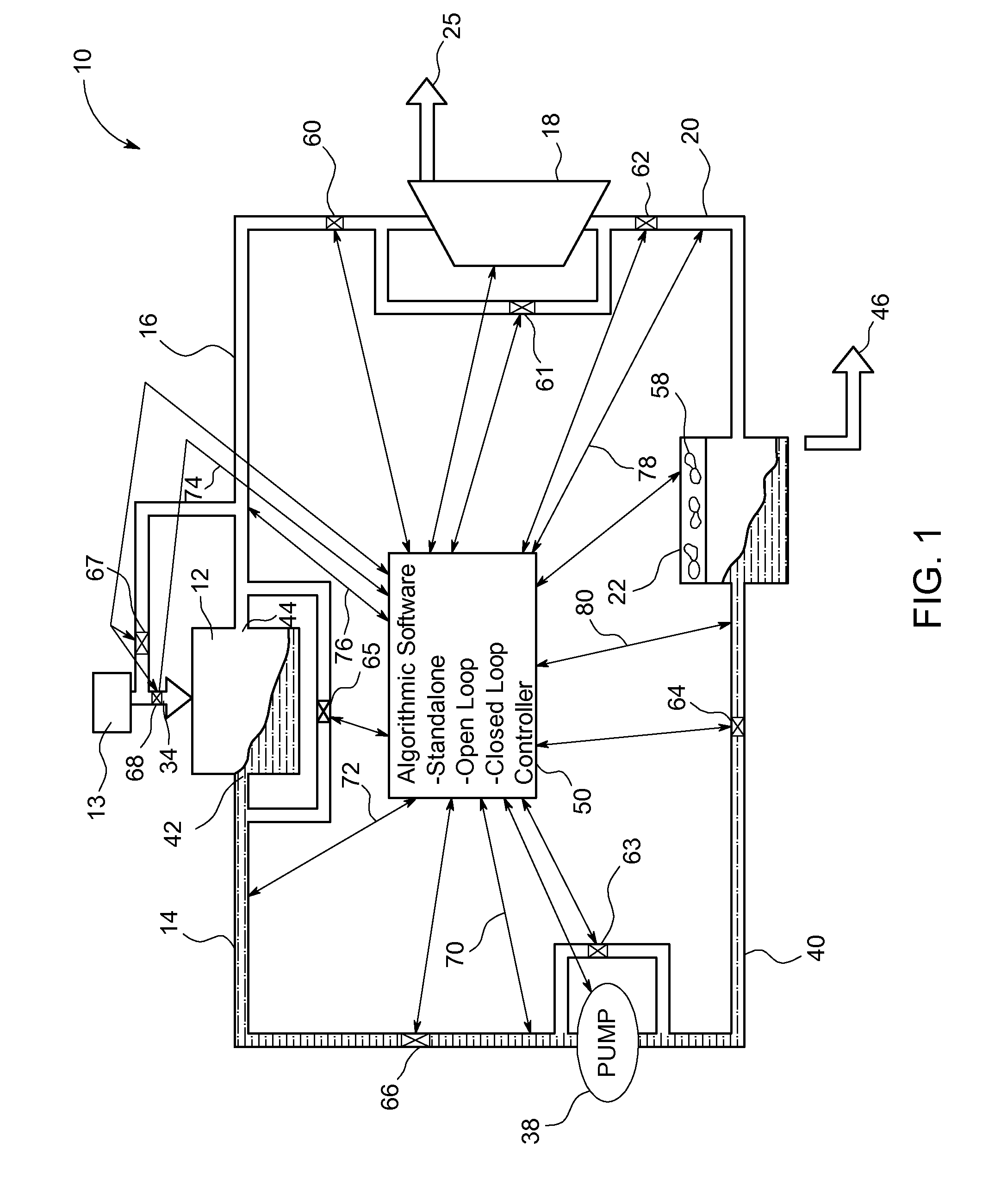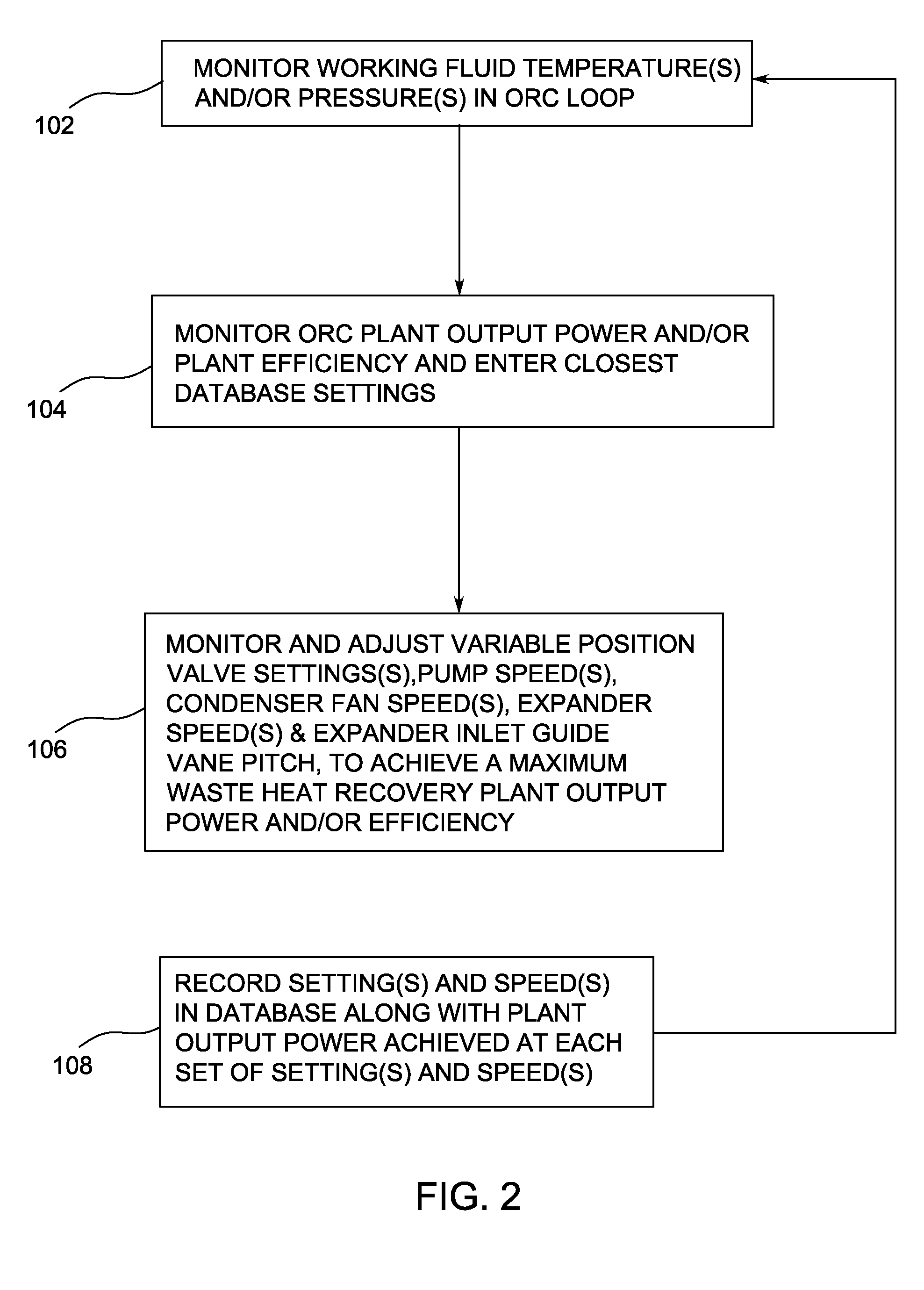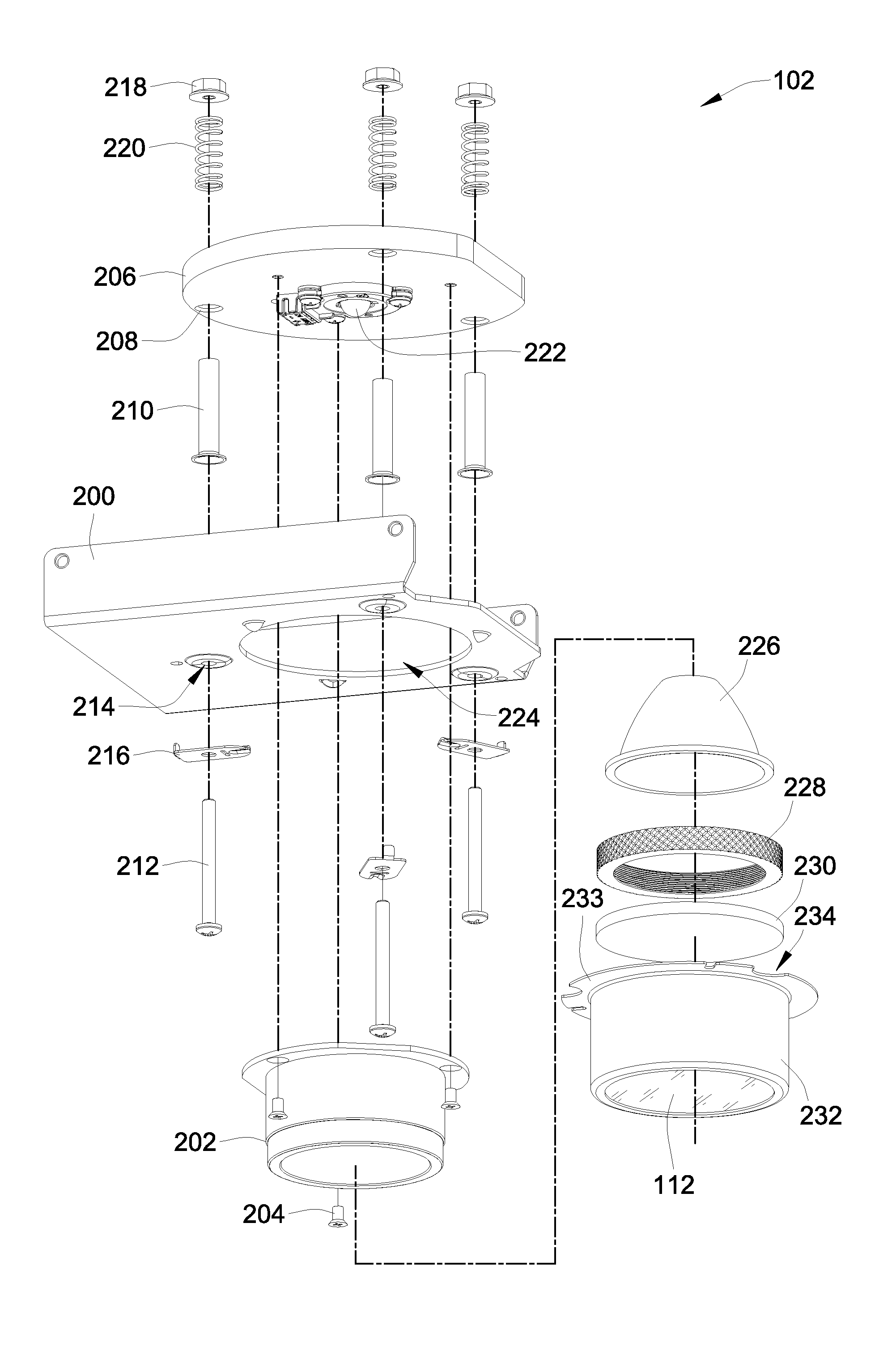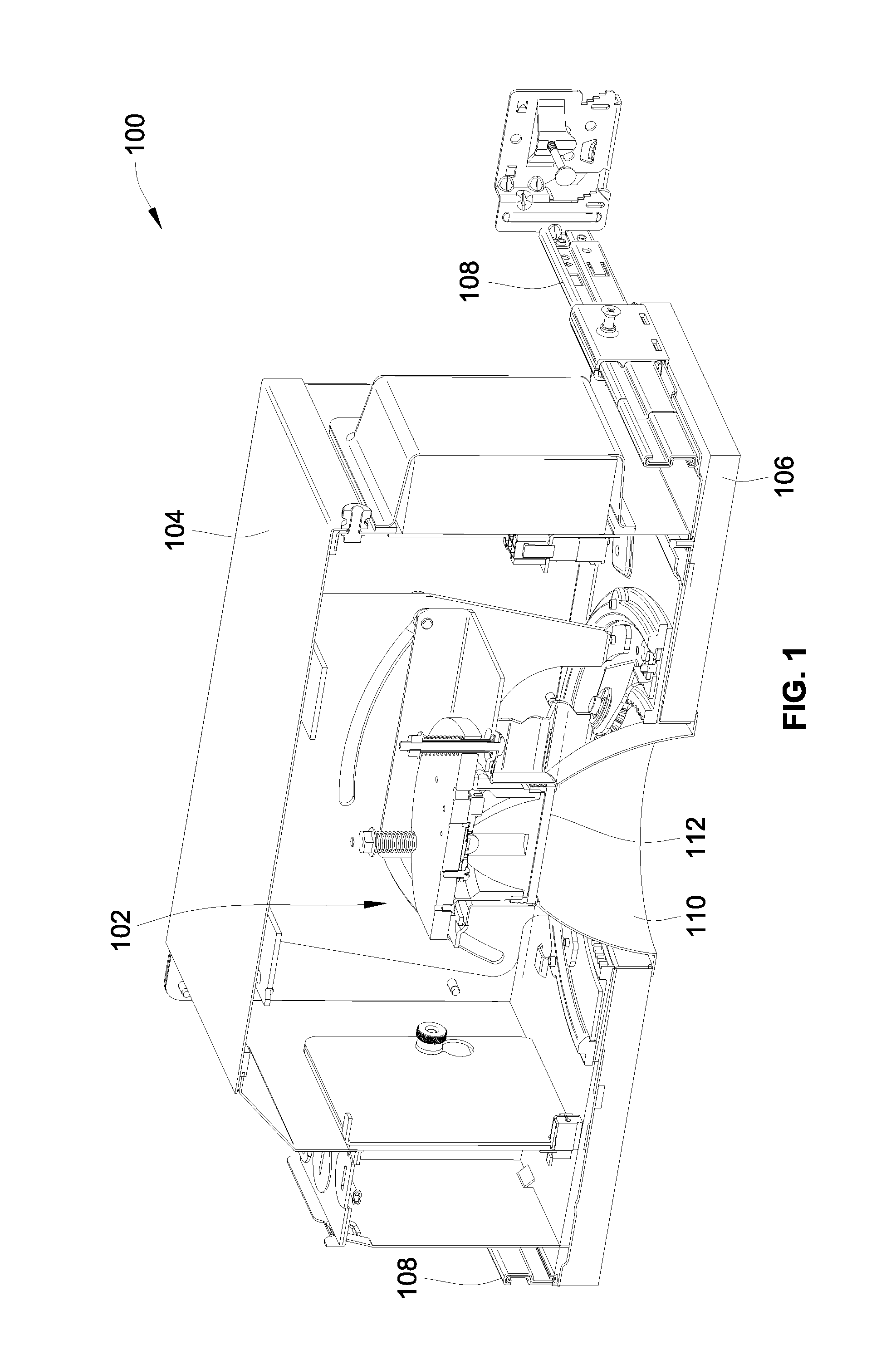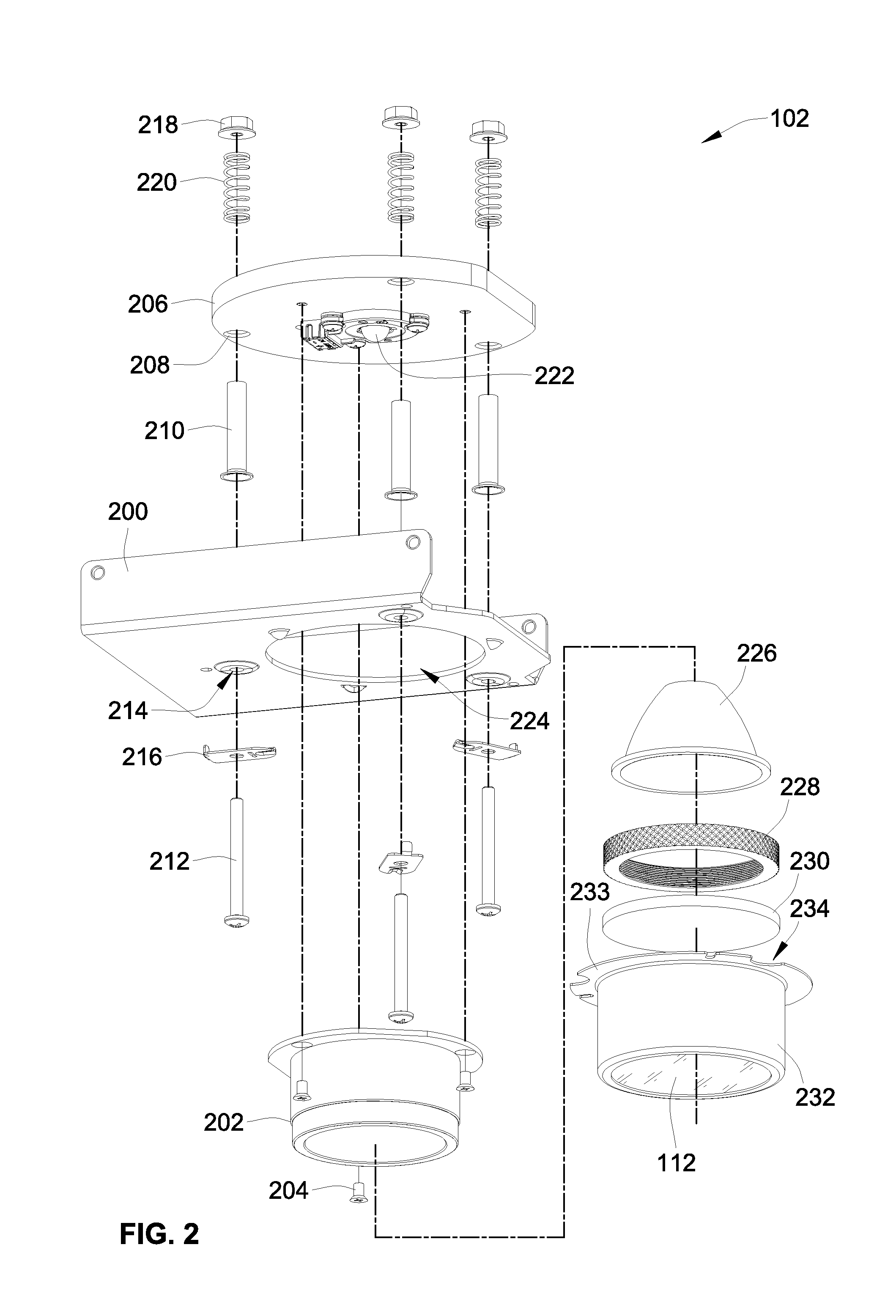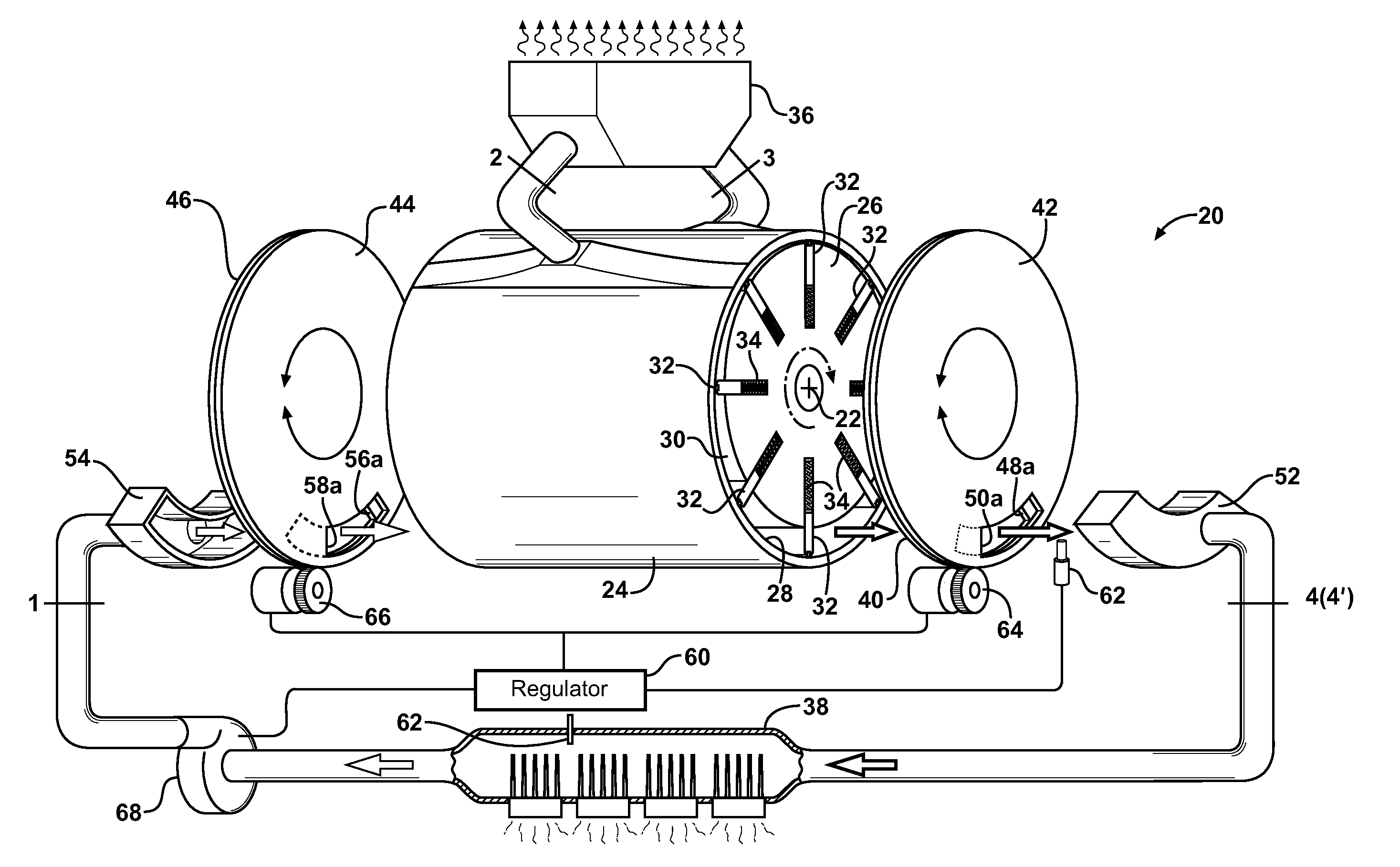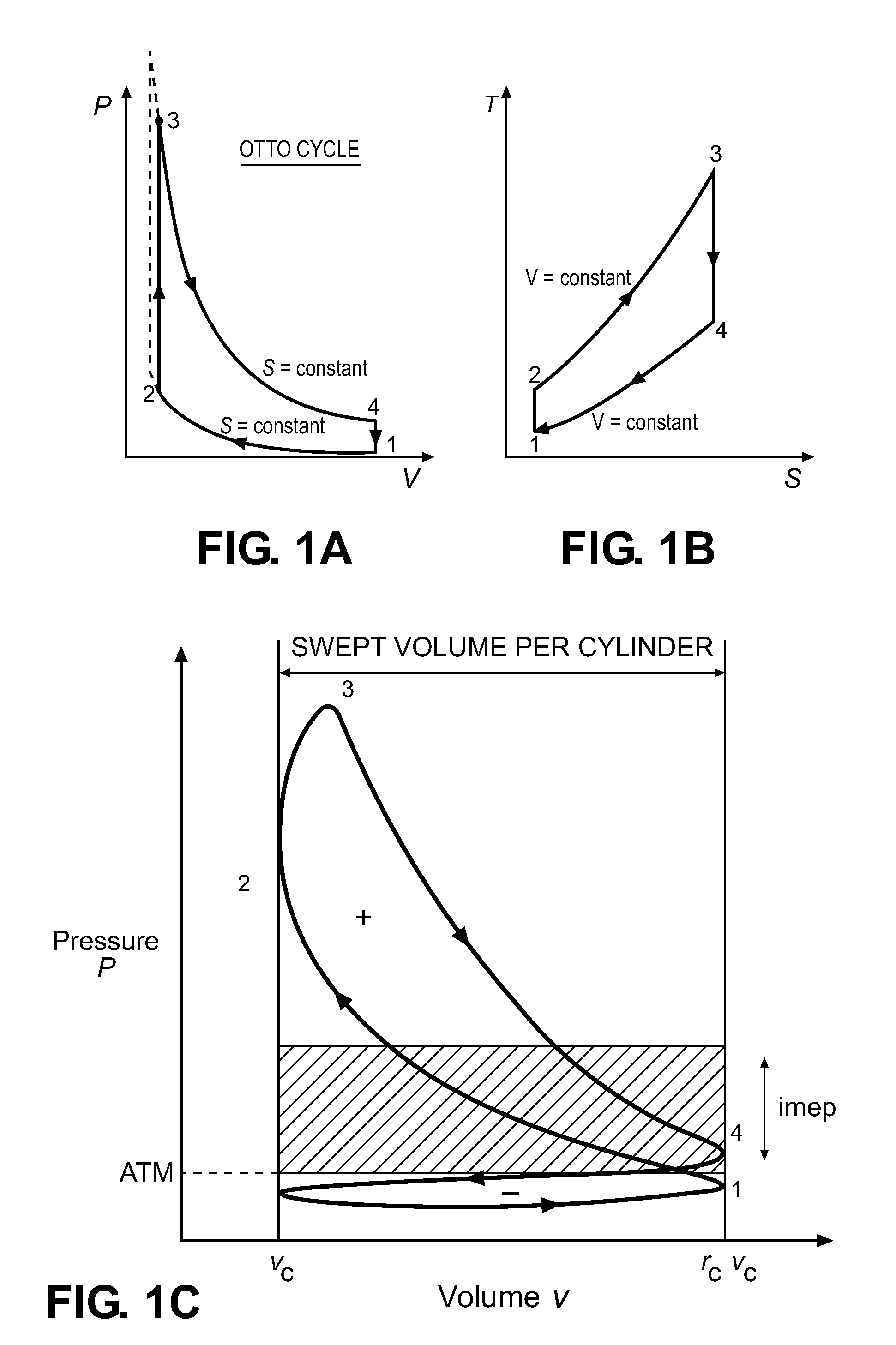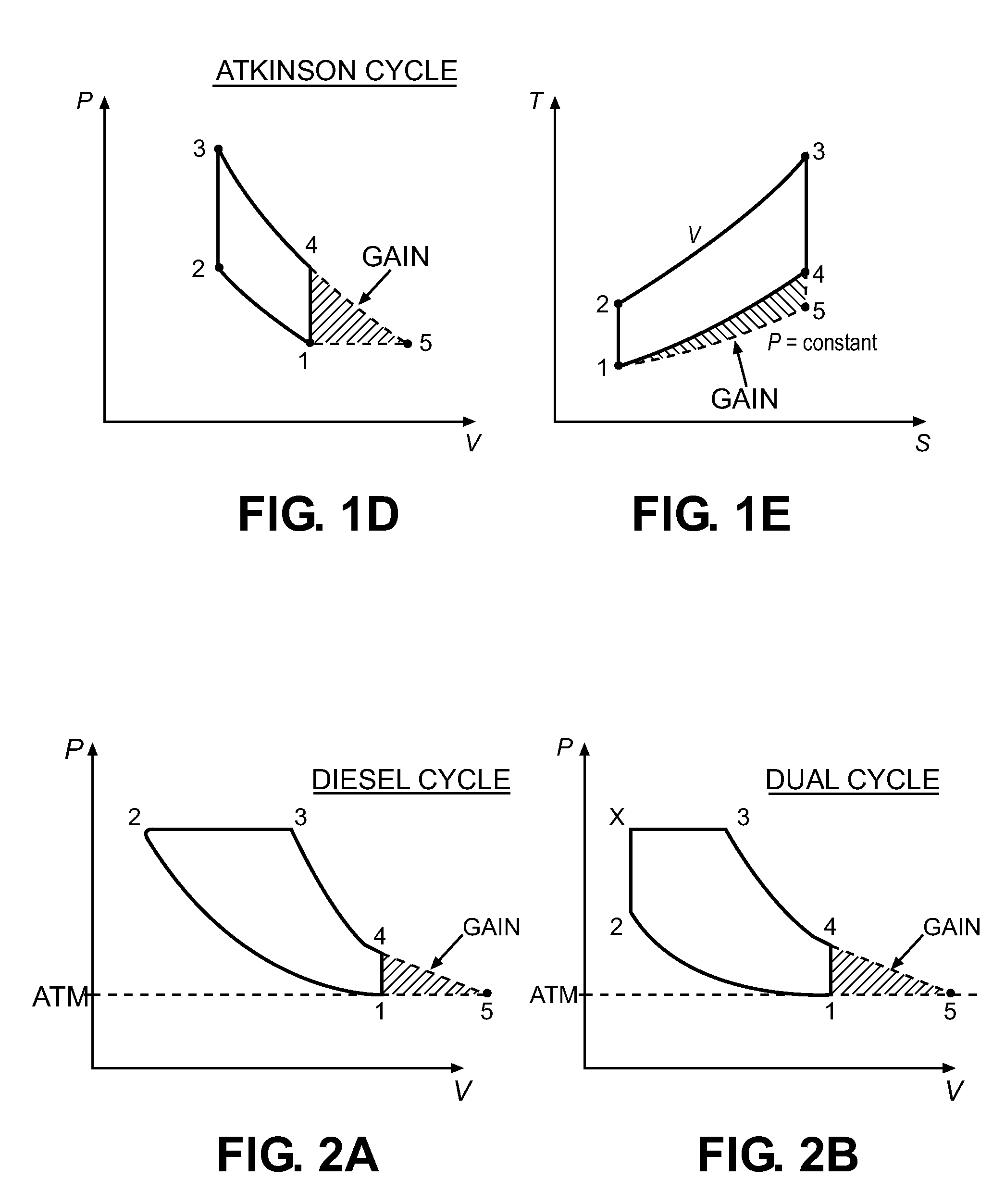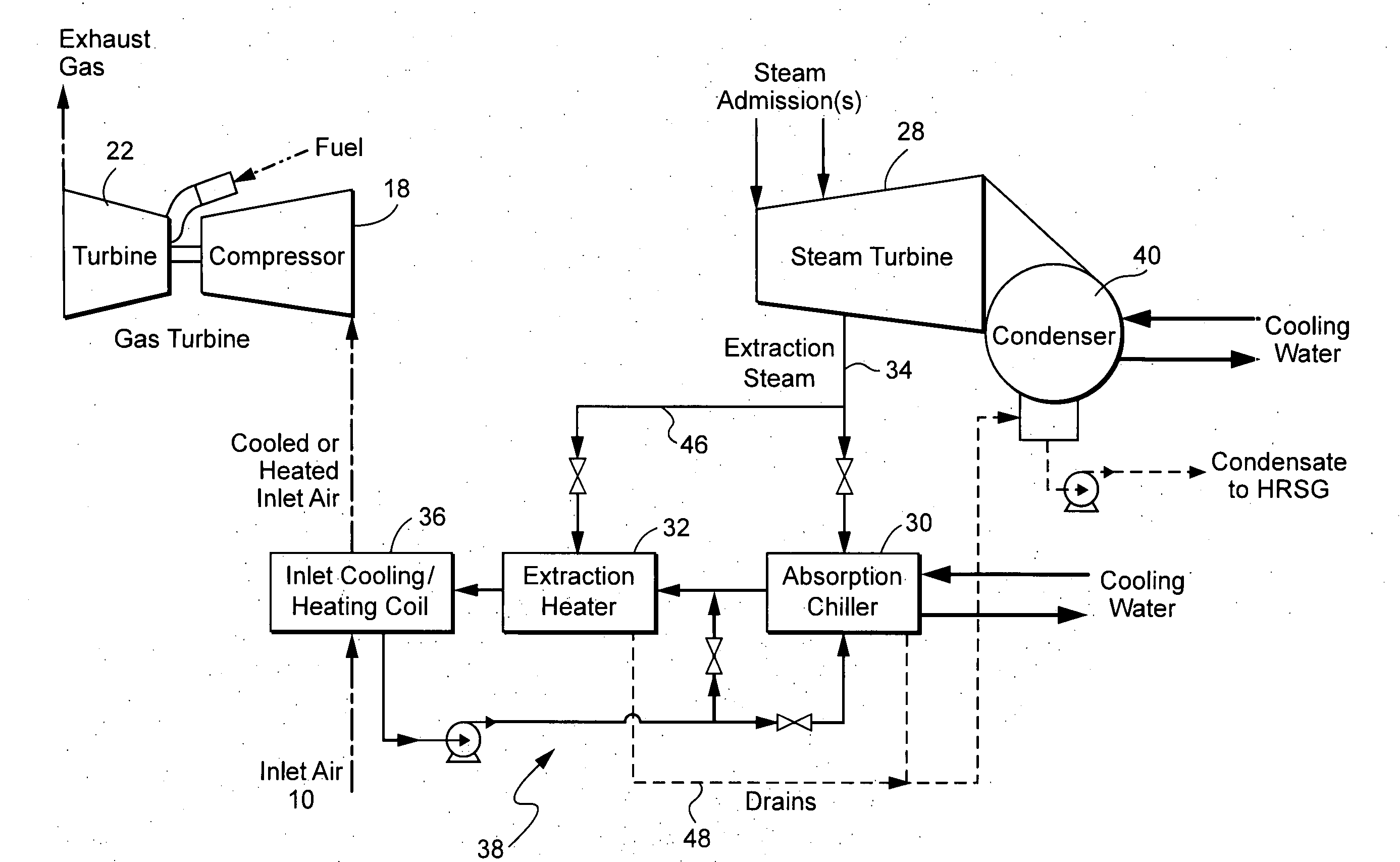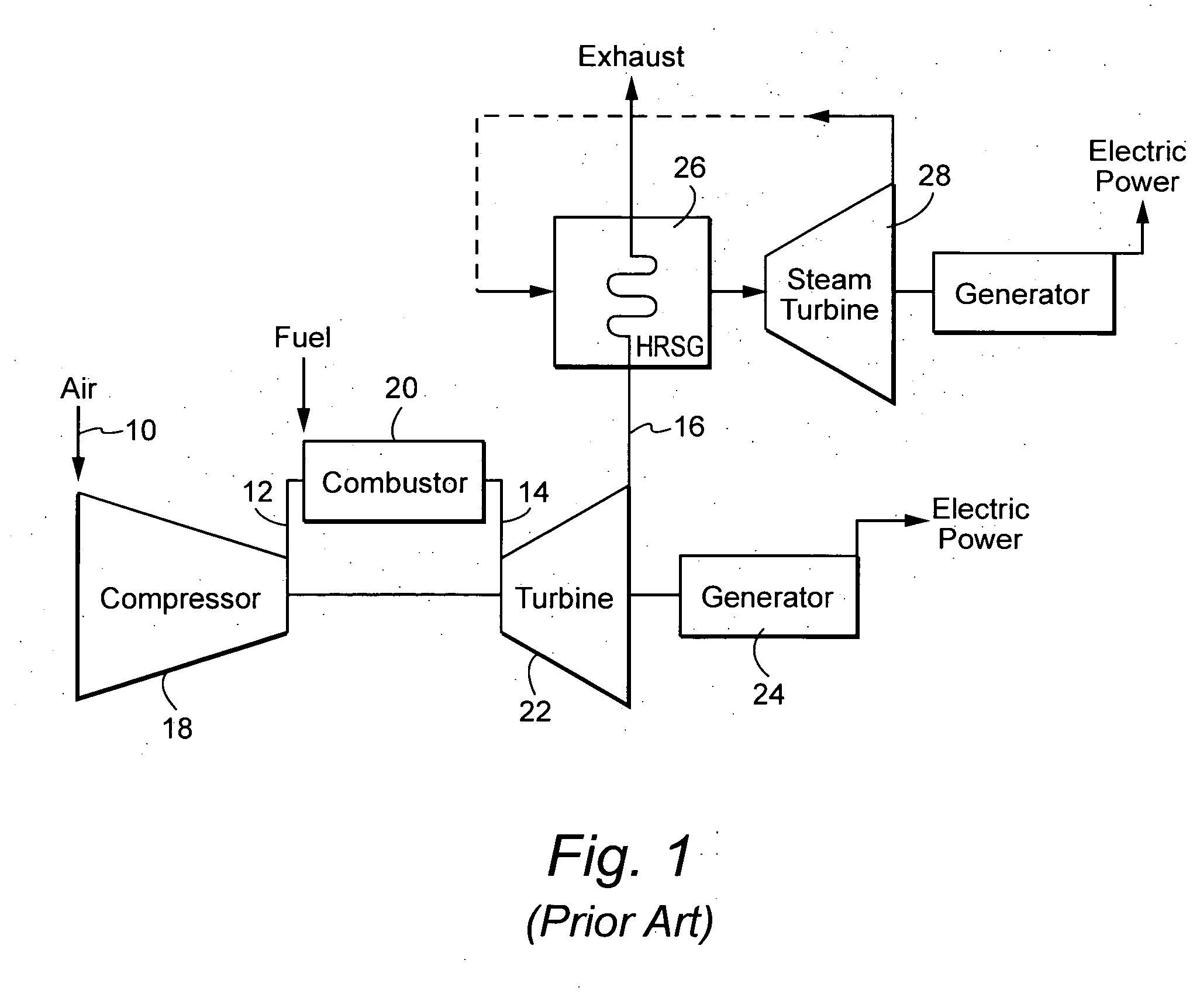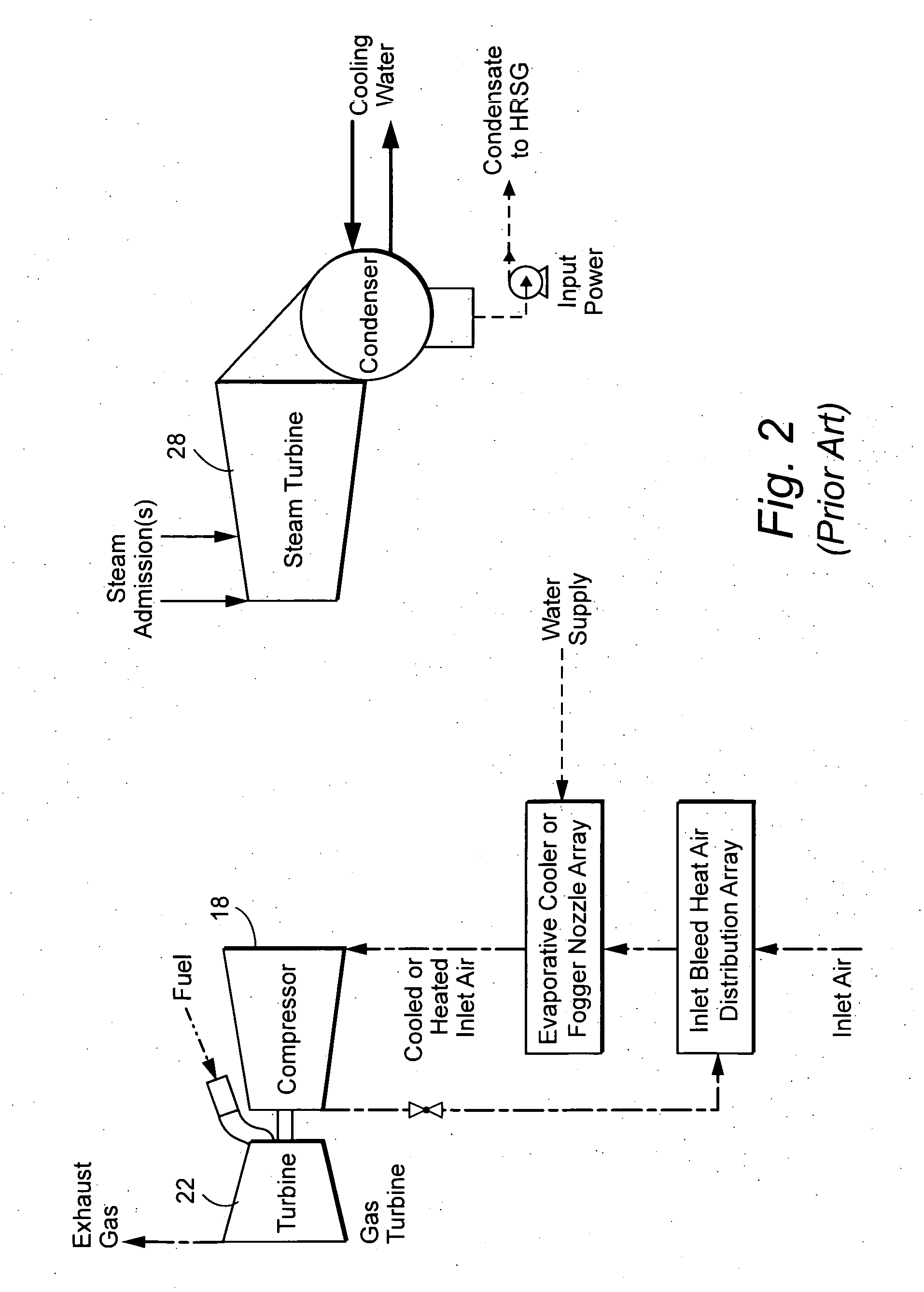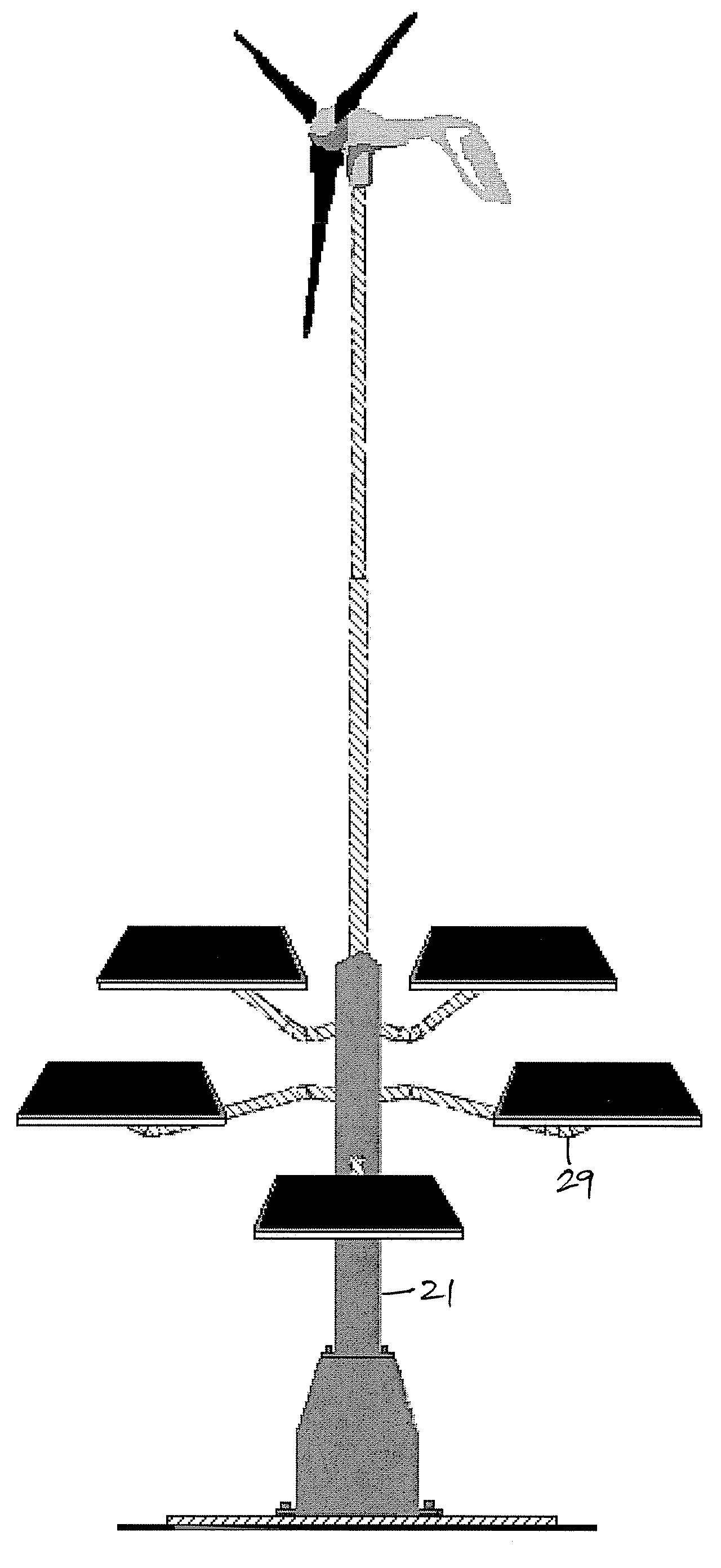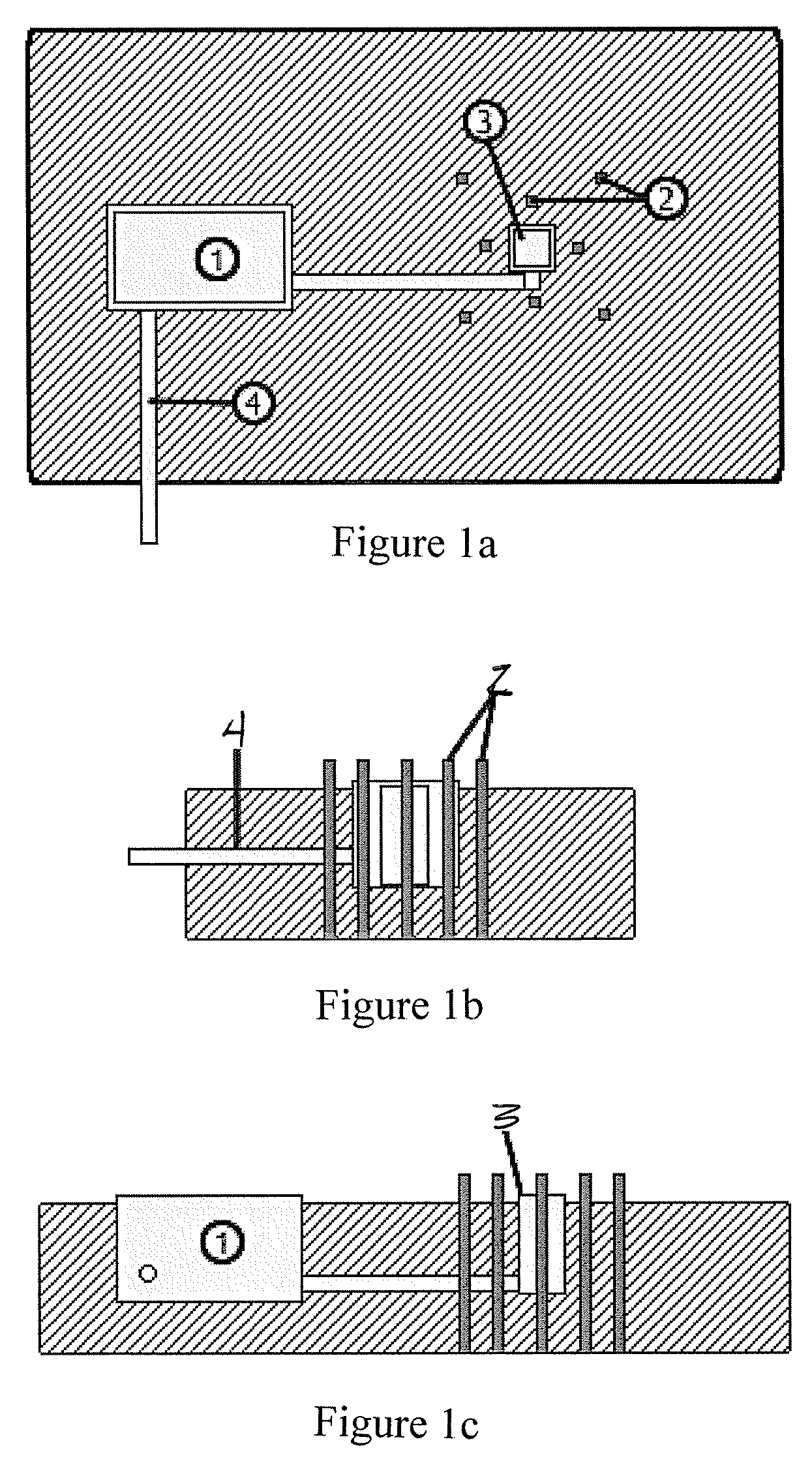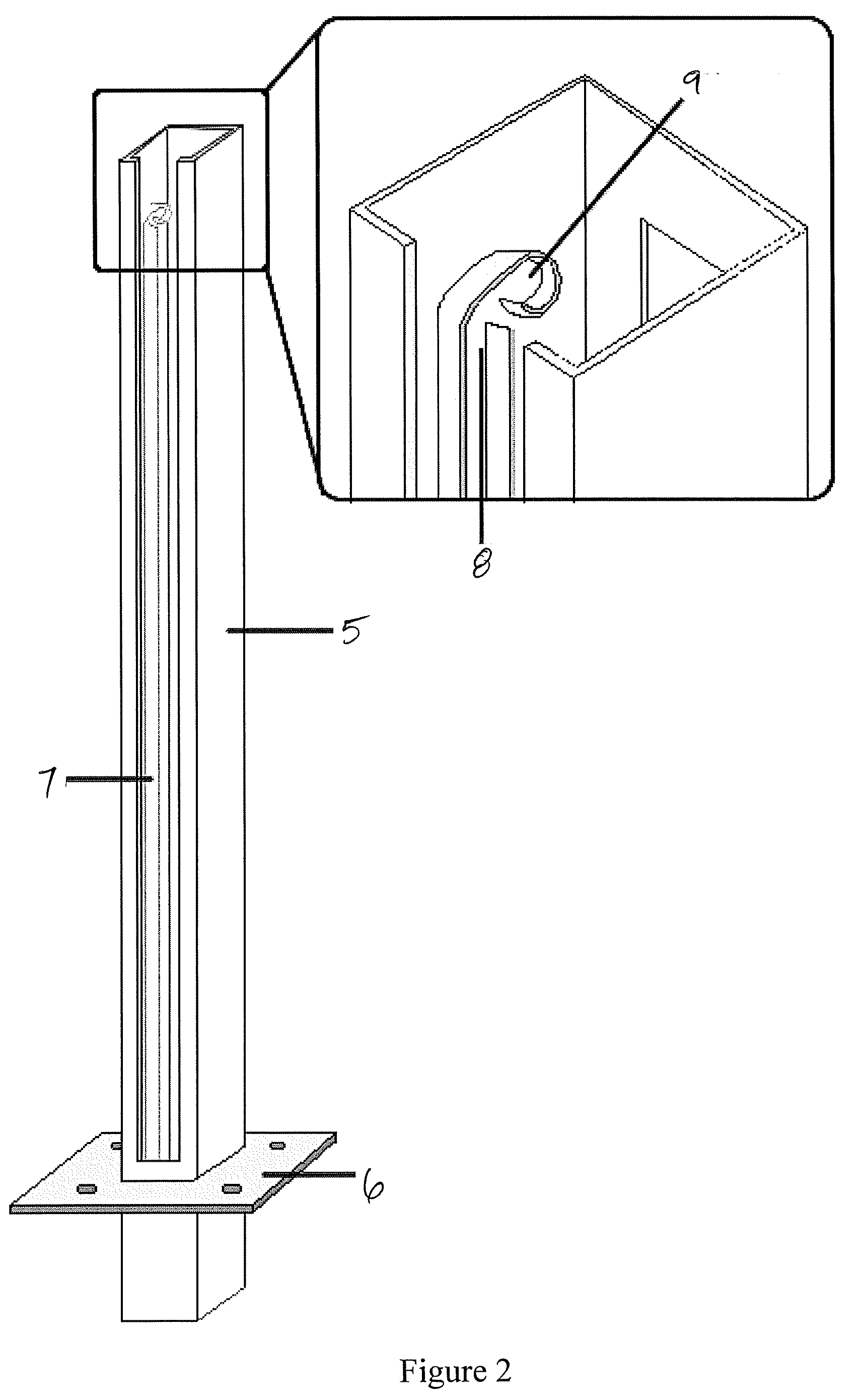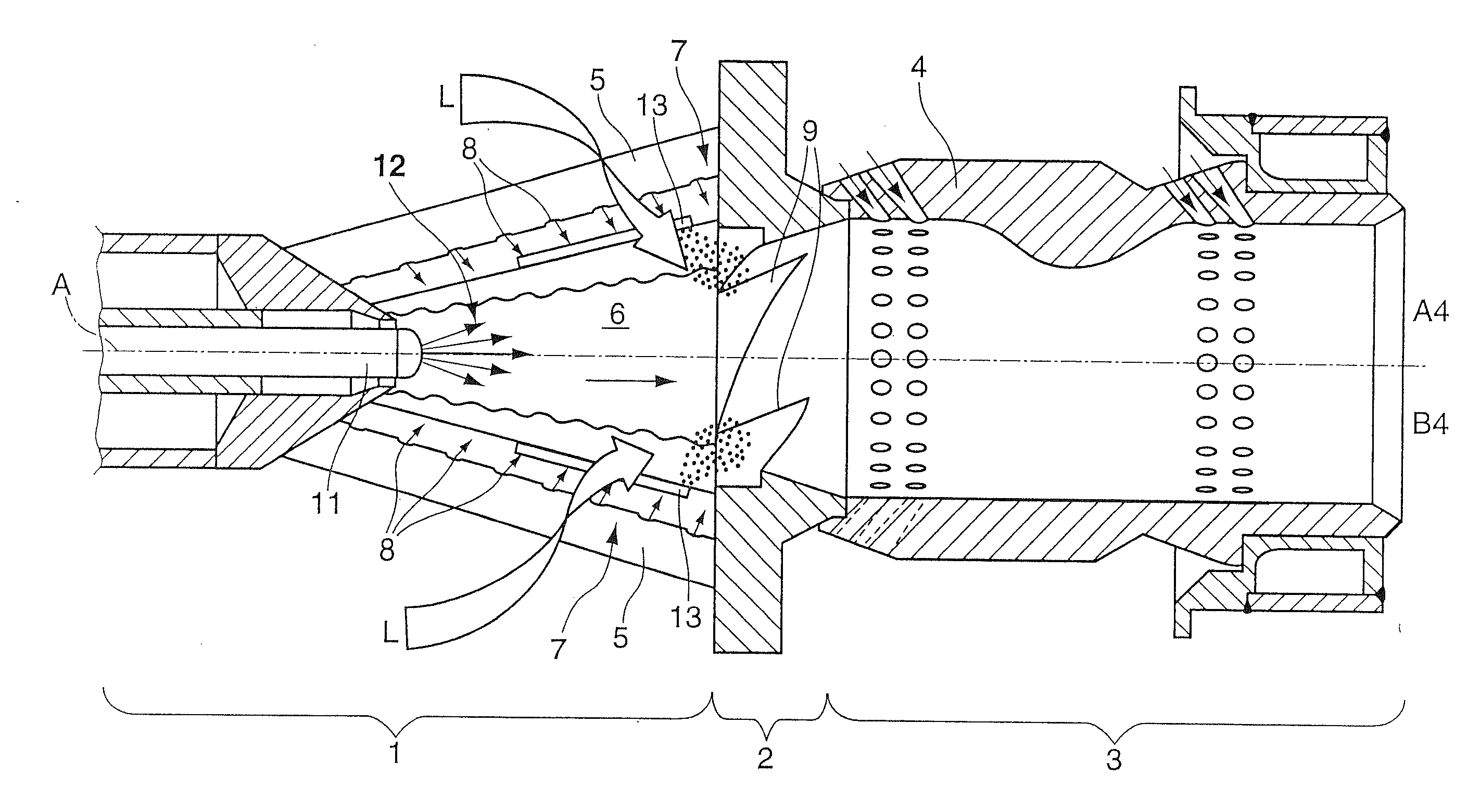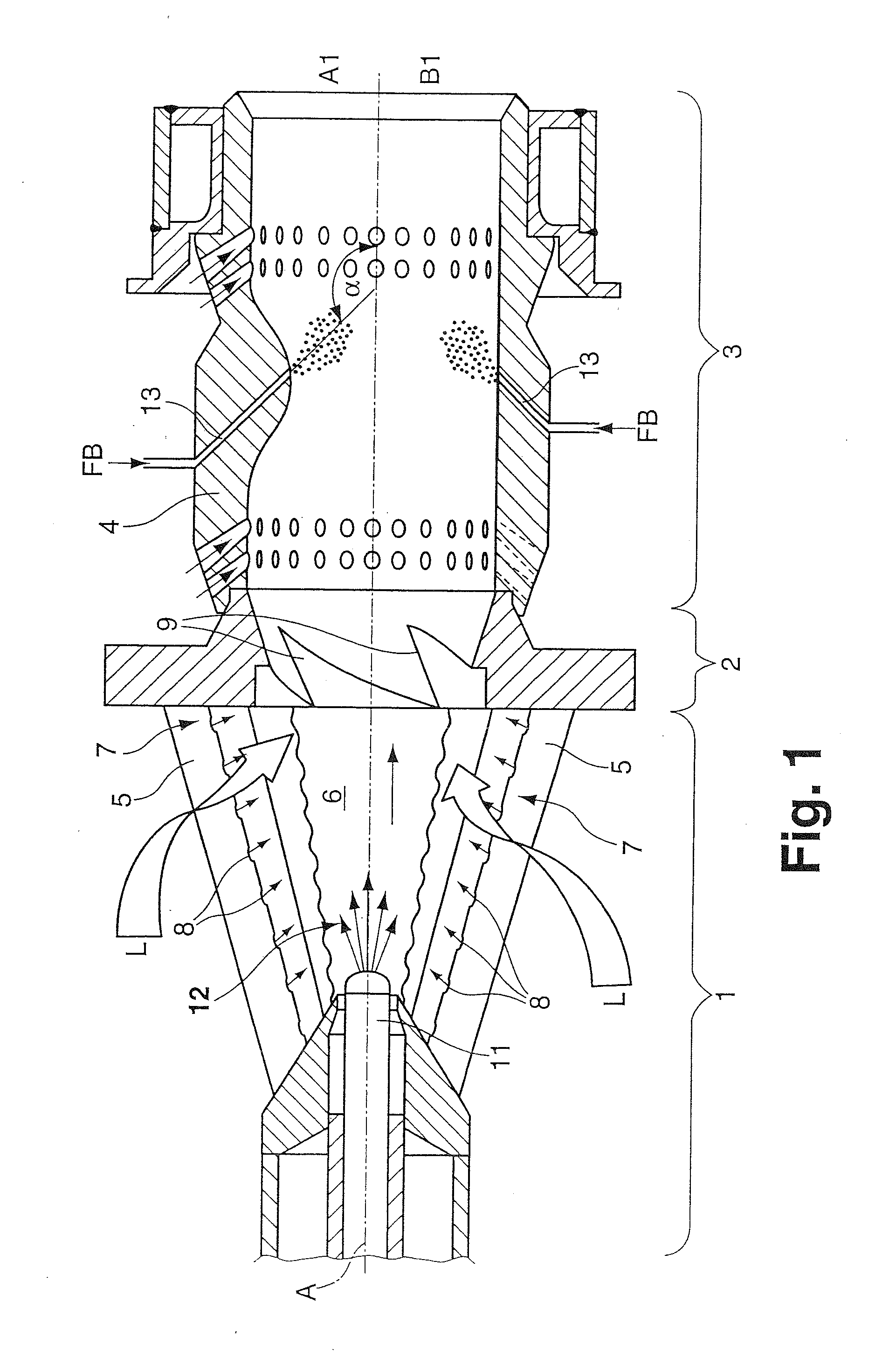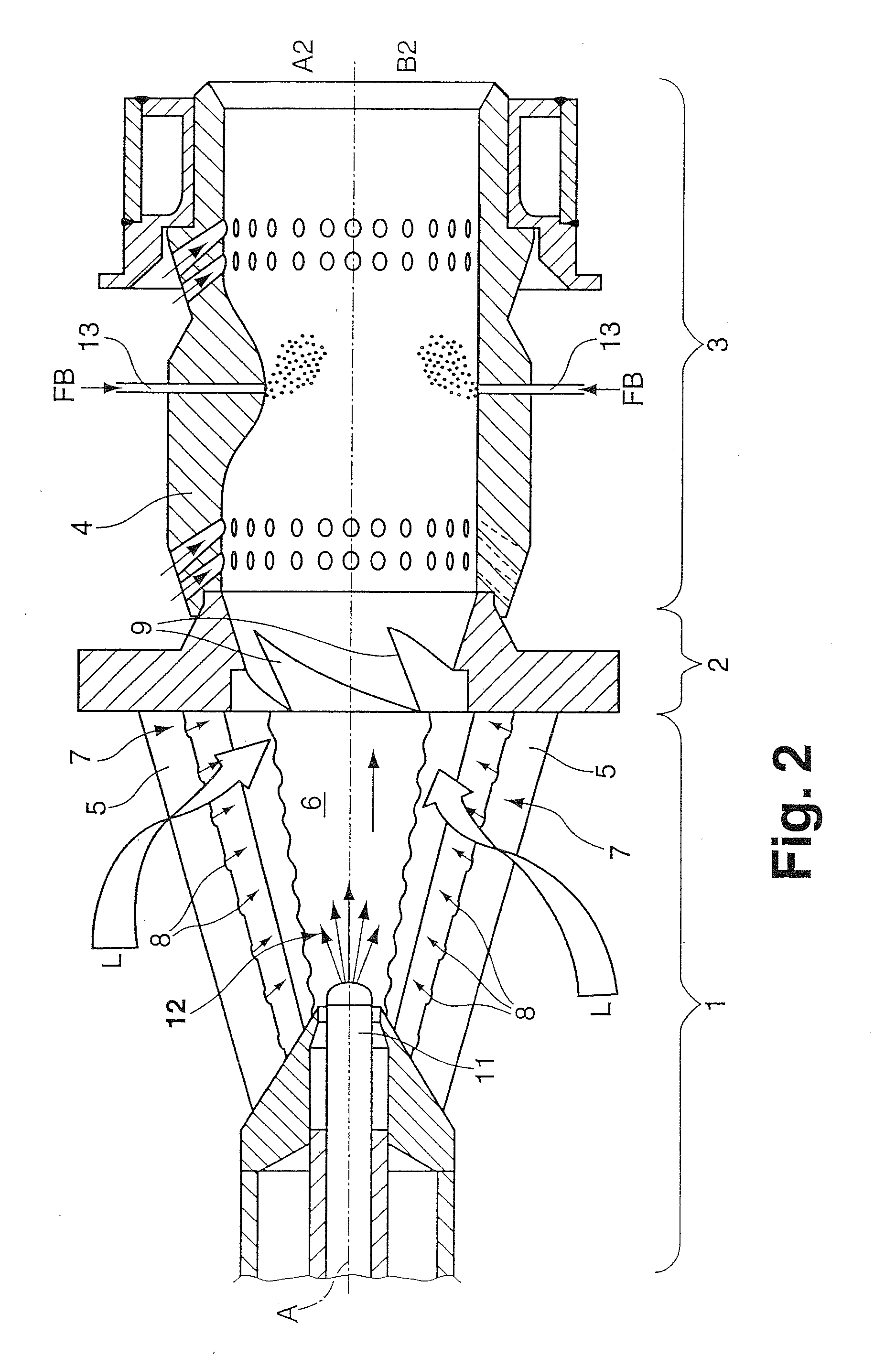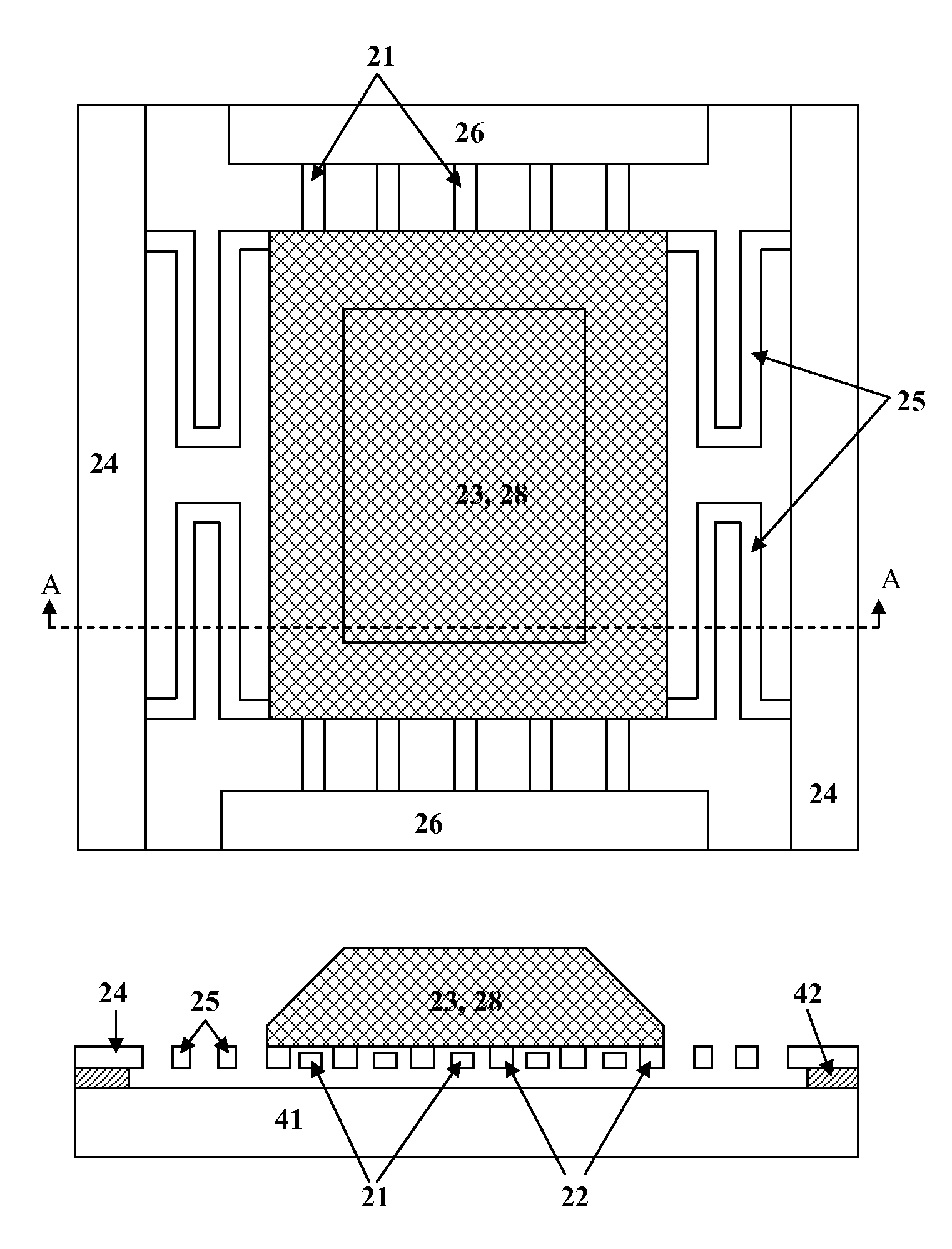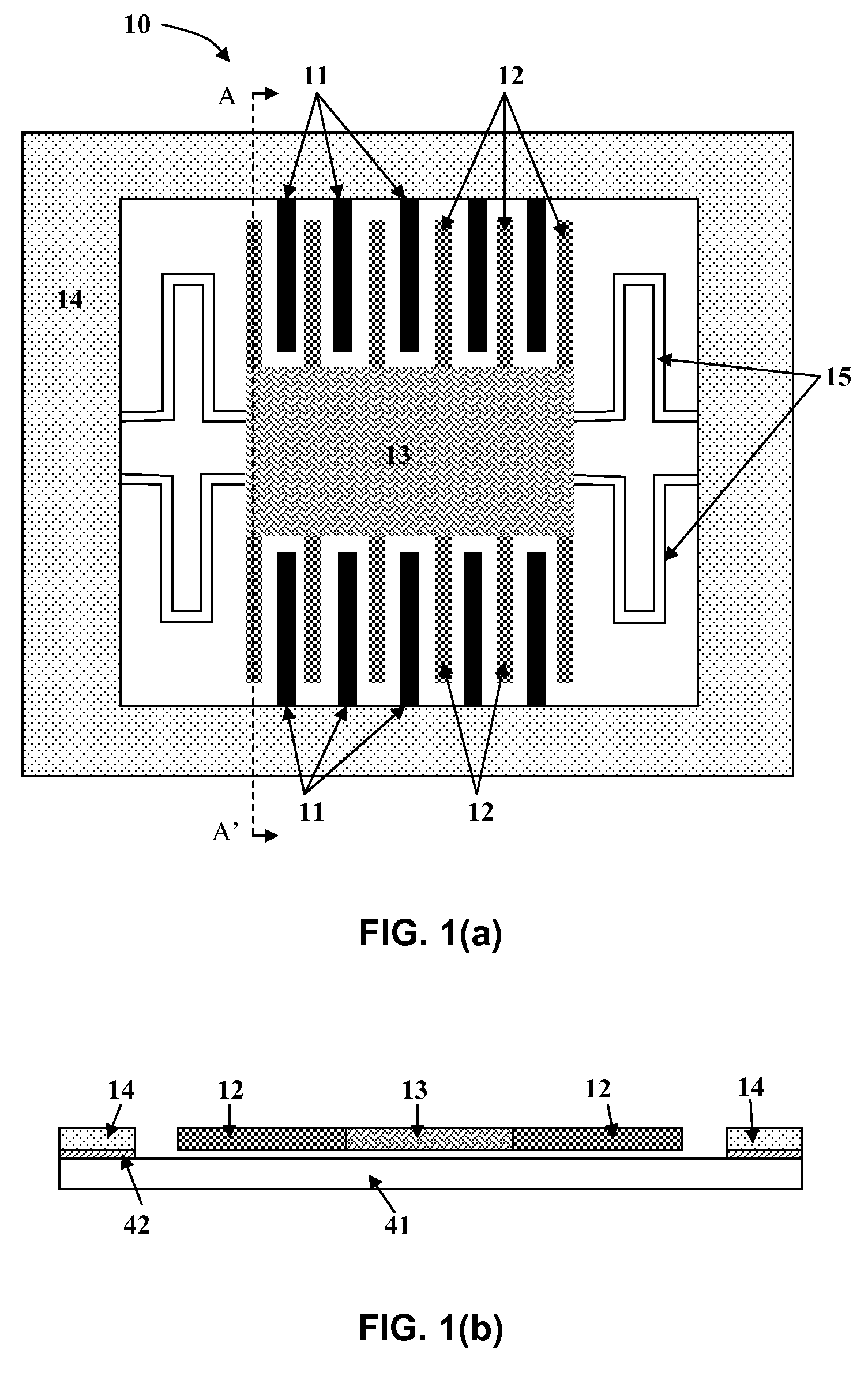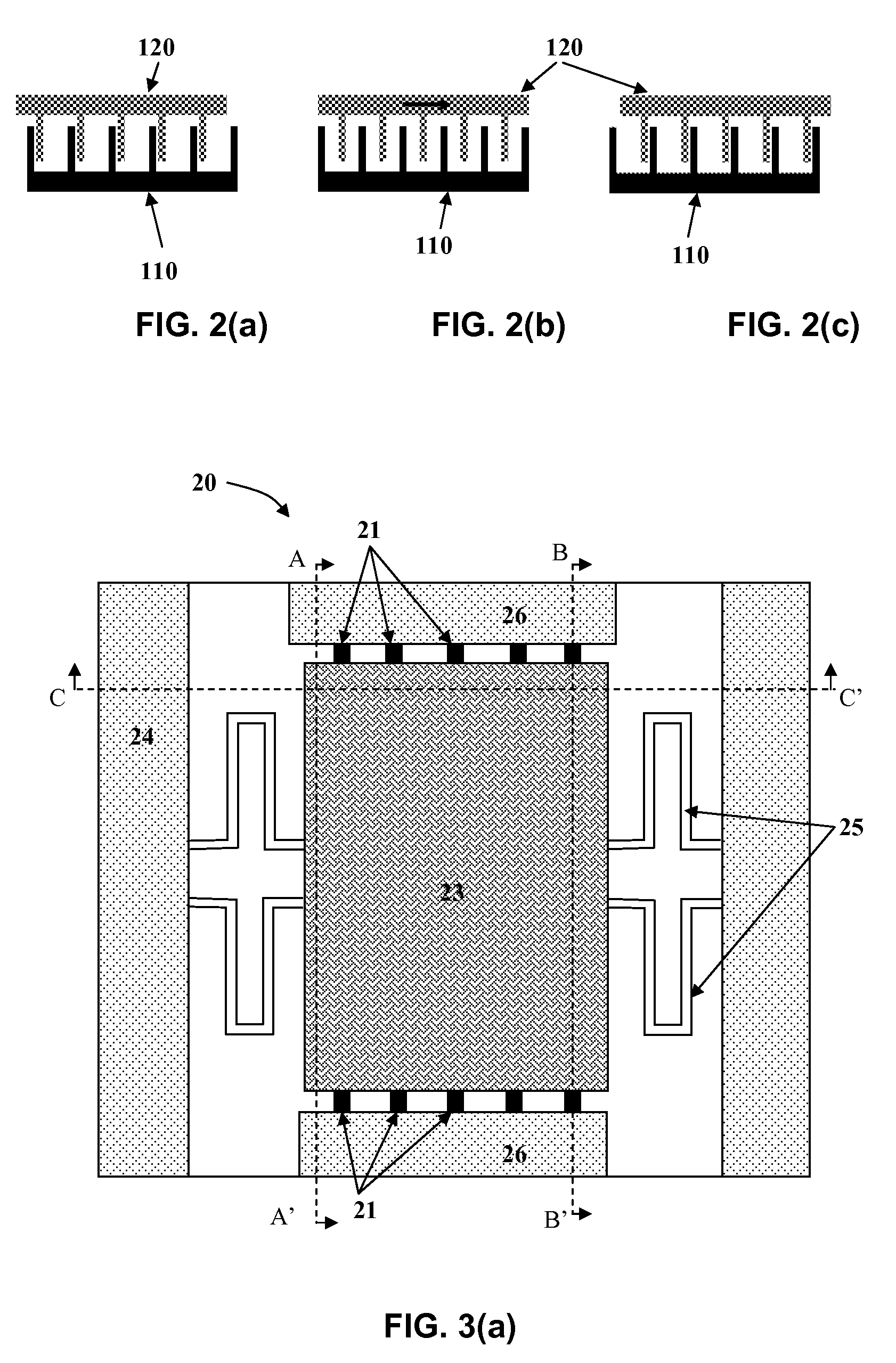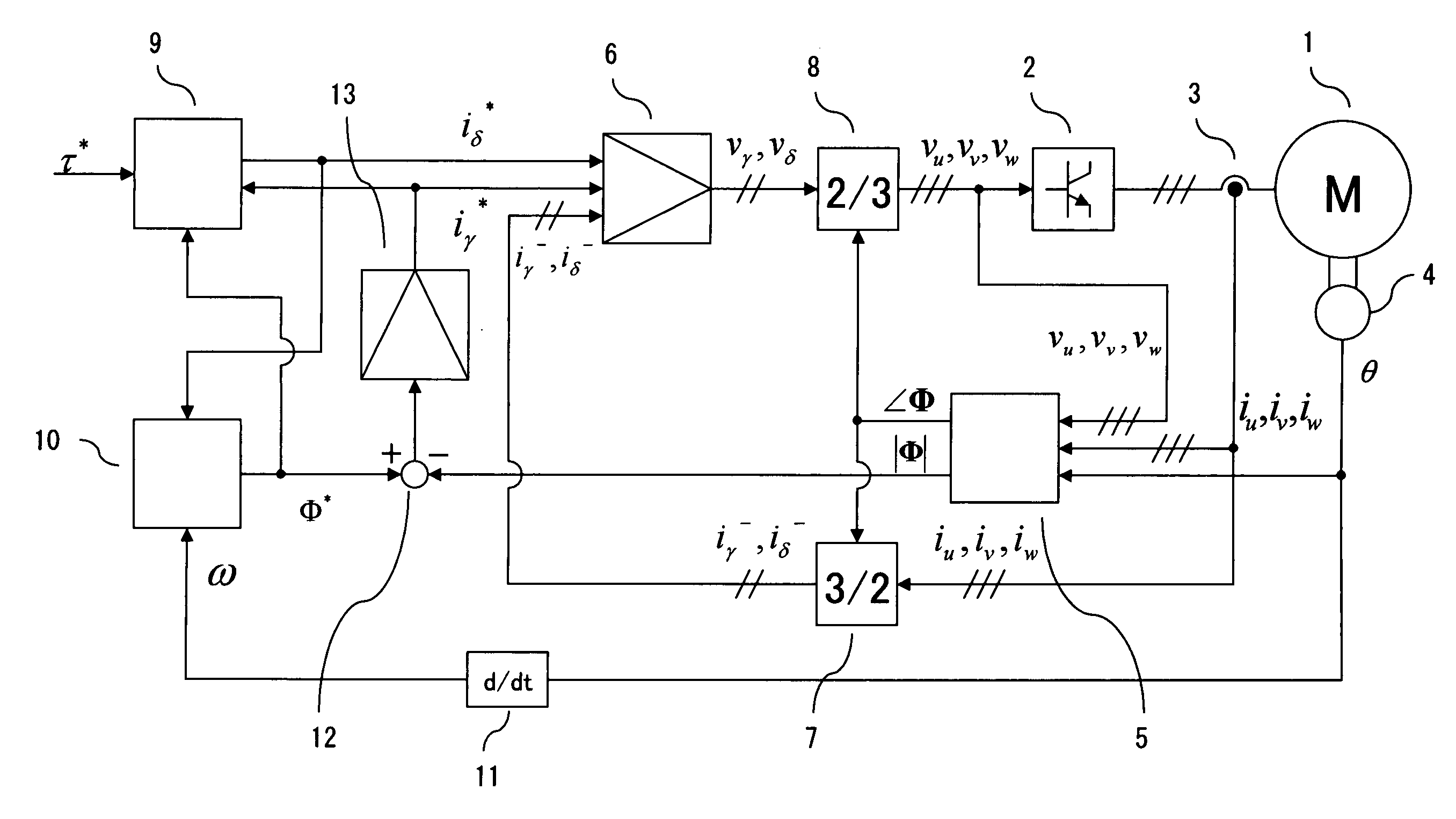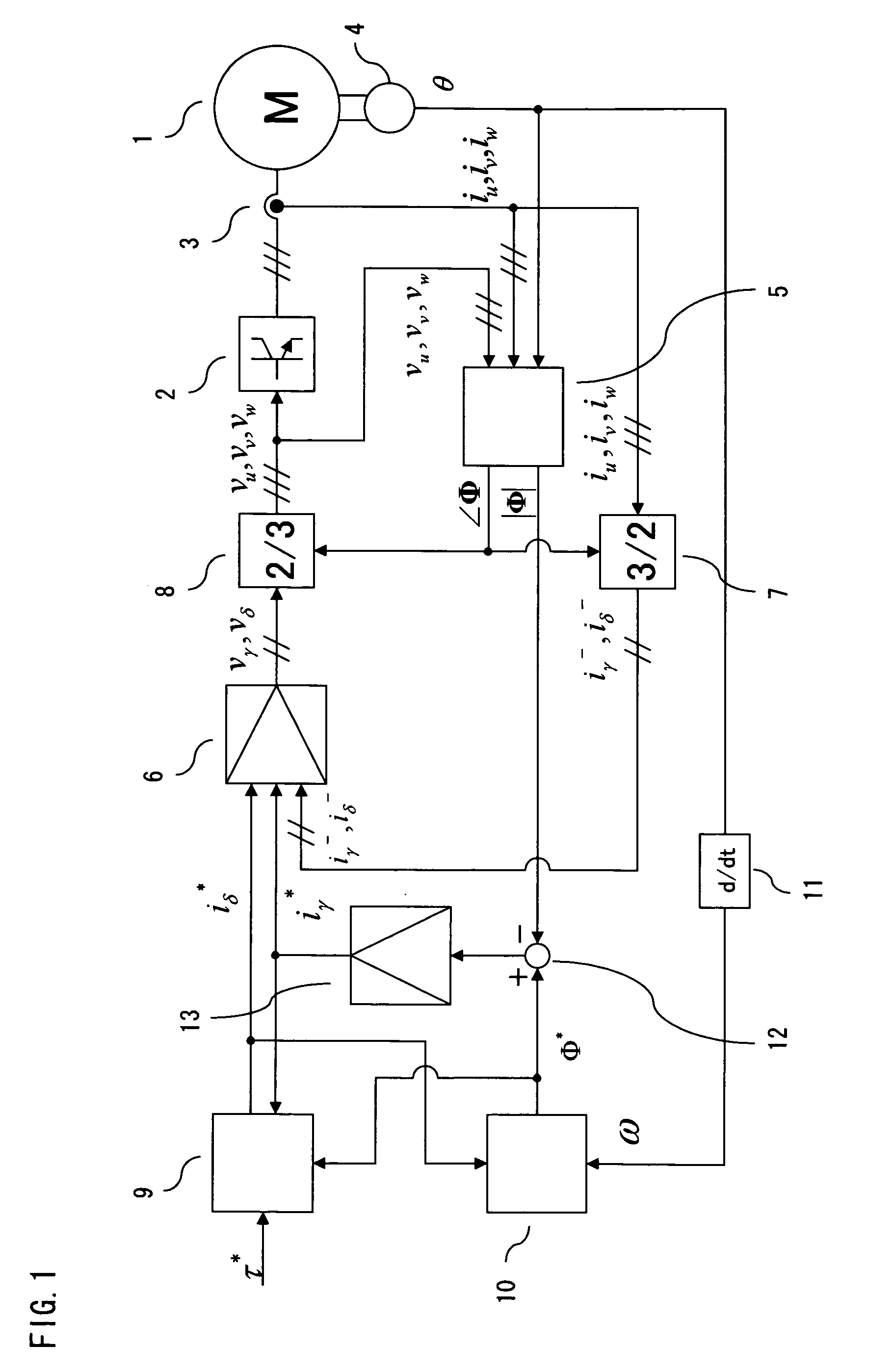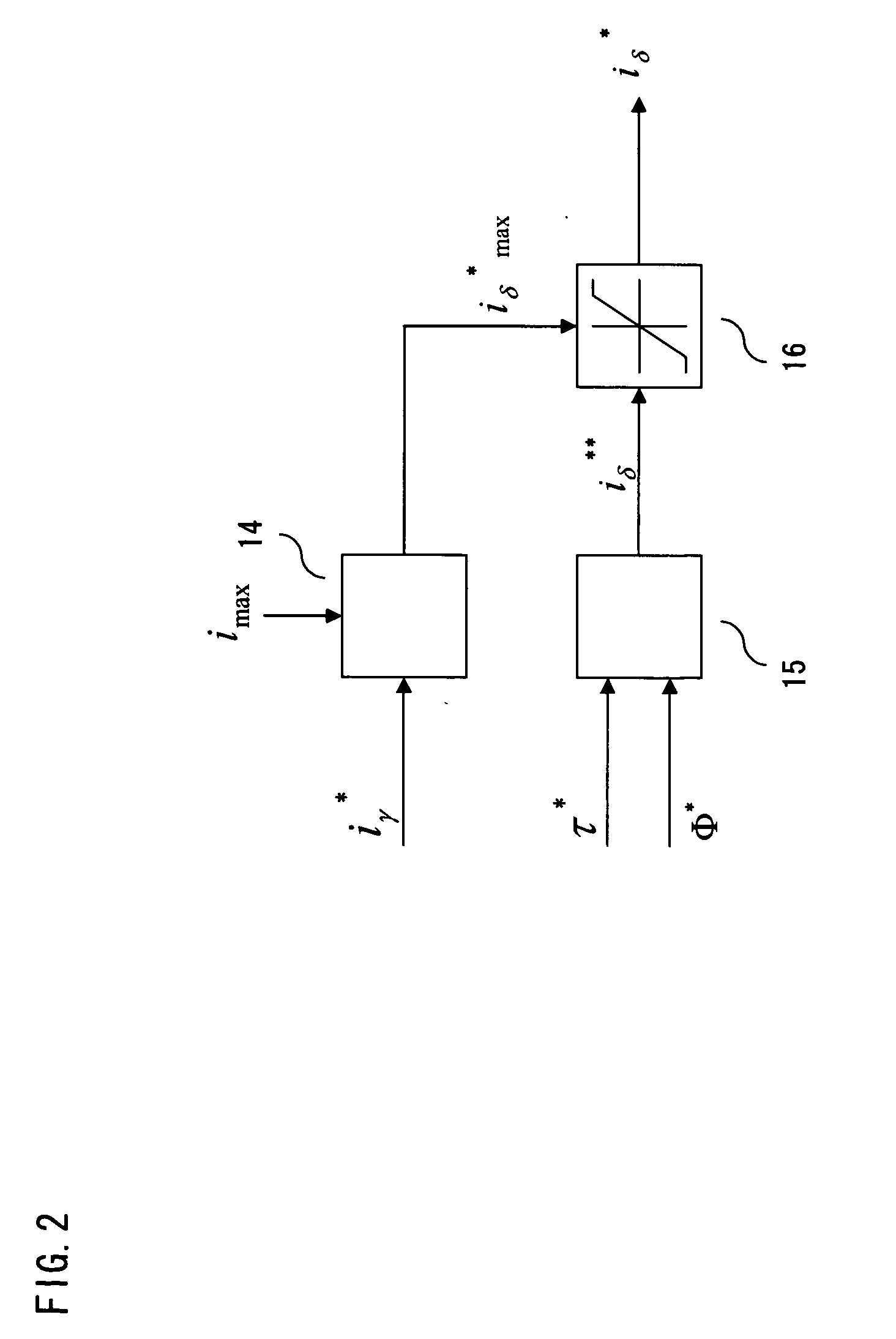Patents
Literature
267results about How to "Output maximization" patented technology
Efficacy Topic
Property
Owner
Technical Advancement
Application Domain
Technology Topic
Technology Field Word
Patent Country/Region
Patent Type
Patent Status
Application Year
Inventor
Implantable medical device for monitoring cardiac blood pressure and chamber dimension
InactiveUS20050027323A1Maximize cardiac outputConvenient timeCatheterHeart stimulatorsSonificationHeart chamber
Implantable medical devices (IMDs) for monitoring signs of acute or chronic cardiac heart failure by measuring cardiac blood pressure and mechanical dimensions of the heart and providing multi-chamber pacing optimized as a function of measured blood pressure and dimensions are disclosed. The dimension sensor or sensors comprise at least a first sonomicrometer piezoelectric crystal mounted to a first lead body implanted into or in relation to one heart chamber that operates as an ultrasound transmitter when a drive signal is applied to it and at least one second sonomicrometer crystal mounted to a second lead body implanted into or in relation to a second heart chamber that operates as an ultrasound receiver. The ultrasound receiver converts impinging ultrasound energy transmitted from the ultrasound transmitter through blood and heart tissue into an electrical signal. The time delay between the generation of the transmitted ultrasound signal and the reception of the ultrasound wave varies as a function of distance between the ultrasound transmitter and receiver which in turn varies with contraction and expansion of a heart chamber between the first and second sonomicrometer crystals. One or more additional sonomicrometer piezoelectric crystal can be mounted to additional lead bodies such that the distances between the three or more sonomicrometer crystals can be determined. In each case, the sonomicrometer crystals are distributed about a heart chamber such that the distance between the separated ultrasound transmitter and receiver crystal pairs changes with contraction and relaxation of the heart chamber walls.
Owner:MEDTRONIC INC
Adaptive vehicle communication controlled lighting system
ActiveUS7541743B2Output maximizationInterference minimizationVehicle headlampsOptical signallingLight beamEngineering
A vehicle safety system (10) includes a light source (32). A beam-forming assembly (34) is optically coupled to the light source (32). An object detection sensor (16) detects an object and generates an object detection signal. A controller (18) is coupled to the beam-forming assembly (34) and the object detection sensor (16). The controller (18) adjusts illumination output of the vehicle safety system (10) in response to the object detection signal.
Owner:FORD GLOBAL TECH LLC
Power conversion system and method providing maximum efficiency of power conversion for a photovoltaic system, and photovoltaic system employing a photovoltaic array and an energy storage device
InactiveUS20110232714A1Increase costInstallation be highDc network circuit arrangementsBatteries circuit arrangementsPower inverterTransformer
A power conversion system includes a number of photovoltaic arrays, a number of inverters, a transformer, and processor. The processor is structured to control the number of inverters and operate the power conversion system to provide maximum efficiency of power conversion by the number of photovoltaic arrays, the number of inverters and the transformer, and to maximize power output from the number of photovoltaic arrays.
Owner:EATON INTELLIGENT POWER LIMITED
Cardiac stimulation device for optimizing cardiac output with myocardial ischemia protection
InactiveUS6865420B1Reduce demandReduce detectionHeart stimulatorsCardiac muscleIntracardiac Electrogram
A cardiac stimulation device and method detect myocardial ischemia and provide a response for alleviating the ischemia. Myocardial ischemia is detected by identifying changes in the ST-segment of the intracardiac electrogram (EGM) sensed using large sensing electrode surfaces created by electrically coupling one or more cardiac electrodes or by using larger surface area shocking coils. Myocardial ischemia monitoring is performed when stimulation parameters are adjusted for increasing cardiac output, causing an increased metabolic demand to be placed on the myocardium itself. When myocardial ischemia is detected, stimulation parameters are re-adjusted to reduce the demand placed on the myocardium and thereby alleviate the ischemia.
Owner:PACESETTER INC
Implantable medical device for measuring mechanical heart function
InactiveUS6959214B2Output maximizationPrecise positioningHeart stimulatorsProper treatmentHeart chamber
An implantable device for measuring mechanical heart function of selected heart chambers using a heart contraction detection system that includes a magnetic field sensor. The system may be used for monitoring signs of acute or chronic cardiac heart failure, to enable diagnosis of the condition of the heart, to prescribe appropriate therapies, and to assess delivered pacing therapies. Distance measurements within the heart are made using the magnetic field sensor which is implanted at a sensor site in or on one of the right or left ventricle. A magnet implanted at a site relative to the other of the left or right heart ventricle is sufficiently spaced at a distance that fluctuates with expansion and contraction of the ventricles. The magnetic field sensor provides a sensor output signal having a signal magnitude proportional to the magnetic field strength of the magnet, and which is indicative of changing cardiac dimensions.
Owner:MEDTRONIC INC
Power converter for a solar panel
ActiveUS8102144B2Increase capacityReduce complexityBatteries circuit arrangementsPV power plantsElectricityControl system
Owner:SOLAREDGE TECH LTD
Method for monitoring a physiologic parameter of patients with congestive heart failure
A method of monitoring physiological parameters for diagnosis and treatment of congestive heart failure in a patient. The method includes implanting at least one sensing device in a cavity of the patient's cardiovascular system, preferably so that the sensing device passes through and is anchored to a septum of the heart and, to minimize the risk of thrombogenicity, a larger portion of the sensing device is located in the right side of the heart and a smaller portion of the sensing device is located in the left side of the heart. Electromagnetic telecommunication and / or wireless powering of the sensing device is performed with an external readout device. The method can be used to perform effective monitoring, management, and tailoring of treatments for patients suffering from congestive heart failure, as well as many other diseases.
Owner:UIM PRESSURE IMPLANT INC
OLED display with photosensor
InactiveUS6933532B2Maximizing light outputOutput maximizationElectroluminescent light sourcesSolid-state devicesOpto electronicPhotoelectric sensor
An OLED display including: a transparent electrode; a reflective electrode having a transparent window; a light emissive layer disposed between the transparent electrode and the reflective electrode; and a photosensor located under the transparent window of the reflective electrode to sense light produced by the light emissive layer.
Owner:GLOBAL OLED TECH
Enhanced perception lighting
InactiveUS7315241B1Facilitate cognitionImprove user perceptionElectrical apparatusElectric lighting sourcesDisplay deviceEffect light
The present invention relates to an enhanced perception lighting (EPL) system for providing enhanced perception of a user's physical environment. The EPL system comprises a sensor module for detecting and sampling a physical aspect from at least one point in a physical environment and for generating an observation signal based on the physical aspect; a processor module coupled with the sensor module for receiving the observation signal, processing the observation signal, and generating an output signal based on the observation signal; and a projection display module located proximate the sensor module and communicatively connected with the processor module for projecting a display onto the at least one point in the physical environment based upon the output signal. The system allows a user to gather information from the physical environment and project that information onto the physical environment to provide the user with an enhanced perception of the physical environment.
Owner:HRL LAB
High efficiency ultraviolet light emitting diode with band structure potential fluctuations
ActiveUS20140103289A1Improve efficiencyFacilitates electron injectionSemiconductor/solid-state device manufacturingSemiconductor devicesSemiconductor materialsUltraviolet light emitting diodes
A method of growing an AlGaN semiconductor material utilizes an excess of Ga above the stoichiometric amount typically used. The excess Ga results in the formation of band structure potential fluctuations that improve the efficiency of radiative recombination and increase light generation of optoelectronic devices, in particular ultraviolet light emitting diodes, made using the method. Several improvements in UV LED design and performance are also provided for use together with the excess Ga growth method. Devices made with the method can be used for water purification, surface sterilization, communications, and data storage and retrieval.
Owner:TRUSTEES OF BOSTON UNIV
Solar photovoltaic output for cloudy conditions with a solar tracking system
ActiveUS20070084502A1Maximize its energy outputEasy to usePhotovoltaic supportsSolar heating energyIlluminanceEngineering
An array of solar powered photovoltaic modules is optimally oriented and operated to provide more electrical energy for uses such as powering an electrolyzer system for hydrogen production. The array is positioned with its light receiving surface at an optimal angle, preferably a continually changing angle determined by two-axis solar tracking, when continually measured solar irradiance indicates suitable sunlight, and at a horizontal position when measured solar irradiance indicates excessive atmospheric cloudiness.
Owner:GM GLOBAL TECH OPERATIONS LLC
Gas turbine inlet conditioning system and method
ActiveUS7644573B2Maximize efficiencyOutput maximizationGas turbine plantsSteam engine plantsSystems designEngineering
A system capable of both increasing warm day output and maintaining compressor operating margin across the ambient and load range of a gas turbine combined cycle installation. The proposed solution takes advantage of the fact that both goals can be satisfied by manipulation of compressor inlet air temperature. Specifically, the system is designed to heat inlet air as may be required to maintain safe compressor operating margin at low ambient air temperatures or when burning dilute fuels. In the alternative, the system is designed to cool inlet air on warm days.
Owner:GE INFRASTRUCTURE TECH INT LLC
Multiphase power supply with series connected power cells with failed cell bypass
InactiveUS6222284B1Maximize line-to-line voltageReducing peak voltage demandBatteries circuit arrangementsHigh-tension/heavy-dress switchesCombined usePeak value
A high output level is maintained in power supplies having multiple cells in each leg. Failed cells in any leg are bypassed to provide a current path through the respective leg. All of the unfailed cells are utilized while maintaining equal magnitude between phases and a balance phase relationship in the line-to-line output voltage. The invention may be utilized in conjunction with a peak voltage reduction circuit, and a by-pass switch.
Owner:SIEMENS ENERGY & AUTOMATION INC
Multiple lamp lighting fixture
InactiveUS6120164AOutput maximizationEnergy efficiencyLighting applicationsMechanical apparatusEffect lightMulti beam
Owner:LUMINARIA
Vibrating element liquid discharging apparatus having gas pressure sensing
InactiveUS6978779B2Avoid the needOutput maximizationRespiratorsOperating means/releasing devices for valvesElectricityPneumatic pressure
A nebulizer determines the pressure and flow direction of the receiving gas for atomized liquid. A member of the apparatus is subjected to pressure exerted by the gas. The member is coupled to a bi-directional mechanical-electrical conversion element, such as a piezoelectric element, to form a pressure transducer. The member exerts a mechanical loading on the element responsive to the gas pressure to which it is subjected. In one embodiment, the element mechanically vibrates responsive to alternating electrical energization to discharge the liquid into the gas. The electrical admittance of the element is alterable by the mechanical loading applied to the element by the member. The difference between admittances measured in the loaded condition of the element and in an unloaded condition at the selected energization frequency is an indication of the pressure of the gas. By observing whether the magnitude of the admittance in the loaded state is greater or less than that in the unloaded state, the flow direction of the gas may also be determined. Or the flow direction may be determined by observing the changes in admittance as the frequency of the electrical energization is varied. In another embodiment, the piezoelectric element is not energized. The electrical output of the element, when subjected to a mechanical loading from the gas pressure, is used to detect gas pressures and / or as an indication of the gas pressure.
Owner:INSTRUMENTARIUM CORP
System for monitoring the physiologic parameters of patients with congestive heart failure
InactiveUS7615010B1Medication convenienceOutput maximizationElectrotherapyCatheterDiseaseDevice implant
A telemetric sensing system for monitoring physiological parameters for diagnosis and treatment of congestive heart failure in a patient. This system includes one or more implantable sensing devices implanted in a cavity of the patient's cardiovascular system, and a non-implantable reader unit. The implantable sensing device has an inductor and at least one sensor with an option of having electronic components, as well as a mechanism for anchoring the device inside the patient's body. The external readout device has at least one inductor coil with a telemetric device that provides for at least one of electromagnetic telecommunication and wireless powering of the sensing device. This wireless system provides a means for effective monitoring, management and tailoring of treatments for patients suffering from congestive heart failure as well as many other diseases.
Owner:UIM PRESSURE IMPLANT INC
External resonator/cavity electrode-less plasma lamp and method of exciting with radio-frequency energy
ActiveUS7291985B2Increase rangeReduce the cost of the whole lampMagnetronsAlternating current plasma display panelsCapacitanceRadio frequency energy
Described is a plasma electrode-less lamp. The device comprises an electromagnetic resonator and an electromagnetic radiation source conductively connected with the electromagnetic resonator. The device further comprises a pair of field probes, the field probes conductively connected with the electromagnetic resonator. A gas-fill vessel is formed from a closed, transparent body, forming a cavity. The gas-fill vessel is not contiguous with (detached from) the electromagnetic resonator and is capacitively coupled with the field probes. The gas-fill vessel further contains a gas within the cavity, whereby the gas is induced to emit light when electromagnetic radiation from the electromagnetic radiation source resonates inside the electromagnetic resonator, the electromagnetic resonator capacitively coupling the electromagnetic radiation to the gas, which becomes a plasma and emits light.
Owner:TOPANGA USA
LED with light-conversion layer
InactiveUS20100117106A1Maximize yellow light outputUniform white lightSemiconductor/solid-state device manufacturingSemiconductor devicesEpoxyLight equipment
A lighting apparatus includes a light-emitting diode (LED). A light-conversion layer having multiple non-overlapping regions overlies the light-emitting diode. The light-conversion layer includes at least one first region and at least one second region. In the lighting apparatus, the light-emitting diode is configured to emit light of a first color, the at least one first region is substantially transparent to light of the first color, and the at least one second region converts light of the first color to light of a second color. In an embodiment, the light-conversion layer is configured such that the lighting apparatus provides substantially uniform light of a third color. In some embodiments, the second region includes a phosphor-containing material, and the first region includes silicone or epoxy. In an example, the lighting apparatus uses a blue LED in conjunction with a yellow phosphor material to produce white light.
Owner:LEDENGIN
Control system for wind turbine
InactiveUS20080086281A1Maximize its energy outputMaintaining design lifeWind motor controlEngine fuctionsHorizonControl system
A control system for a wind turbine comprises: a sensor arrangement for capturing measures related to the turbine operation and fatigue accumulation; an upper level controller, which, on the basis of a statistical treatment of said measures, calculates optimized control settings at discrete points of time; a measurement module which processes said measures into instantaneous values; and a lower level controller that receives said control settings and said instantaneous values and calculates instantaneous optimal commands to control turbine actuators. The lower level controller comprises a continuous-time damage model which calculates the rate at which damage is accumulated at any time, and an optimal controller which controls operational states of the turbine, either by directly giving feedback of the instantaneous values to the actuators, or by generating a turbine performance objective function which is continuously optimized by repeatedly solving a receding horizon optimization problem.
Owner:ECOTECNIA ENERGIAS RENOVABLES +1
Compact swirl augmented afterburners for gas turbine engines
InactiveUS6895756B2Efficient flame propagationBurn quicklyTurbine/propulsion fuel supply systemsContinuous combustion chamberCombustion instabilityCombustion chamber
An afterburner apparatus that utilizes a novel swirl generator for rapidly and efficiently atomizing, vaporizing, as necessary, and mixing a fuel into an oxidant. The swirl generator converts an oxidant flow into a turbulent, three-dimensional flowfield into which the fuel is introduced. The swirl generator effects a toroidal outer recirculation zone and a central recirculation zone, which is positioned within the outer recirculation zone. These recirculation zones are configured in a backward-flowing manner that carries heat and combustion byproducts upstream where they are employed to continuously ignite a combustible fuel / oxidizer mixture in adjacent shear layers. The recirculation zones accelerate flame propagation to allow afterburning to be completed in a relatively short length. Inherent with this swirl afterburner concept are design compactness, light weight, lower cost, smooth and efficient combustion, high thrust output, wide flammability limits, continuous operation at stoichiometric fuel / oxidizer mixture ratios, no combustion instabilities, and relatively low pressure losses.
Owner:THE BOEING CO +1
Apparatus, method, and system for independent aiming and cutoff steps in illuminating a target area
ActiveUS20130250556A1Easy to controlReduced EPAMechanical apparatusLighting support devicesProject areaEffect light
Presented is a design of modular LED lighting fixture whereby the steps of light directing and light redirecting are independent, but cooperative, so to promote a compact fixture design with low effective projected area (EPA), good thermal properties, and a selectable degree of glare control. A lighting system employing a plurality of said fixtures is highly customizable yet has the potential to be pre-aimed and pre-assembled prior to shipping, which reduces the potential for installation error while preserving the customized nature of the fixtures.
Owner:MUSCO
Vertical juicer with compression strainer device
InactiveUS20130074708A1Output maximizationIncrease nutritional contentJuice extractionEggs preservationGear systemEngineering
A vertical juicer adapted to extract juice from a food including a bowl and a motor connected to the bowl. The vertical juicer also has a filter disposed in the bowl, an auger disposed in the filter, and a brush disposed between the bowl and the filter. A gear system includes a first gear disposed on the auger and a second gear disposed on the brush. Actuation of the auger by the motor causes the auger and first gear to rotate, and rotation of the first gear causes the second gear to rotate. Rotation of the second gear causes the brush to rotate around the filter and remove a food residue from the filter.
Owner:GREENFIELD WORLD TRADE
Auto optimizing control system for organic rankine cycle plants
InactiveUS20110203278A1Maximize efficiencyOutput maximizationWind motor controlPump componentsWorking fluidOrganic Rankine cycle
A waste heat recovery plant control system includes a programmable controller configured to generate expander speed control signals, expander inlet guide vane pitch control signals, fan speed control signals, pump speed control signals, and valve position control signals in response to an algorithmic optimization software to substantially maximize power output or efficiency of a waste heat recovery plant based on organic Rankine cycles, during mismatching temperature levels of external heat source(s), during changing heat loads coming from the heat sources, and during changing ambient conditions and working fluid properties. The waste heat recovery plant control system substantially maximizes power output or efficiency of the waste heat recovery plant during changing / mismatching heat loads coming from the external heat source(s) such as the changing amount of heat coming along with engine jacket water and its corresponding exhaust in response to changing engine power.
Owner:AI ALPINE US BIDCO INC
Self-Adjusting Light-Emitting Diode Optical System
ActiveUS20130258677A1Maximizes usable light outputMinimizes wasted lightLighting heating/cooling arrangementsOptical signallingDirect responseLight-emitting diode
A mounting assembly for a lighting fixture includes a fixture shield and an optic housing coupled at least in part to the fixture shield and having a light-emitting surface. The assembly further includes a heat sink movably coupled to the fixture shield in an initial low position, the heat sink being self-adjusting to one or more high positions relative to the fixture shield in direct response to displacement caused by one or more objects contained within the optic housing.
Owner:ABL IP HLDG
High efficiency positive displacement thermodynamic system
ActiveUS8424284B2Without decreasing volumetric efficiencySave heatInternal combustion piston enginesCombination enginesPower modeWorking fluid
Devices and methods for moving a working fluid through a controlled thermodynamic cycle in a positive displacement fluid-handling device (20, 20′, 20″) with minimal energy input include continuously varying the relative compression and expansion ratios of the working fluid in respective compressor and expander sections without diminishing volumetric efficiency. In one embodiment, a rotating valve plate arrangement (40, 42, 44, 46) is provided with moveable apertures or windows (48, 50, 56, 58) for conducting the passage of the working fluid in a manner which enables on-the-fly management of the thermodynamic efficiency of the device (20) under varying conditions in order to maximize the amount of mechanical work needed to move the target quantity of heat absorbed and released by the working fluid. When operated in refrigeration modes, the work required to move the heat is minimized. In power modes, the work extracted for the given input heat is maximized.
Owner:STAFFEND GILBERT
Gas turbine inlet conditioning system and method
ActiveUS20070240400A1Maximize efficiencyMaximize power outputGas turbine plantsSteam engine plantsSystems designAmbient air
A system capable of both increasing warm day output and maintaining compressor operating margin across the ambient and load range of a gas turbine combined cycle installation. The proposed solution takes advantage of the fact that both goals can be satisfied by manipulation of compressor inlet air temperature. Specifically, the system is designed to heat inlet air as may be required to maintain safe compressor operating margin at low ambient air temperatures or when burning dilute fuels. In the alternative, the system is designed to cool inlet air on warm days.
Owner:GENERAL ELECTRIC CO
Hover Installed Renewable Energy Tower
InactiveUS20070090653A1Low costImprove output efficiencyWind motor with solar radiationEngine manufactureEngineeringTower
Owner:MARTELON DAVID R
Premix Burner With Mixing Section
InactiveUS20070259296A1Optimize flowLow emissionCombustion using gaseous and pulverulent fuelContinuous combustion chamberEngineeringMutually Defined
A premix burner has a mixing section (3) for a heat generator, sectional conical shells (5) which complement one another to form a swirl body, enclose a conically widening swirl space (6), and mutually define tangential air-inlet slots (7), along which feeds (8) for gaseous fuel are provided in a distributed manner, having at least one fuel feed (11) for liquid fuel, this fuel feed (11) being arranged along a burner axis (A) passing centrally through the swirl space (6), and having a mixing tube (4) adjoining the swirl body downstream via a transition piece (2). At least one additional fuel feed (13) for liquid fuel is provided in the region of the swirl body, the transition piece (2), and / or the mixing tube (4).
Owner:ANSALDO ENERGIA SWITZERLAND AG
Microstructure with enlarged mass and electrode area for kinetic to electrical energy conversion
InactiveUS7880246B2Output maximizationIncrease the areaAcceleration measurement using interia forcesSemiconductor/solid-state device detailsCapacitanceBiomedical engineering
A microstructure has a substrate, a fixed electrode having a plurality of fixed fingers fixed to the substrate, a movable electrode having a body (28) and a plurality of fingers (22) extending from the body, the movable electrode being movable relative to the fixed fingers to vary a capacitance of the electrodes. The fixed fingers (21) extend in a first plane parallel to a main surface of the substrate, wherein the body of the movable electrode extends in a second plane adjacent to the first plane so that the body faces at least some of the plurality of fixed fingers. Such vertical integration can help enable such devices to be made more compact.
Owner:STICHTING IMEC NEDERLAND
Synchronous Machine Control Apparatus
InactiveUS20080191656A1Output maximizationCommutation monitoringSynchronous motors startersMaximum torqueCurrent limiting
A synchronous machine control apparatus which can produce a torque level as close as possible to a desired torque command level while considering limitations on an output current of a power conversion unit. A synchronous machine control apparatus includes a torque current command generator including a torque current calculator for calculating a torque current command iδ** from a torque command τ* and a flux command φ*, a torque current limit generator for generating a maximum torque current command value iδ*max that can be generated based on a magnetizing current command iγ* and a current limit value imax, and a limiter for imposing limitations on iγ** based on iγ*max, a flux command generator for calculating the flux command φ* based on iγ* fed from the torque current command generator, a flux calculator for calculating an interlinked armature flux feedback value |Φ| based on an armature current feedback value, and a flux controller for generating the magnetizing current command iγ* such that φ* and |Φ| coincide with each other and delivering iγ* to the torque current command generator.
Owner:MITSUBISHI ELECTRIC CORP
Features
- R&D
- Intellectual Property
- Life Sciences
- Materials
- Tech Scout
Why Patsnap Eureka
- Unparalleled Data Quality
- Higher Quality Content
- 60% Fewer Hallucinations
Social media
Patsnap Eureka Blog
Learn More Browse by: Latest US Patents, China's latest patents, Technical Efficacy Thesaurus, Application Domain, Technology Topic, Popular Technical Reports.
© 2025 PatSnap. All rights reserved.Legal|Privacy policy|Modern Slavery Act Transparency Statement|Sitemap|About US| Contact US: help@patsnap.com
